Le blog CookieHub : votre ressource incontournable pour naviguer dans l'intersection changeante entre la confidentialité des données et les réglementations mondiales en matière de confidentialité, la conformité des cookies et la gestion du consentement.
Que vous cherchiez des informations sur les dernières lois sur la confidentialité des données (RGPD), le CCPA, la LGPD et autres lois, ou que vous souhaitiez comprendre les subtilités de la gestion des cookies et du consentement, ce blog est fait pour vous.
Notre blog couvre les lois sur la confidentialité et fournit des informations sur les dernières réglementations, notamment le RGPD, le CCPA, la LGPD et la CNIL. Restez informé des dernières avancées en matière de conformité des cookies ici.
Nous aidons les marketeurs, les développeurs et les chefs d'entreprise à rester conformes, à instaurer la confiance et à pérenniser les expériences numériques des utilisateurs du monde entier.
CookieHub prend désormais pleinement en charge la norme IAB TCF v2.3.
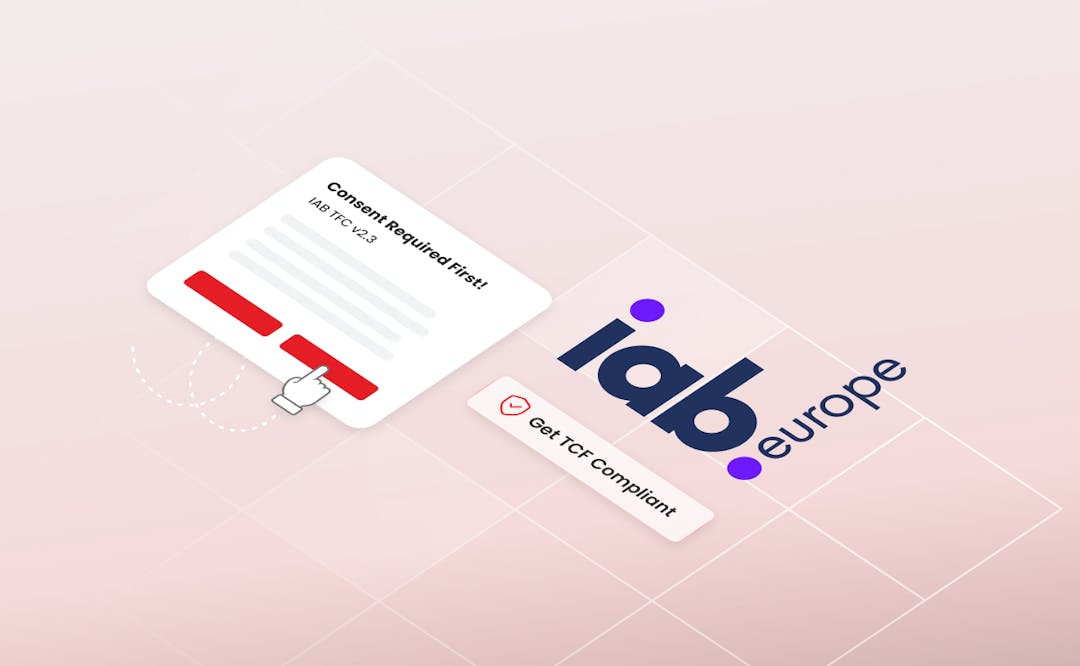
CookieHub version 2.8.15 est désormais entièrement compatible avec la norme IAB TCF v2.3 et introduit un signal explicite de « fournisseurs déclarés » pour une meilleure clarté juridique. Cette mise à jour rétrocompatible garantit la conformité aux dernières normes IAB Europe sans nécessiter de modifications de l'interface utilisateur. Les utilisateurs peuvent facilement effectuer la mise à jour via le tableau de bord CookieHub pour une conformité optimale et toujours à jour.
Blockchain, consentement et RGPD : naviguer dans le labyrinthe de la protection de la vie privée dans un monde décentralisé
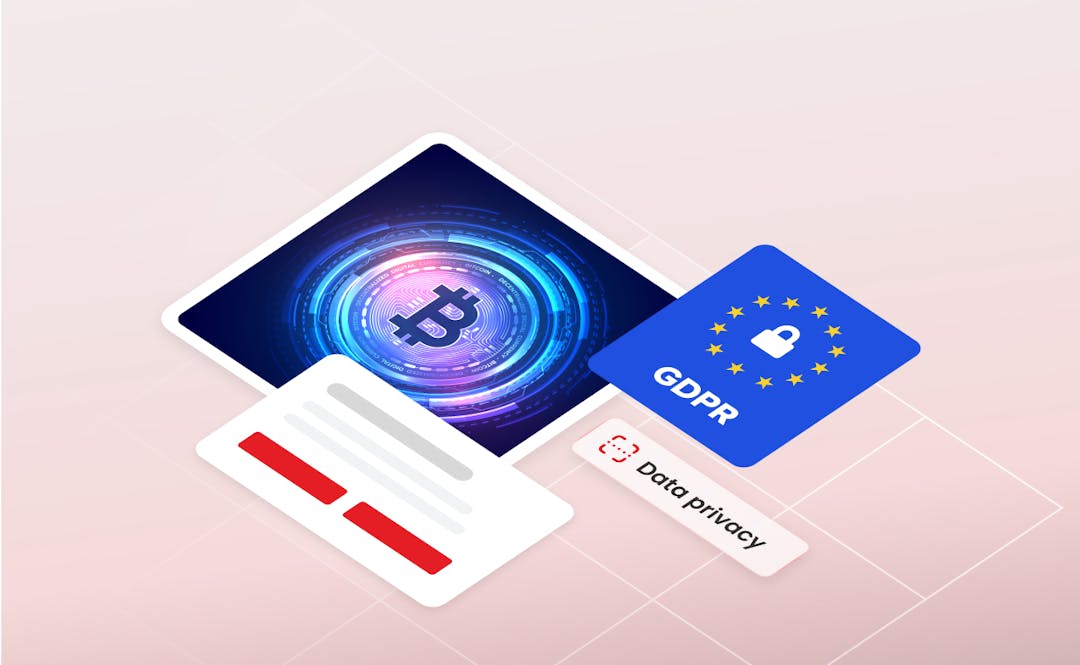
Ce blog explore la tension entre l'immuabilité de la blockchain et les exigences de confidentialité du RGPD. Il met en lumière le conflit entre la décentralisation et le « droit à l'oubli », tout en détaillant les lignes directrices du CEPD en matière de conformité. Grâce au stockage hors chaîne, au chiffrement et à des passerelles de consentement robustes, les développeurs peuvent innover de manière responsable tout en protégeant les droits fondamentaux des utilisateurs sur leurs données.
Quand tradition et confidentialité se rencontrent : les secteurs non numériques aux prises avec la gouvernance des données et le consentement
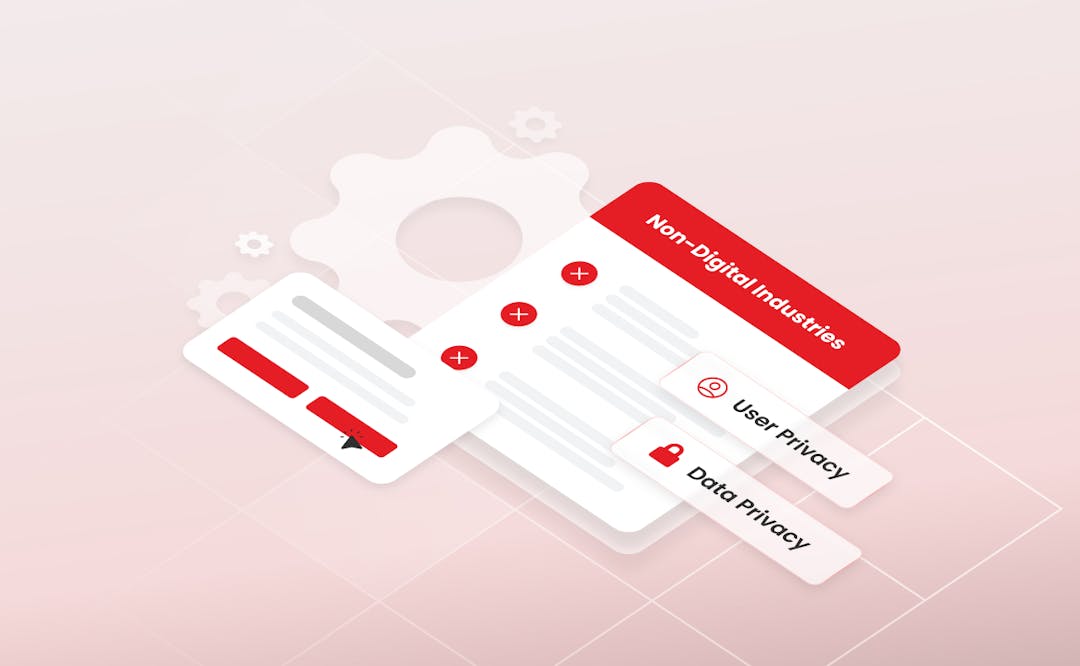
Les secteurs non numériques, comme l'industrie manufacturière et la construction, peinent à garantir la confidentialité des données en raison de systèmes hérités fragmentés et de résistances culturelles. Confrontées à une réglementation complexe et à la recrudescence des cyberattaques, ces entreprises « analogiques » doivent impérativement obtenir l'adhésion de leur direction et adopter des plateformes modernes de gestion du consentement afin de transformer les contraintes de conformité en un gage de confiance et de résilience opérationnelle.
Quand les données circulent sans consentement
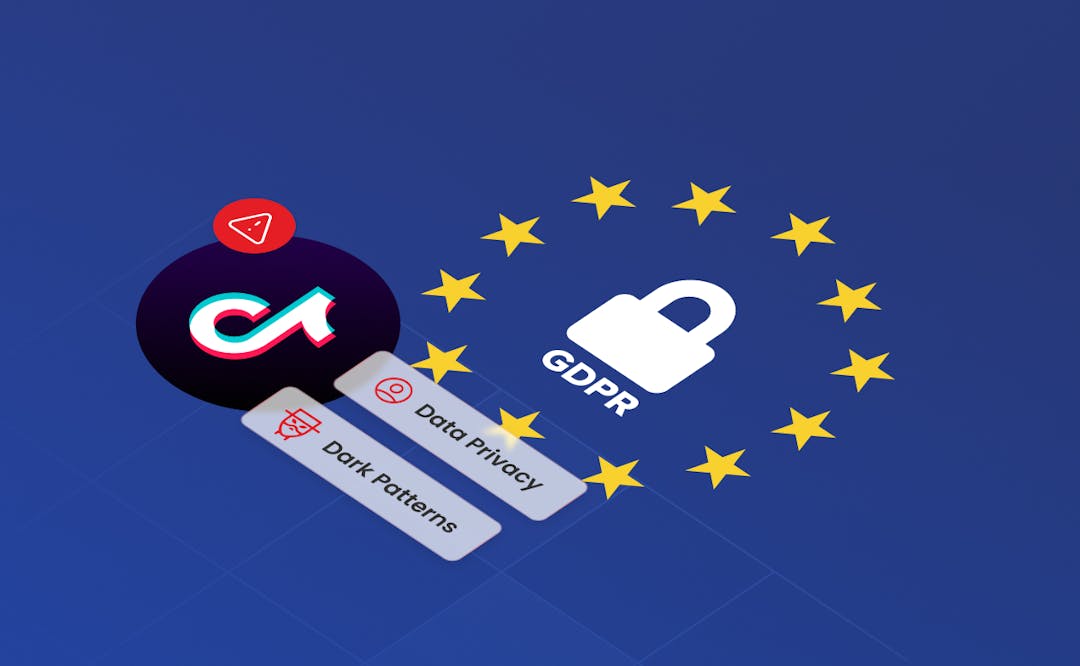
TikTok a écopé d'une amende colossale de 530 millions d'euros au titre du RGPD pour avoir transféré illégalement des données d'utilisateurs européens vers la Chine sans consentement ni protection adéquats, mettant ainsi en lumière un problème majeur de protection de la vie privée. Un consentement insuffisant, des pratiques trompeuses et des mentions d'information vagues érodent la confiance. Les solutions exigent une transparence accrue, une conception flexible et une application stricte de la loi afin de garantir que les données ne soient transférées que lorsque l'autorisation est explicitement donnée.
Quel est l'avenir de la publicité ciblée dans un monde où le consentement prime ?
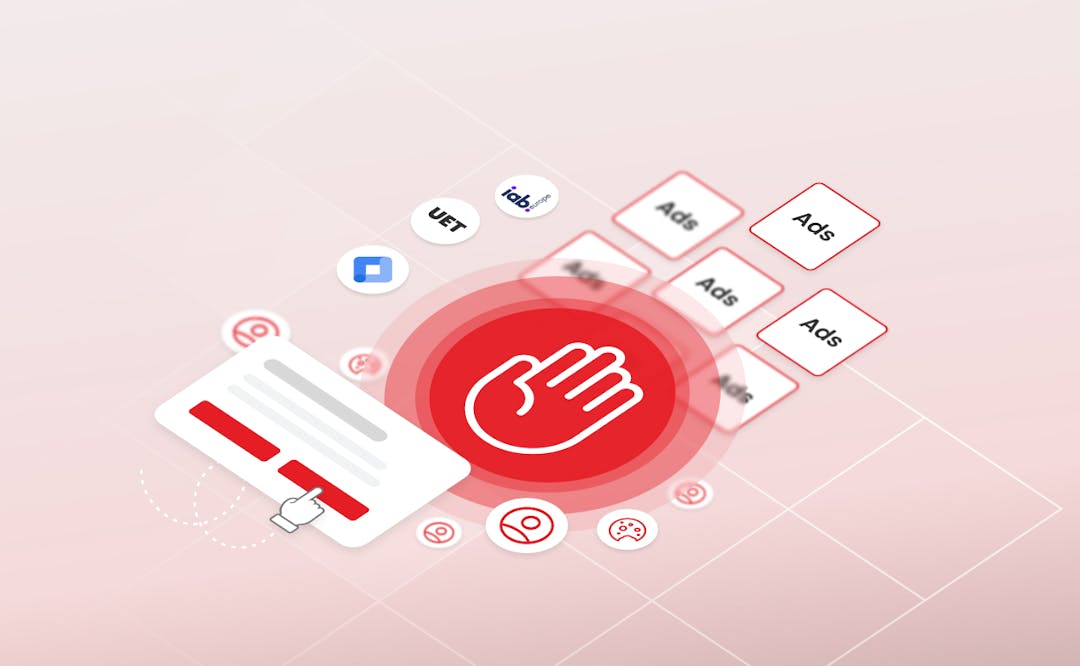
L’affaire O’Carroll contre Meta met en lumière l’importance croissante accordée par les autorités de réglementation au consentement des utilisateurs et à la publicité ciblée. Des organismes comme l’ICO (Information Commissioner’s Office) affirment que les publicités ciblées relèvent du marketing direct et sont soumises au RGPD. Les entreprises doivent respecter le droit de retrait, éviter les pratiques trompeuses et obtenir un consentement libre et éclairé afin de gagner la confiance des consommateurs et de garantir leur conformité.
Les réglementations en matière de protection de la vie privée et les mécanismes de consentement suivent-ils le rythme des nouvelles technologies ?
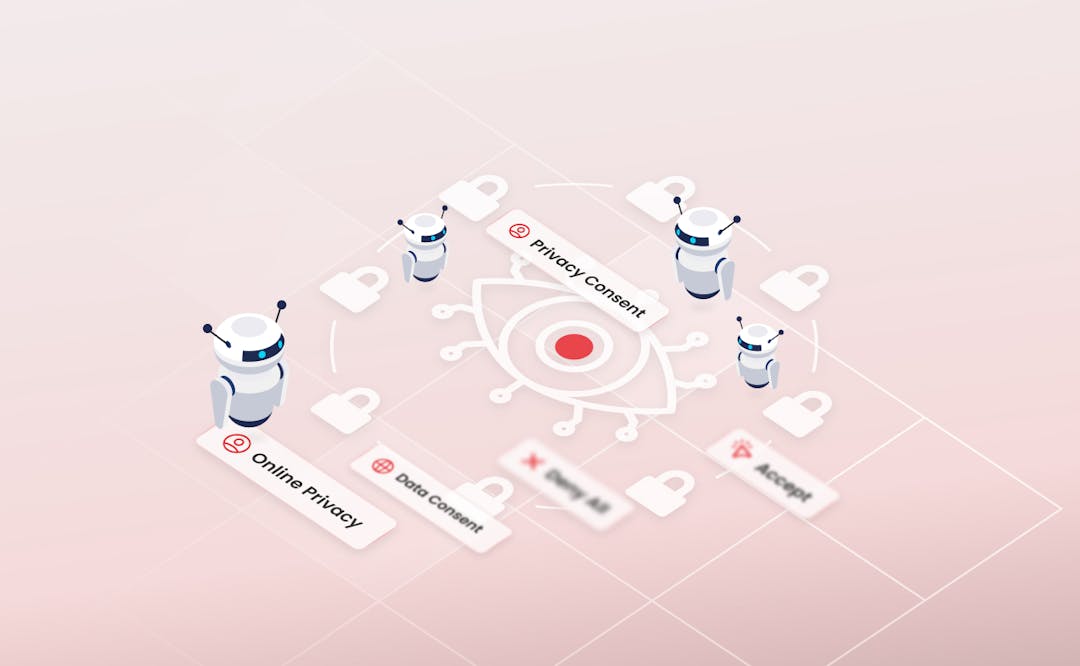
Les lois fragmentaires sur la protection de la vie privée et les modèles de consentement lents et obsolètes ne peuvent rivaliser avec l'essor fulgurant de l'IA, des neurotechnologies et de la surveillance. La réglementation se développe de manière inégale, créant des lacunes en matière de données neuronales, de profilage et de chiffrement. Le consentement statique demeure insuffisant. Sans cadres unifiés, dynamiques et intégrant la protection de la vie privée dès la conception, les organisations risquent de prendre du retard et d'exposer les utilisateurs à une exploitation incontrôlée de leurs données.
La vie privée : le droit le plus précieux de tous
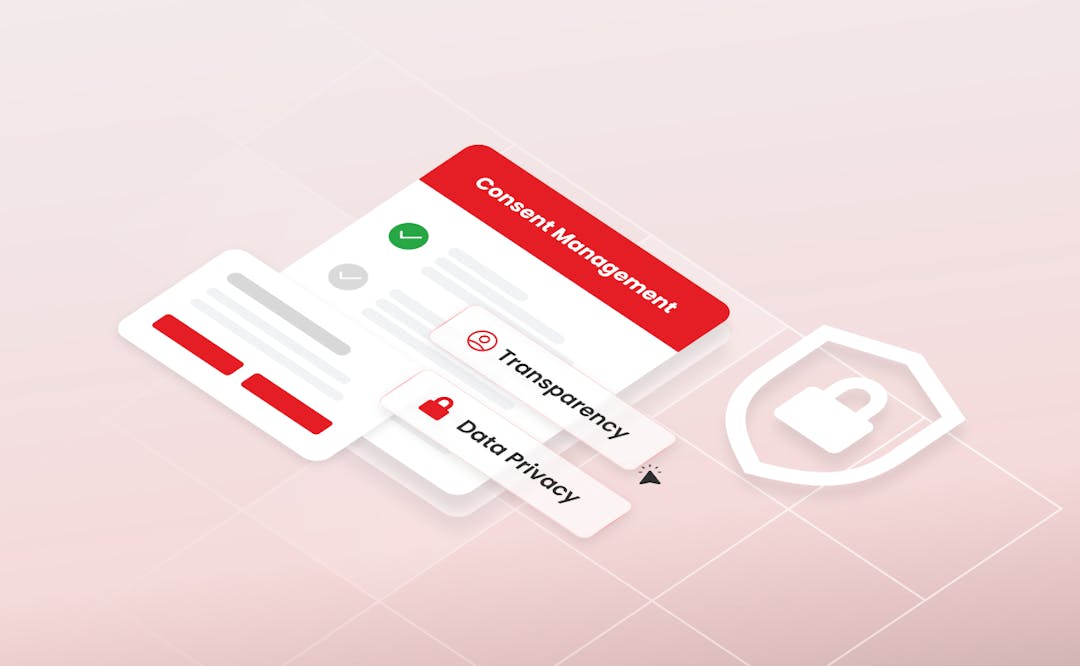
La protection de la vie privée est mise à rude épreuve par la collecte massive de données, les pratiques trompeuses et le manque de rigueur dans le processus de consentement. Les individus perdent en autonomie tandis que les entreprises s'exposent à des risques juridiques et de réputation. Une gestion du consentement véritablement transparente est indispensable : elle garantit le contrôle, la conformité et la confiance. L'utilisation éthique et ciblée des données, ainsi que des politiques de gestion du consentement robustes, constituent désormais le minimum requis pour des opérations numériques responsables.
Où en sont les cookies de suivi et le consentement aux cookies ?
Les autorités de régulation renforcent leurs exigences en matière de consentement aux cookies, révélant comment le suivi persiste grâce aux supercookies et aux failles de sécurité. Face à la persistance des cookies tiers, l'application de la réglementation se concentre sur le choix réel de l'utilisateur, et non sur les bannières publicitaires. Au Royaume-Uni, la nouvelle réglementation assouplit les règles pour les utilisations à faible risque, tandis que l'IA transforme la gestion du consentement. L'avenir exige des pratiques de données adaptatives, responsables et fondées sur l'analyse des risques au sein des écosystèmes numériques mondiaux.
Quand « pas de cookies » ne suffit pas : comment les navigateurs vous suivent à la trace
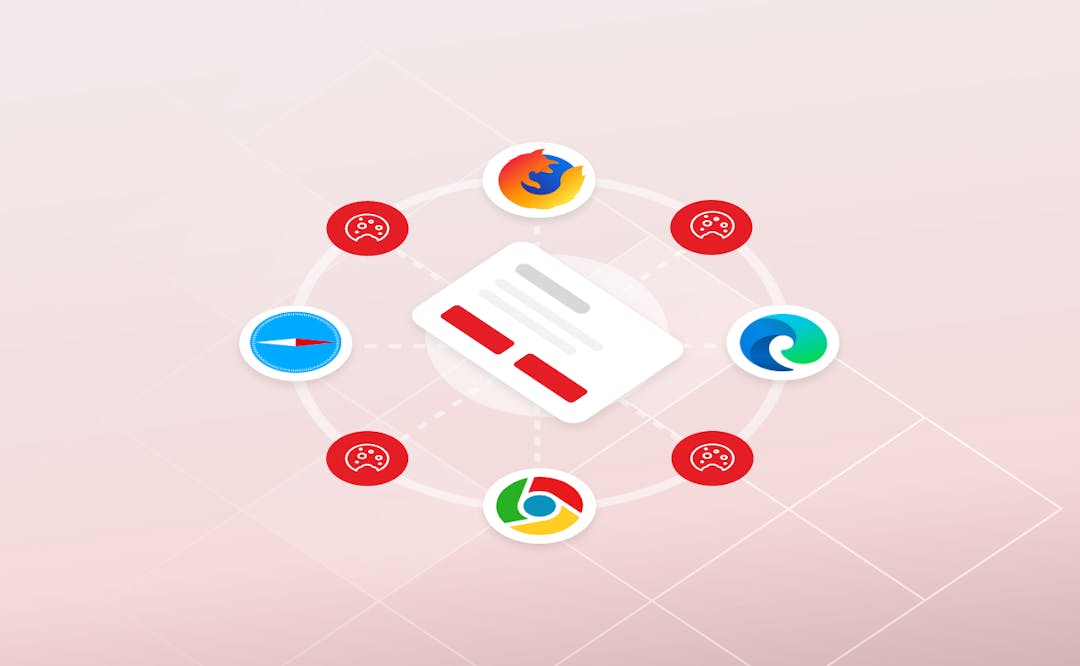
Refuser les cookies n’empêche pas le suivi. De nombreux sites utilisent des cookies non supprimables ou « intraitables », le fingerprinting et les evercookies pour identifier les utilisateurs. Les applications et les navigateurs comme Chrome permettent également le suivi multi-appareils. Une véritable protection de la vie privée exige un consentement plus strict et une meilleure information ; les bannières de cookies ne suffisent pas à se prémunir contre les méthodes de suivi cachées et persistantes d’aujourd’hui.
Repousser les frontières du consentement et de la protection des données : les recours collectifs sans violation de données
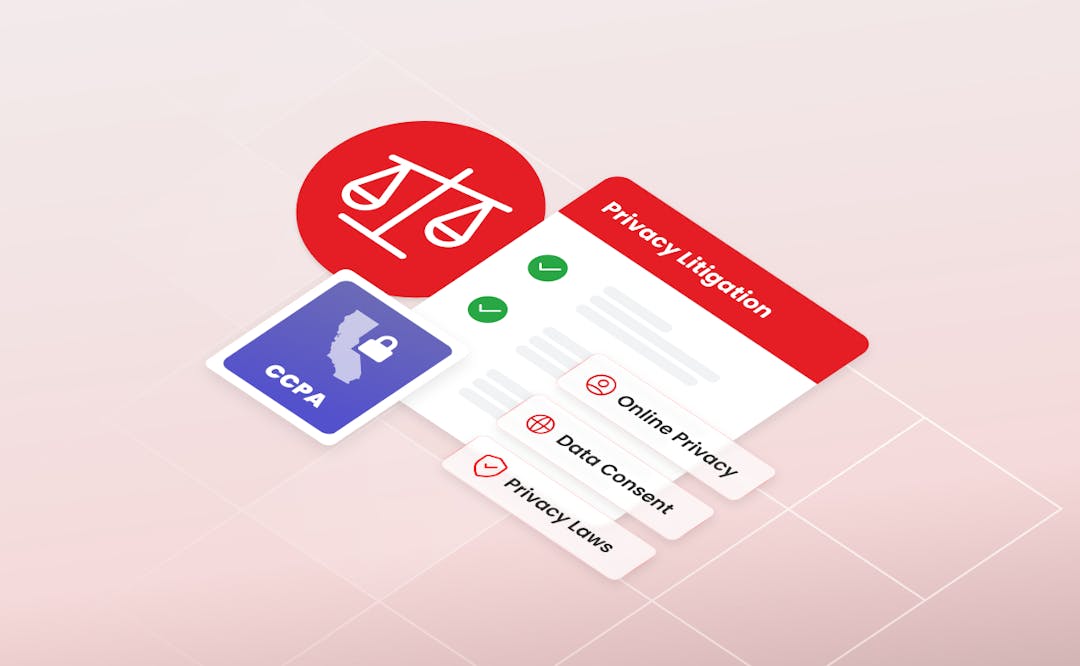
Les litiges relatifs à la protection de la vie privée ne se limitent plus aux violations de données ; ils englobent désormais l’utilisation courante des données, les technologies de suivi et le consentement insuffisant. De nouvelles interprétations de lois telles que le CCPA et le BIPA, ainsi que les réglementations sur les écoutes téléphoniques et la protection de la vie privée en matière de vidéo, alimentent les actions collectives. Les entreprises sont désormais responsables des manquements en matière de consentement, même en l’absence de violation, ce qui souligne la nécessité de mettre en place des mécanismes de consentement robustes.
Soulager la fatigue du consentement : comment une CMP peut vous aider
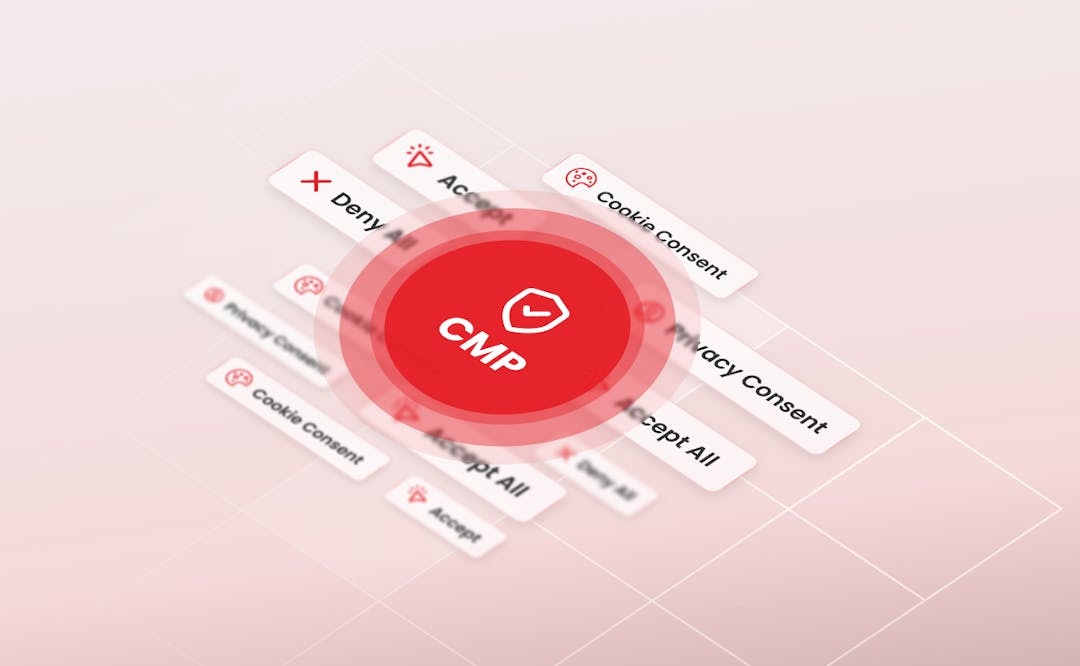
La lassitude du consentement s'accroît face aux demandes incessantes des utilisateurs concernant les cookies et à la fragmentation des lois sur la confidentialité. Les régulateurs exigent des choix de consentement justes et simples, tandis que les entreprises doivent concilier conformité et marketing. Les plateformes modernes de gestion du consentement (CMP) peuvent réduire la lassitude en respectant les signaux de désactivation, en concevant des bannières éthiques, en minimisant les répétitions et en intégrant des pratiques de confidentialité axées sur la confiance.
Ne perdez pas vos données de clarté : préparez-vous à la date limite du signal de consentement de Microsoft du 31 octobre
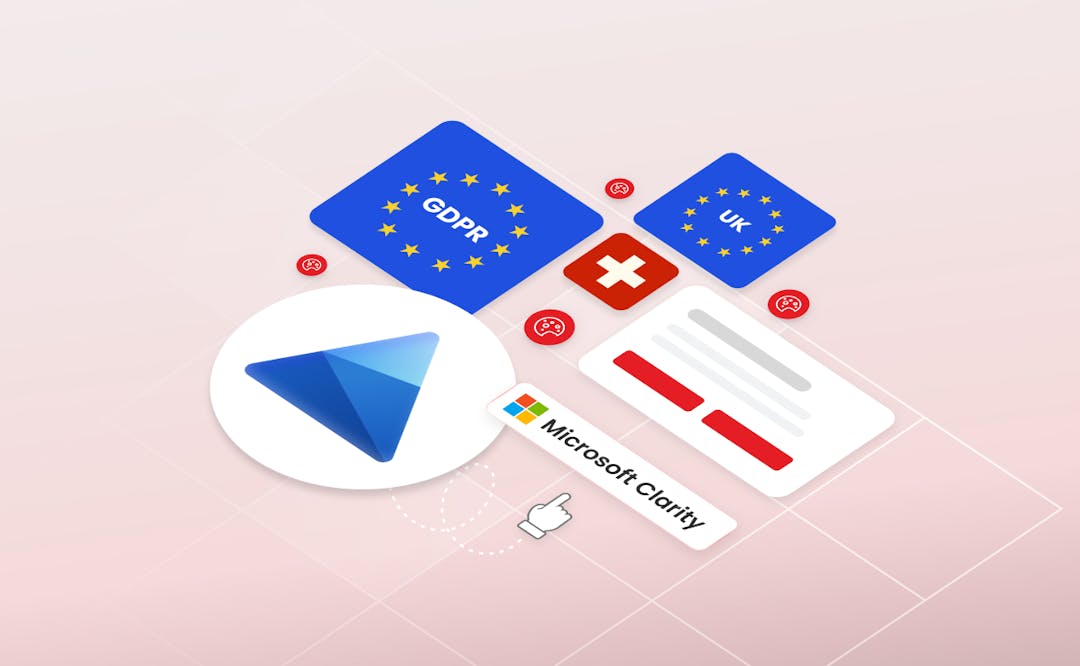
À compter du 31 octobre 2025, Microsoft Clarity exigera des signaux de consentement valides de la part des visiteurs de l'EEE, du Royaume-Uni et de la Suisse avant de collecter des données d'analyse. Sans ces signaux, des fonctionnalités clés comme les relectures de session et les entonnoirs de conversion pourraient être perdues. L'utilisation d'une plateforme de gestion du consentement comme CookieHub garantit la conformité, préserve la qualité des analyses et préserve la confiance des utilisateurs.
La conformité en matière de sécurité et de confidentialité des données n'est pas la même chose.
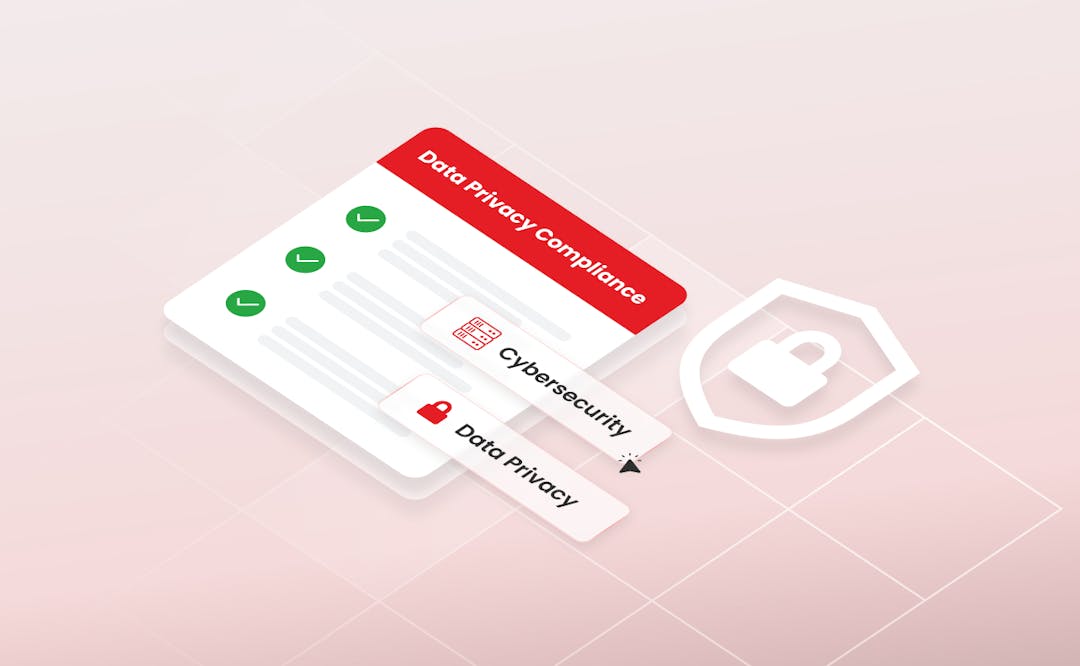
La cybersécurité et la conformité en matière de protection des données sont deux domaines distincts mais interdépendants. La cybersécurité protège les systèmes contre les menaces, tandis que la protection des données garantit un traitement licite des données. Les confondre tous deux engendre des risques. Des stratégies intégrées, combinant gouvernance, protection des données dès la conception et gestion du consentement, sont essentielles pour garantir la conformité, la confiance et la résilience. Une plateforme de gestion du consentement comme CookieHub unifie efficacement ces deux domaines.
La publicité numérique dans l'UE sous surveillance : des cadres de consentement aux publicités basées sur la surveillance
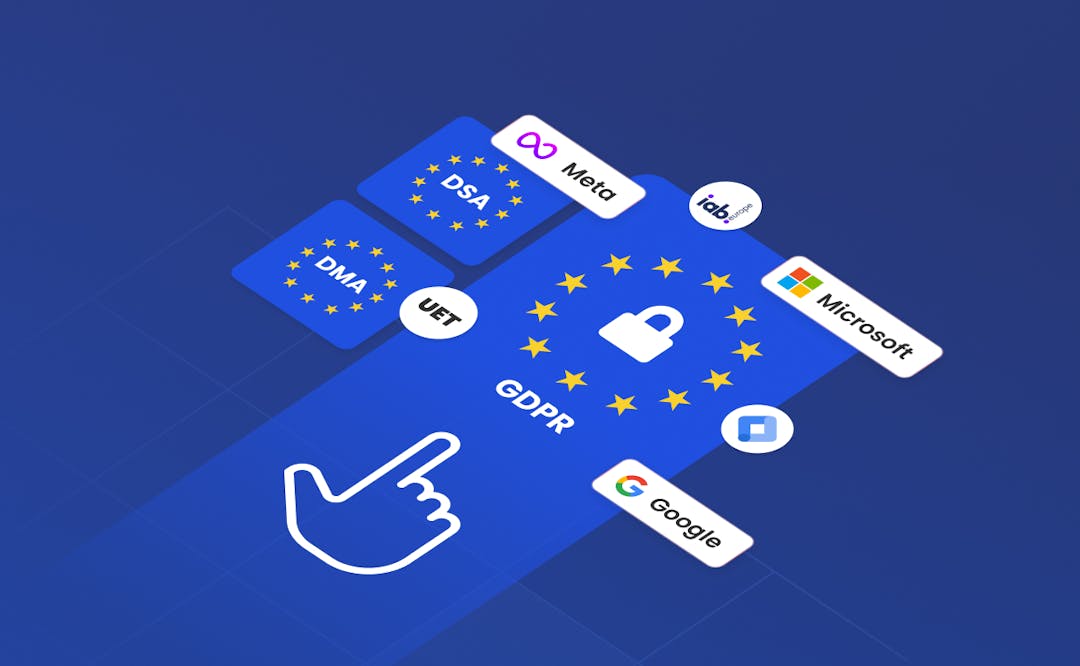
L'UE renforce son contrôle de la publicité numérique, s'attaquant aux modèles basés sur le suivi et redéfinissant la notion de données personnelles. Des décisions de justice contestent le cadre de consentement de l'IAB Europe, confirment la responsabilité partagée au titre du RGPD et interdisent certaines pratiques de consentement essentielles. Sous la pression croissante de la DSA et de la DMA, la transition vers des modèles publicitaires respectueux de la vie privée, fondés sur le consentement et moins intrusifs s'accélère en Europe.
Détournement de session Web via des cookies et comment une CMP peut vous aider

Kaspersky prévient que le détournement de session via les cookies présente de graves risques de sécurité, permettant aux attaquants d'usurper l'identité des utilisateurs ou de voler des données. Le rapport met en évidence des menaces telles que les attaques XSS, la fixation de session et les paramètres de cookies non sécurisés. Des défenses solides incluent HTTPS, les indicateurs Secure/HttpOnly, l'authentification multifacteur (MFA) et les plateformes de gestion du consentement (CMP) comme CookieHub pour minimiser les vulnérabilités liées aux cookies.
Lorsque le consentement échoue : violations de la vie privée dans le monde réel et nécessité d’une gestion adaptative du consentement
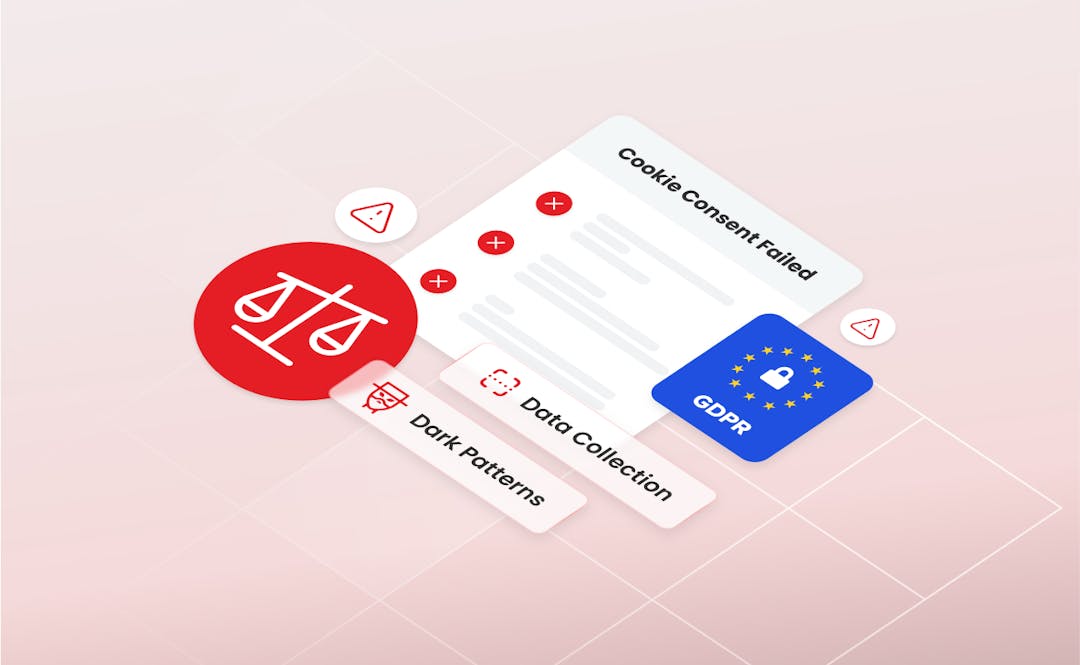
Ce blog examine des violations concrètes de la vie privée qui mettent en lumière les failles des systèmes de consentement traditionnels. Il soutient que les modèles de consentement statiques et universels peuvent éroder la confiance et les droits des utilisateurs, appelant plutôt à une gestion adaptative du consentement, flexible, transparente et adaptée à l'évolution des technologies, des réglementations et des attentes des utilisateurs.
Confidentialité des données et consentement : pas seulement une question d’informatique ou d’outils cloisonnés
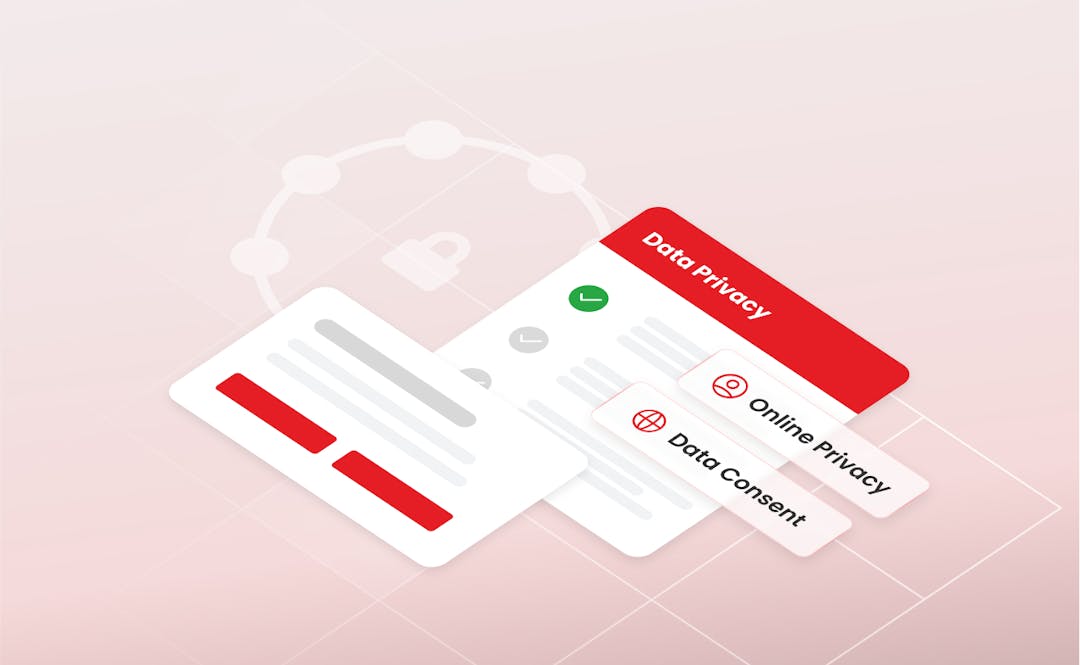
La confidentialité des données moderne va bien au-delà de la conformité et des bannières de cookies. Il s'agit d'une priorité stratégique à l'échelle de l'entreprise, alliant technologie, culture et confiance. Les entreprises qui intègrent la confidentialité à leurs opérations – par le biais de leur direction, de la sensibilisation de leurs employés et de pratiques transparentes – renforcent leur résilience, fidélisent leurs clients et transforment la confidentialité d'une obligation légale en avantage concurrentiel.
Les systèmes de gestion du consentement et de confidentialité des données fonctionnent-ils dans le monde réel ?
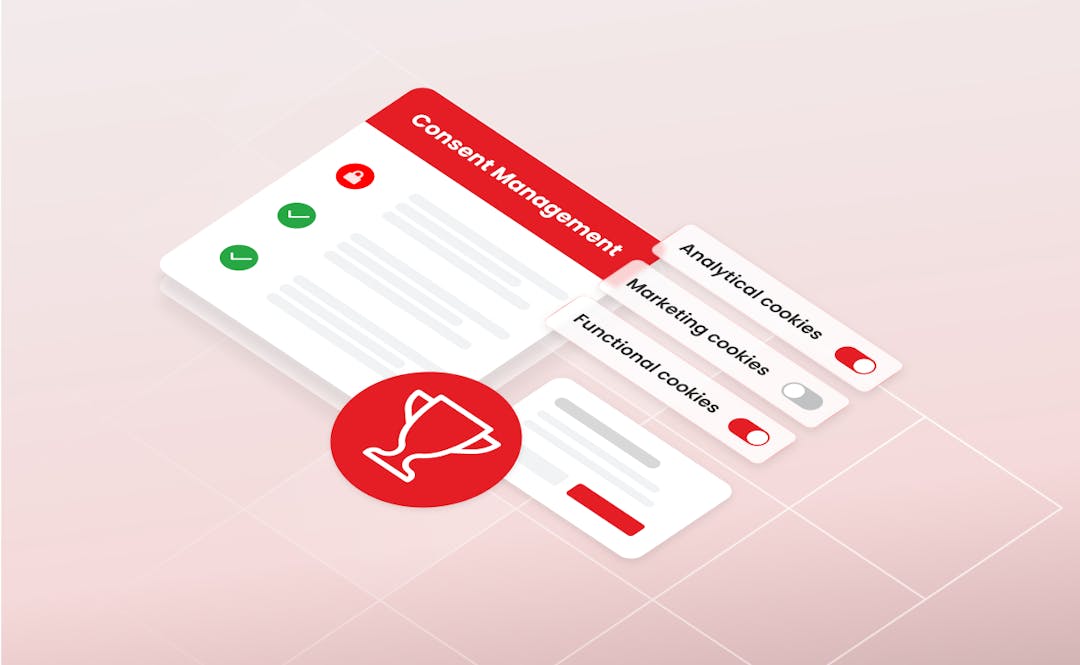
Les plateformes de gestion du consentement (CMP) promettent une confidentialité et une conformité réelles, mais elles sont souvent insuffisantes en pratique. Des études révèlent que des conceptions manipulatrices, des révocations non conformes et des désabonnements ignorés minent la confiance des utilisateurs. Une véritable conformité exige un audit continu, une intégration et une conception centrée sur l'utilisateur. Lorsqu'elles sont bien conçues, les CMP évoluent d'une conformité par case à cocher vers de véritables systèmes de gouvernance des données instaurant la confiance.
Défendez votre droit à supprimer vos données
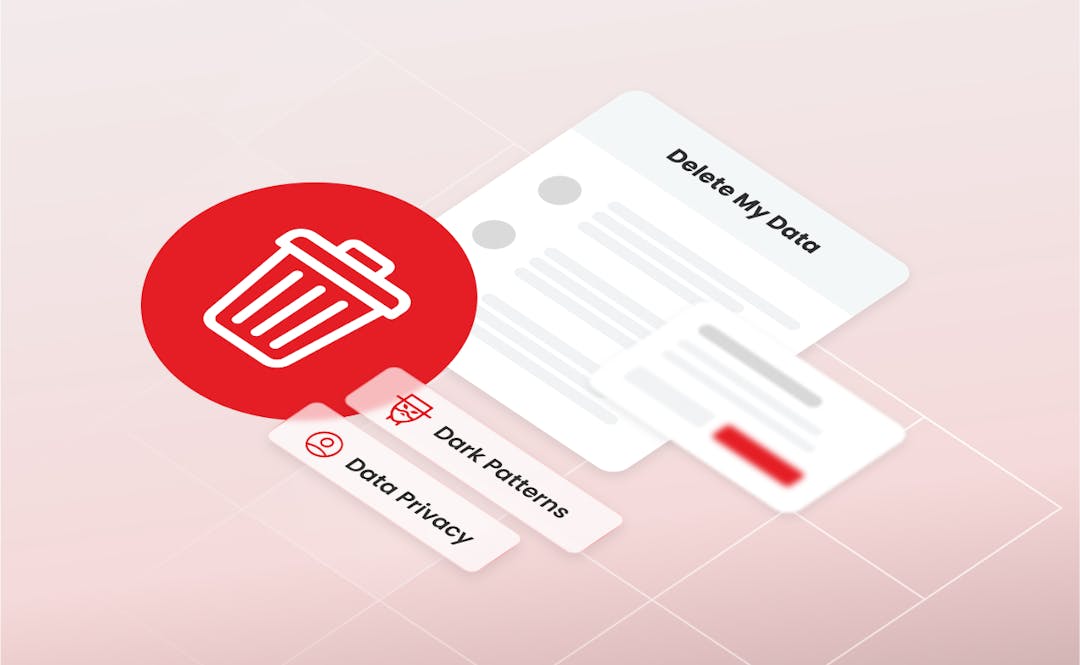
Les courtiers en données tirent profit de la vente d'informations personnelles et bloquent souvent les demandes de suppression grâce à des « dark patterns ». Malgré les lois sur la protection de la vie privée comme le RGPD et le CCPA qui accordent des droits de suppression, les courtiers masquent les pages de désinscription et complexifient les processus. Une application laxiste, une réglementation fragmentée et des conceptions trompeuses compromettent le véritable consentement, laissant les consommateurs impuissants à protéger leur vie privée numérique.
La gestion du consentement aux cookies basée sur l’IA est-elle l’avenir ?
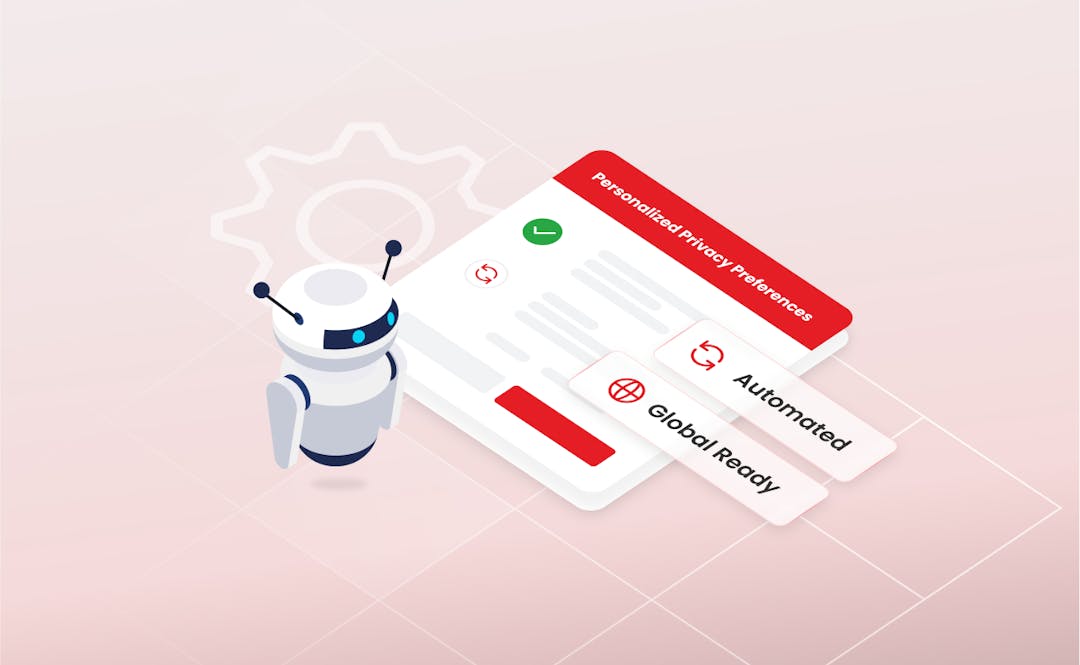
La gestion du consentement aux cookies par l'IA transforme la conformité en automatisant la détection, la catégorisation et la personnalisation des bannières, tout en s'adaptant aux réglementations mondiales. Elle améliore l'efficacité et l'expérience utilisateur, mais soulève des questions de transparence, de partialité et de confiance. La réussite future passe par une surveillance éthique, une responsabilisation et une harmonisation réglementaire, afin que l'IA permette des solutions de consentement fiables, adaptables et centrées sur l'utilisateur.
Lorsque la prise de décision automatisée de l'IA viole les règles de confidentialité des données et de consentement
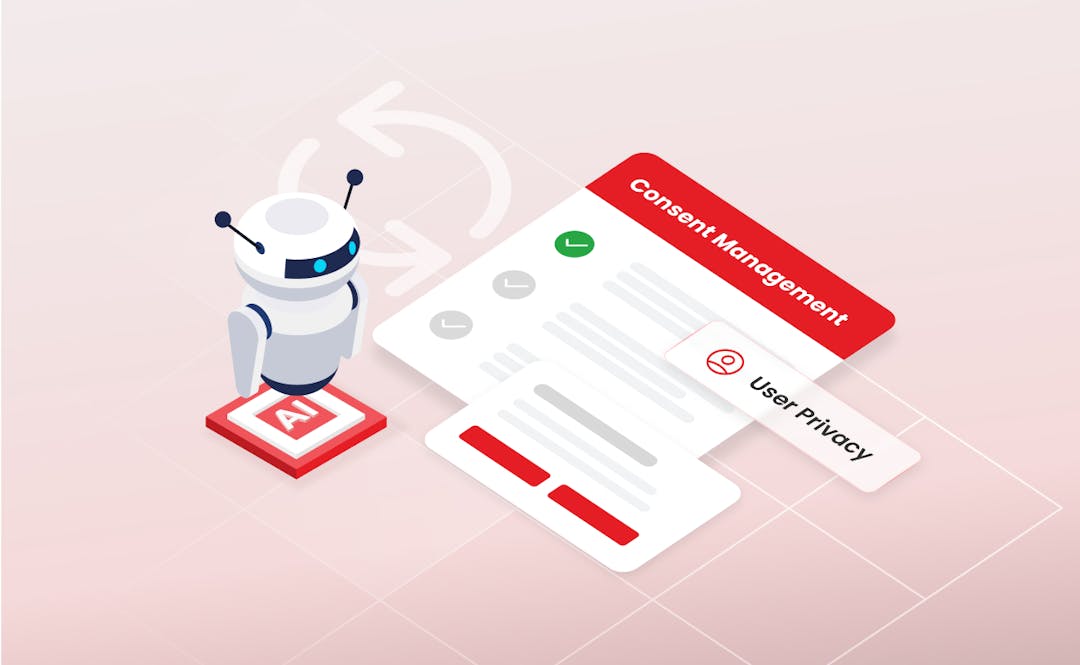
La prise de décision basée sur l'IA entre de plus en plus en conflit avec les règles de confidentialité et de consentement des données, exposant ainsi des risques de biais, d'opacité et de violations de la loi. Les régulateurs mondiaux, menés par l'UE, exigent transparence, explicabilité et supervision humaine pour l'IA à haut risque. Les organisations doivent adopter une gouvernance proactive, la protection de la vie privée dès la conception et un consentement éclairé afin de garantir la responsabilité, l'équité et la confiance.
La loi européenne sur les données arrive bientôt.
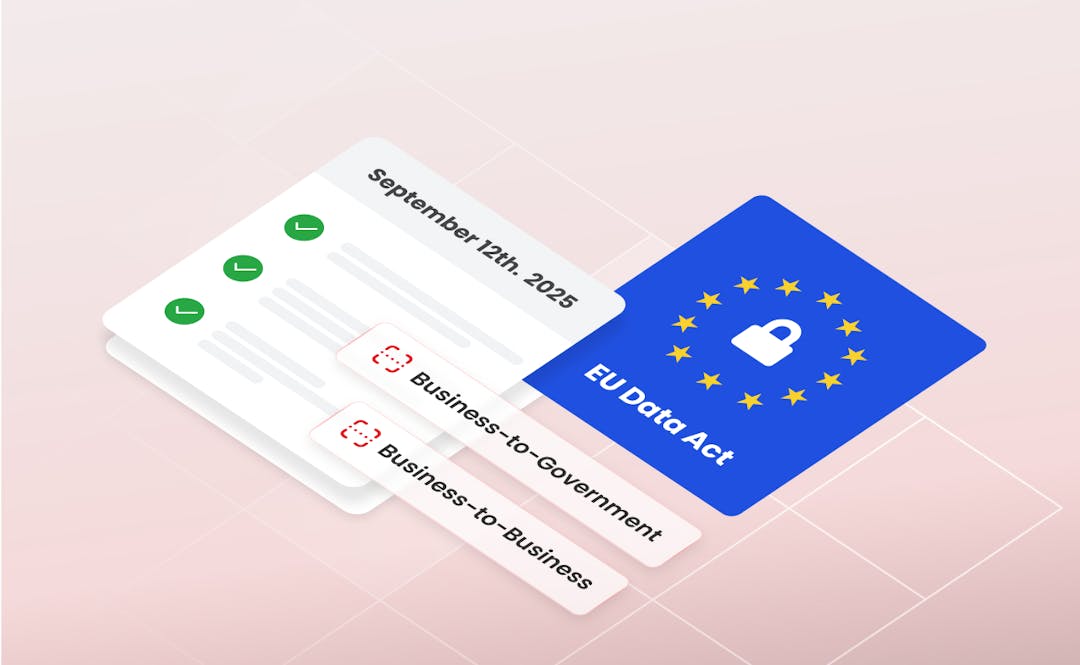
Entrée en vigueur en septembre 2025, la loi européenne sur la protection des données vise à libérer le potentiel des données industrielles et à stimuler l'innovation. Elle permet aux utilisateurs d'accéder aux données issues des objets connectés et de les partager, réduisant ainsi la dépendance vis-à-vis des fournisseurs. Les entreprises doivent se conformer au RGPD en matière de partage de données, en mettant à jour leurs politiques de consentement aux cookies et leurs cadres techniques afin de garantir la transparence, sous peine d'amendes importantes.
La loi européenne sur l'IA et ses implications pour la confidentialité des données, le consentement et les développeurs qui créent des technologies

La loi européenne sur l'IA introduit le premier cadre juridique mondial pour l'IA, conciliant innovation, confidentialité et consentement. Son déploiement progressif, son code de bonnes pratiques et ses liens avec le RGPD représentent un défi pour les développeurs et les entreprises technologiques. La conformité exige une catégorisation des risques, la transparence, la maîtrise de l'IA et un consentement valide aux cookies, façonnant ainsi l'avenir d'une IA fiable et respectueuse des droits en Europe.
Conformité à la loi sur les services numériques (DSA) pour les spécialistes du marketing : uniformiser les règles du jeu en matière de confiance numérique
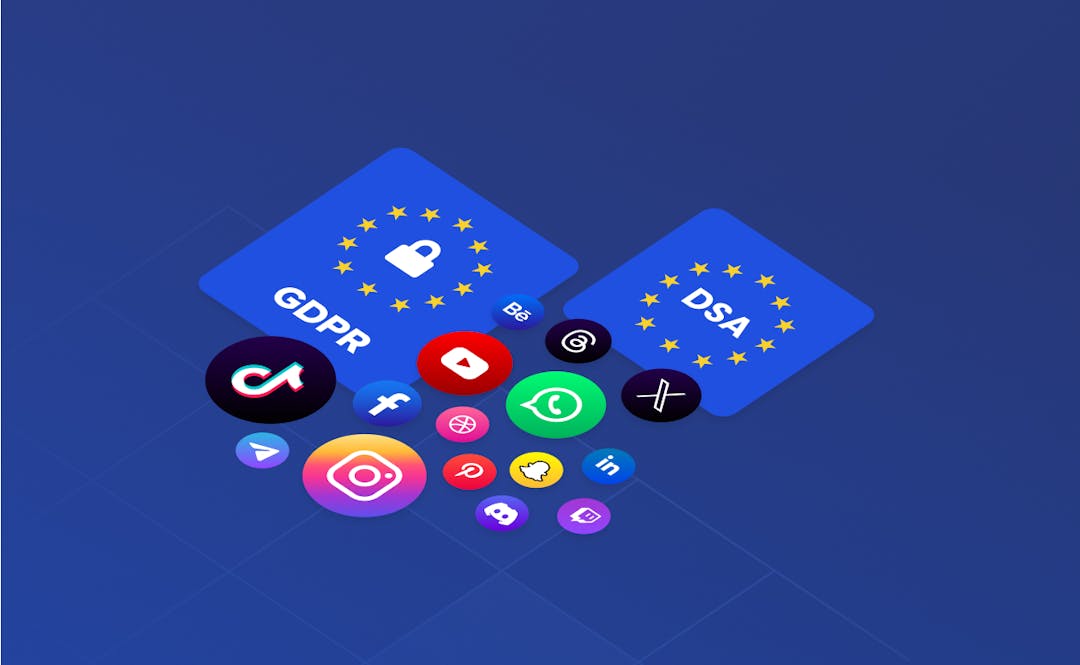
Les nouvelles lignes directrices 3/2025 du CEPD clarifient la collaboration entre la DSA et le RGPD, remodelant les pratiques marketing autour de la transparence, du profilage, des systèmes de recommandation et de la protection des mineurs. Pour les marketeurs, la conformité ne se limite pas à la prévention des risques : c'est un avantage concurrentiel qui renforce la confiance, la fidélité et la réputation grâce à une utilisation éthique des données.
Cookies cachés et avenir du consentement numérique : un monde de modèles sombres, un changement symétrique
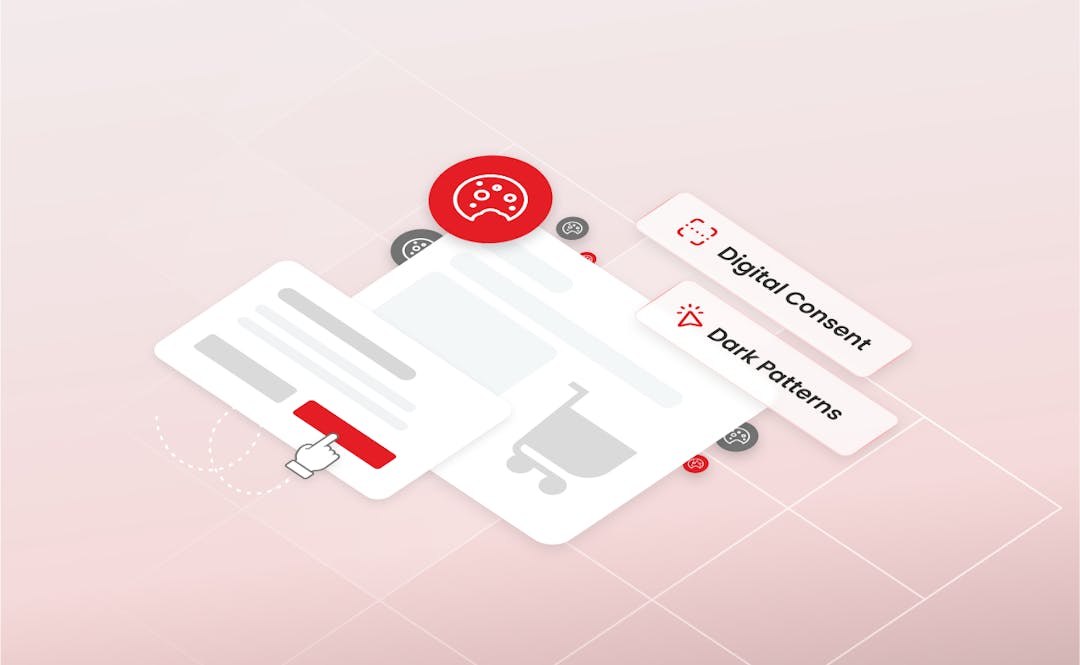
Les dark patterns présents dans les bannières de consentement aux cookies compromettent l'autonomie des utilisateurs et enfreignent les lois sur la protection de la vie privée. Les régulateurs du monde entier exigent désormais une « symétrie des choix », garantissant que refuser les cookies est aussi simple que les accepter. Face à la multiplication des sanctions et des amendes, les entreprises doivent adopter des pratiques de consentement transparentes, en s'appuyant sur les plateformes de gestion du consentement (CMP) pour instaurer la confiance et la conformité.
Citoyens américains accidentels : l'administration fiscale belge ne partagera pas de données avec les États-Unis
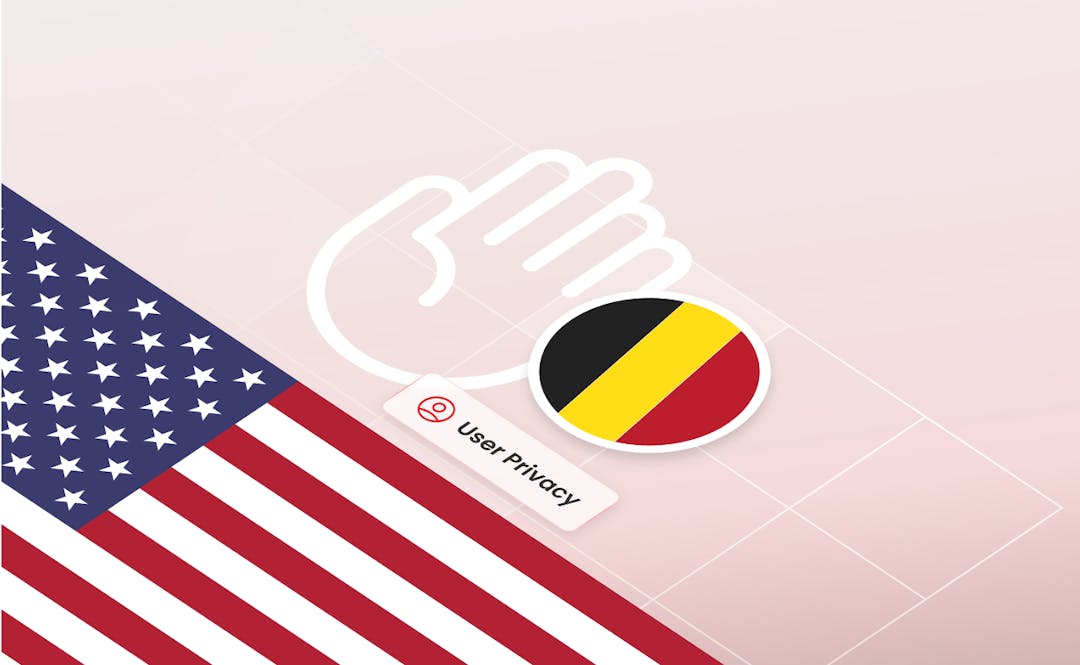
L'Autorité belge de protection des données a jugé que le partage des données financières des citoyens avec les États-Unis dans le cadre du FATCA enfreignait le RGPD, protégeant ainsi les « Américains accidentels » contre toute déclaration non désirée. Cette décision souligne les tensions entre la législation fiscale américaine et les normes européennes en matière de protection de la vie privée, soulevant des questions plus larges sur les transferts internationaux de données, les relations transatlantiques et l'équilibre entre fiscalité et vie privée.
Europe, IA et confidentialité des données : le RGPD et les autres réglementations freinent-ils l’innovation ?
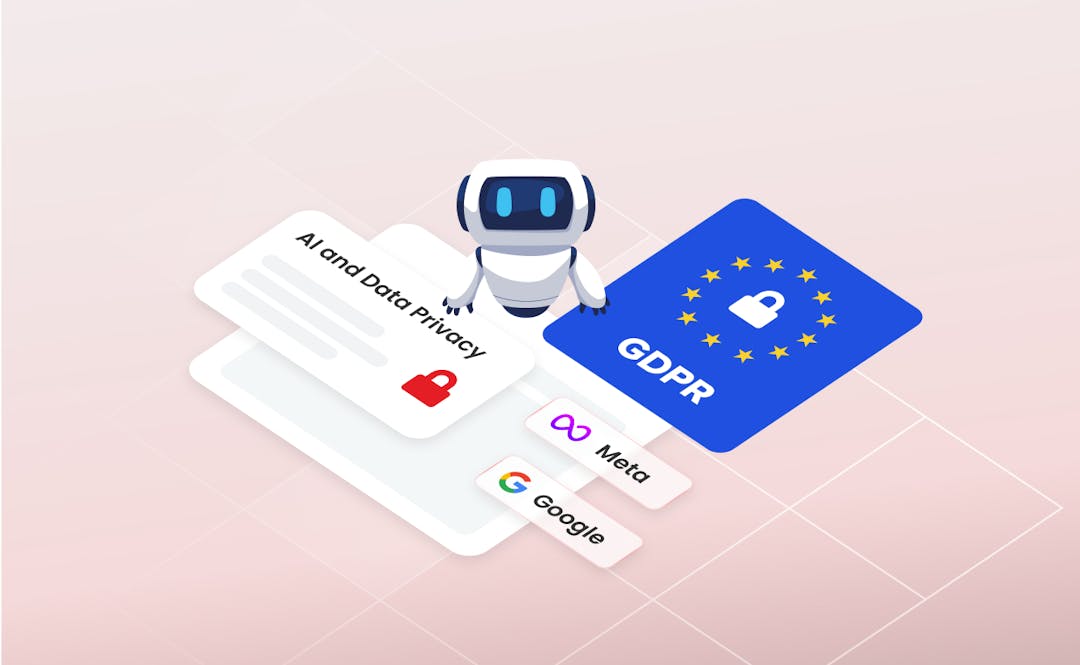
Le RGPD de l'UE et la future loi sur l'IA visent à protéger la vie privée, mais leurs détracteurs affirment qu'ils freinent l'innovation. Des conflits surgissent quant à la transparence, la minimisation des données et la responsabilité. Trouver un équilibre entre la croissance de l'IA et une protection renforcée de la vie privée exige une conception privilégiant la confidentialité, un contrôle de la conformité et des pratiques éthiques, garantissant ainsi les progrès de l'innovation sans sacrifier les droits fondamentaux.
L'évolution de la gouvernance mondiale des données : le lancement des systèmes CBPR et PRP

Le lancement des systèmes mondiaux CBPR et PRP marque une étape majeure dans l'harmonisation de la confidentialité des données à l'échelle internationale. Ces cadres de certification simplifient la conformité transfrontalière, renforcent la confiance des utilisateurs et établissent des normes mondiales pour les responsables du traitement et les sous-traitants, aidant ainsi les entreprises à s'y retrouver dans une réglementation fragmentée tout en témoignant de leur engagement envers des pratiques privilégiant la confidentialité.
Continuez à grignoter vos cookies
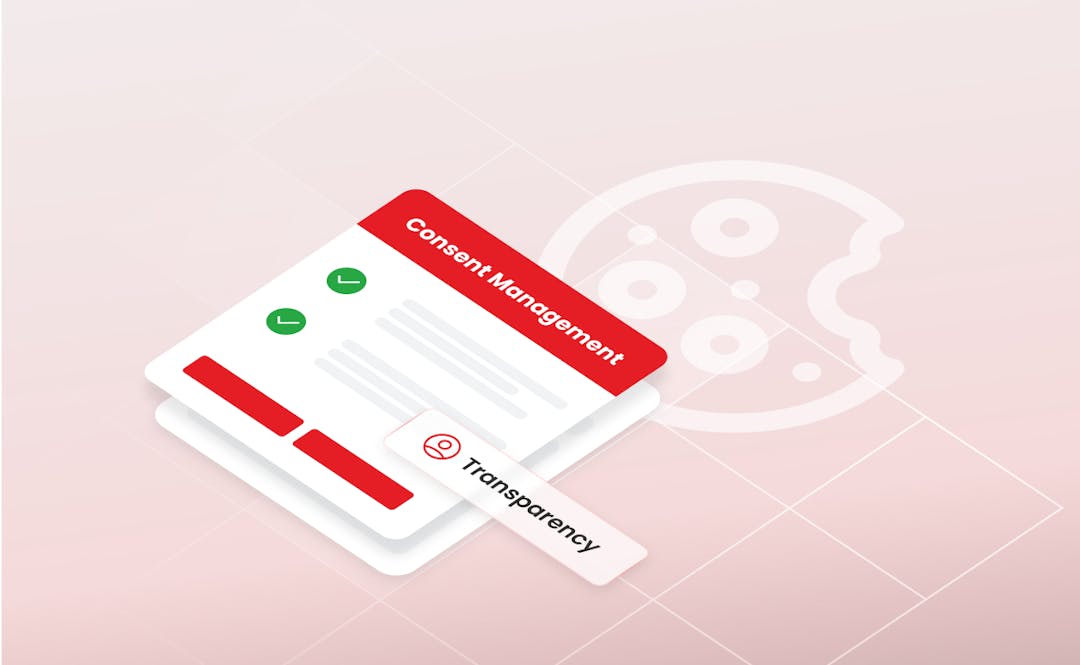
La suppression progressive des cookies tiers fait face à des retards, à des politiques de navigateurs incohérentes et à des défis de conformité complexes. Les marketeurs doivent adopter des stratégies axées sur la confidentialité, vérifiables en matière de consentement et basées sur les données first-party, en évitant les dark patterns pour instaurer la confiance, garantir la conformité réglementaire et rester compétitifs.
Préparez-vous à un renforcement de l’application du « droit à l’effacement »
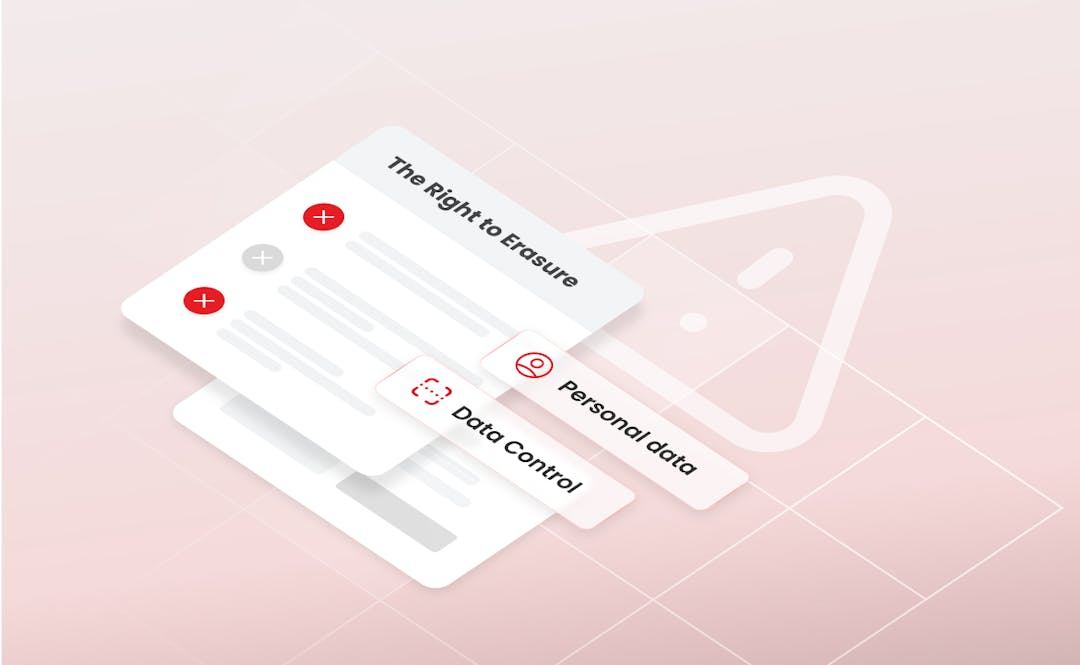
L’application du RGPD par le CEPD en 2025 cible l’article 17, en auditant la conformité aux demandes d’effacement, y compris pour les cookies. L’augmentation des demandes de suppression, les coûts élevés et les risques de non-conformité exigent des flux de travail automatisés, un suivi du consentement, une préparation juridique et des opérations de protection des données solides pour éviter les sanctions et instaurer la confiance.
La confidentialité est personnelle, mais n’efface pas le potentiel de personnalisation
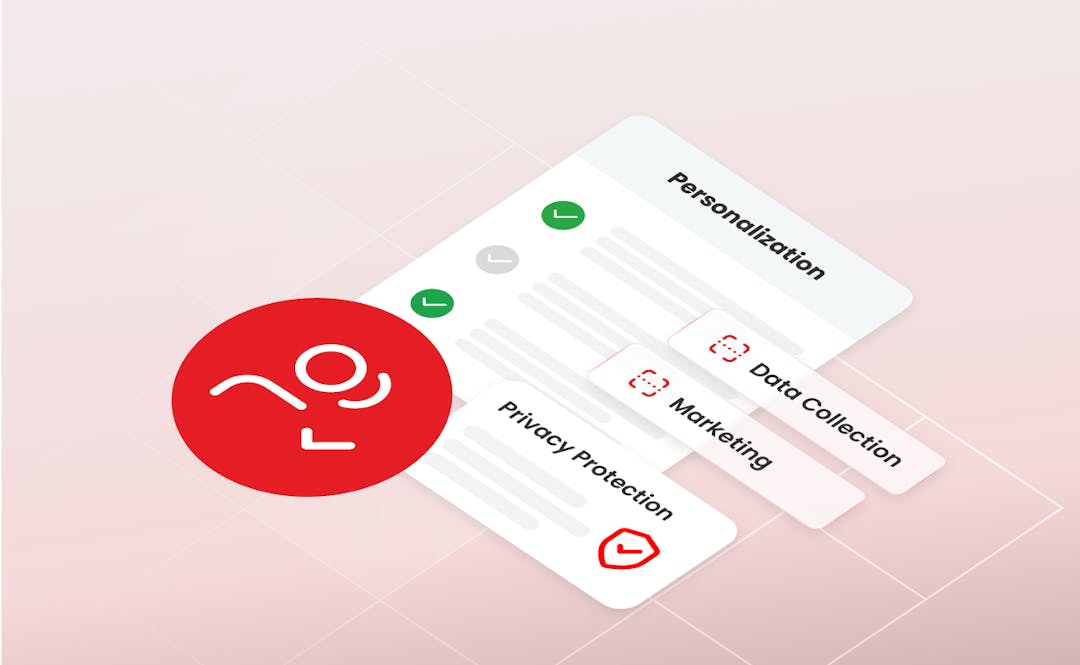
La personnalisation axée sur la confidentialité allie pertinence et respect des droits relatifs aux données. En utilisant des stratégies basées sur le consentement, telles que les données zero/first-party, la gestion des préférences, le ciblage contextuel et l’IA responsable, les entreprises peuvent se conformer aux réglementations, instaurer la confiance et offrir des expériences pertinentes — prouvant que la personnalisation peut prospérer sans suivi intrusif dans le paysage numérique actuel, où la confidentialité est une priorité.
Droits des États et fragmentation de la confidentialité des données aux États-Unis
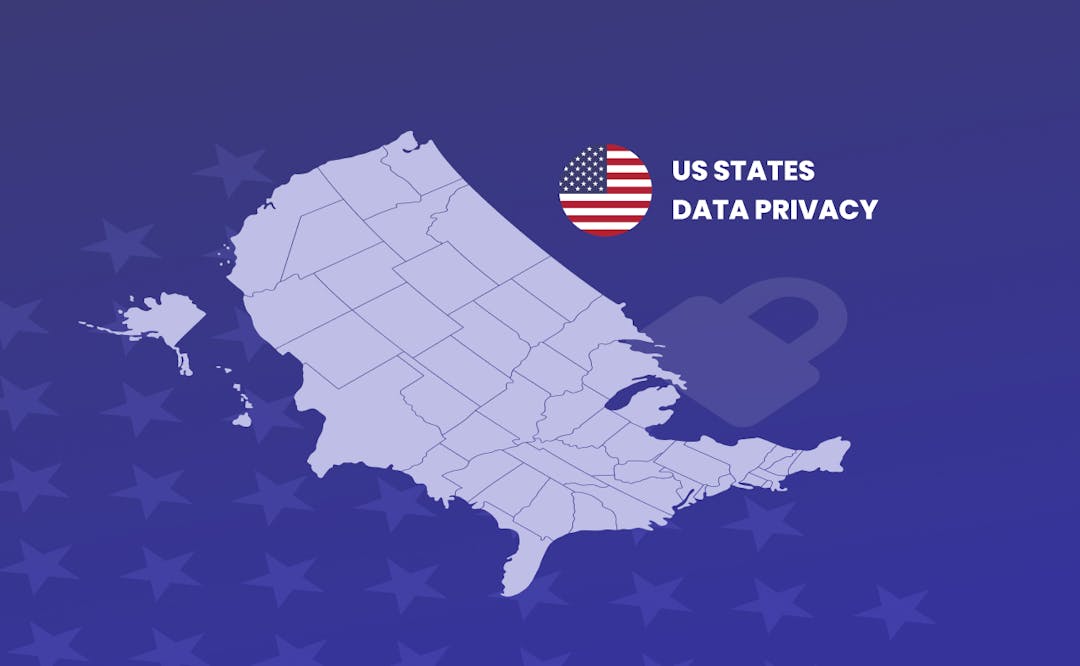
En l'absence de loi fédérale sur la confidentialité des données, plus de 20 États américains ont adopté leurs propres réglementations, créant ainsi un ensemble complexe. Cette fragmentation augmente les coûts de conformité, sème la confusion chez les consommateurs et souligne l'urgence d'une législation nationale.
L'avenir de la confidentialité des données : ce que les réformes du RGPD de l'UE signifient pour les entreprises et les consommateurs
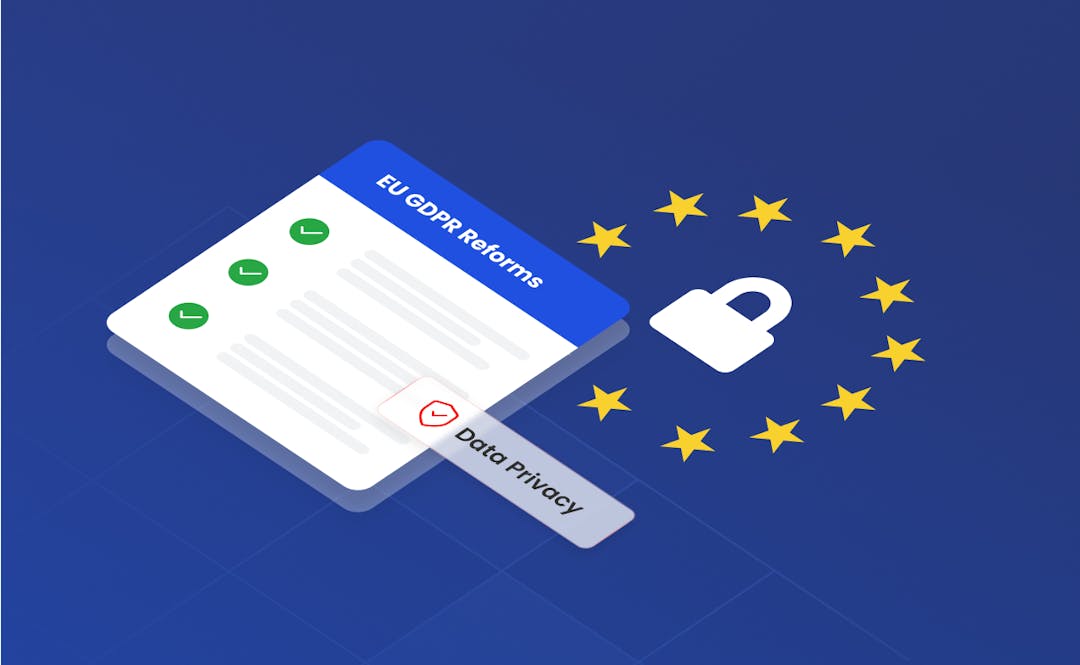
L'UE propose des réformes du RGPD afin de faciliter la conformité des entreprises, notamment des PME, et d'améliorer leur application transfrontalière. Si ces changements visent à alléger les formalités administratives, les défenseurs de la vie privée préviennent qu'ils pourraient affaiblir la protection des utilisateurs. Le résultat dépendra de la capacité à concilier les besoins des entreprises avec des normes strictes en matière de confidentialité des données.
Un récit édifiant sur une protection des données qui a mal tourné : le Kosovo
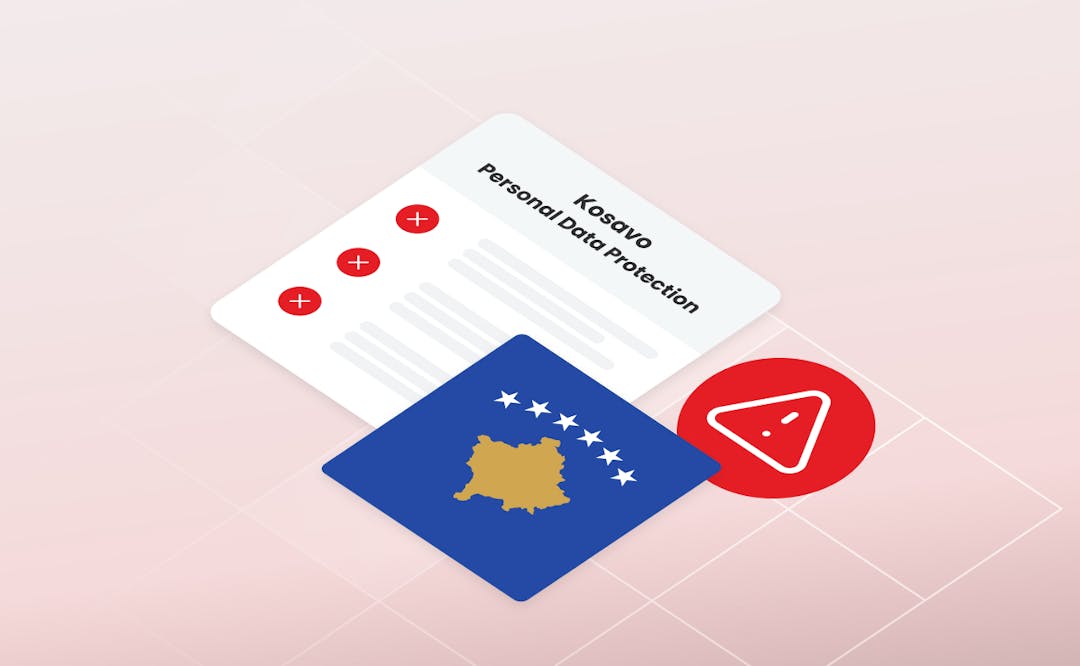
L'expérience du Kosovo illustre les dangers d'une faible protection des données personnelles. Une numérisation rapide, sans garanties adéquates, a entraîné de fréquentes violations de données, des utilisations abusives des informations personnelles et un manque de responsabilisation. De nombreux citoyens ignorent leurs droits, et leur application par les autorités est minimale. Cette situation souligne la nécessité de cadres juridiques solides, d'une sensibilisation du public, d'un contrôle institutionnel et d'une technologie respectueuse de la vie privée dès la conception pour protéger les données personnelles et garantir un consentement éclairé.
Le consentement n’est pas un gros mot - Transformez le consentement en un avantage de marque

Les plateformes de gestion du consentement (CMP) aident les entreprises à garantir la confidentialité en collectant, gérant et vérifiant le consentement des utilisateurs. Ce sont des outils essentiels pour les marques qui s'adaptent aux lois modernes sur la protection des données, comme le RGPD, le CCPA, etc.
Tendances en matière de protection des données issues du sommet IAPP 2025
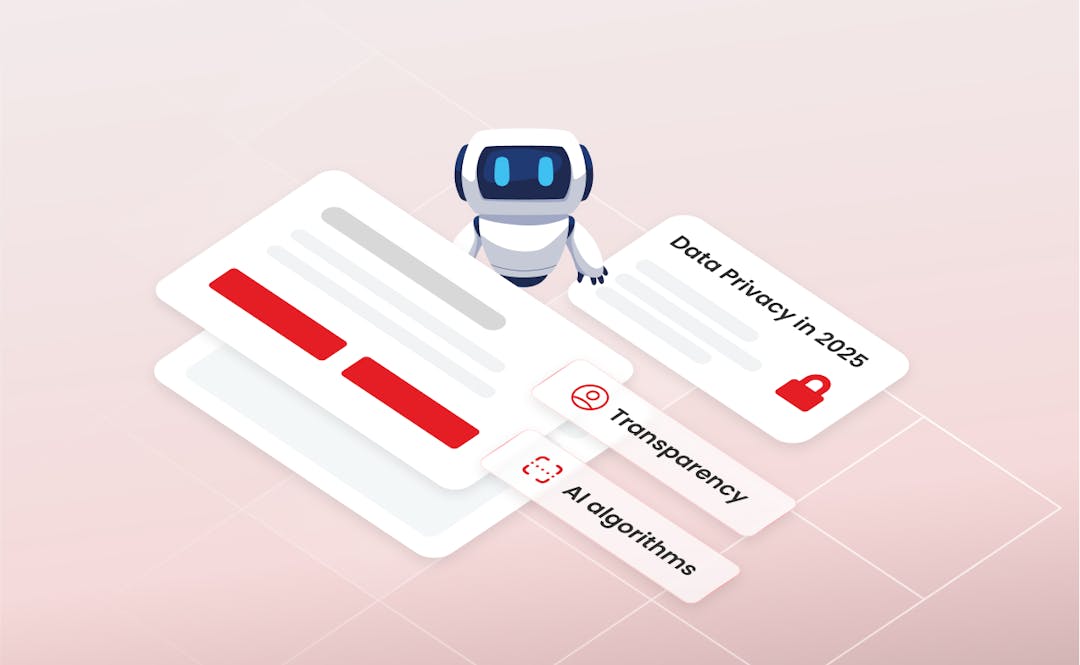
Le paysage international de la protection de la vie privée évolue constamment, mais selon les retours du Sommet mondial annuel de l’International Association of Privacy Professionals (IAPP), cette année est différente.
Repenser votre approche marketing pour la confidentialité, le consentement, les cookies et la conformité
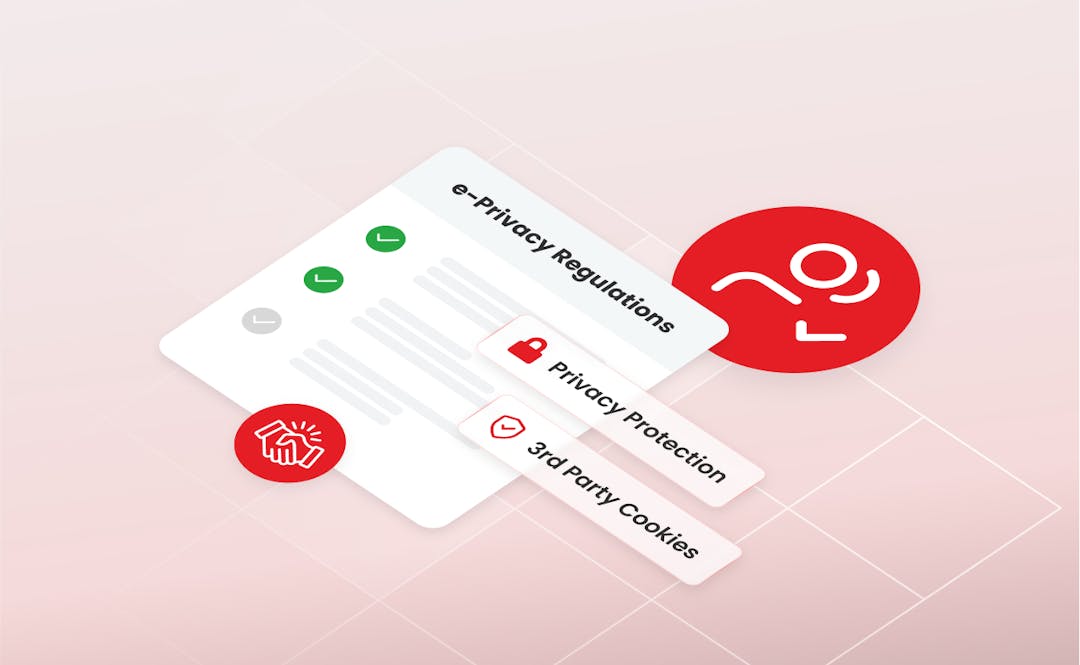
Les spécialistes du marketing et le secteur du marketing digital traversent une période de forte incertitude. Entre l’entrée en vigueur du RGPD et d’autres réglementations axées sur la confidentialité – souvent en évolution –, les obstacles à l’application du règlement e-Privacy dans l’UE, le manque de clarté sur les pratiques adtech, et les débats sans fin autour de la disparition ou non des cookies tiers, les questions sont plus nombreuses que les réponses. Le principal enjeu pour les équipes marketing reste donc de savoir s’il existe un point d’équilibre pour concilier personnalisation et vie privée, consentement et conformité.
Mongolie : un nouvel enfant de la confidentialité des données

Mongolie : Ce n’est probablement pas le premier pays qui vient à l’esprit pour une raison quelconque, et encore moins lorsqu’il s’agit de la protection des données, de la confidentialité et du consentement. Pourtant, alors que la Mongolie lance sa loi sur la protection des données personnelles, elle rejoint la grande majorité des dans le respect de la vie privée numérique et la protection des données personnelles dans un monde numérique de plus en plus mondialisé et interconnecté. C’est aussi une étape importante en termes de faire évoluer les données et la vie privée dans la bonne direction dans les pays moins développés (numériquement) et de forger le principe de la vie privée en tant que composante des droits de l’homme.
Comment la non-conformité des marques financières aux réglementations sur la confidentialité des données menace leur réputation et leurs résultats
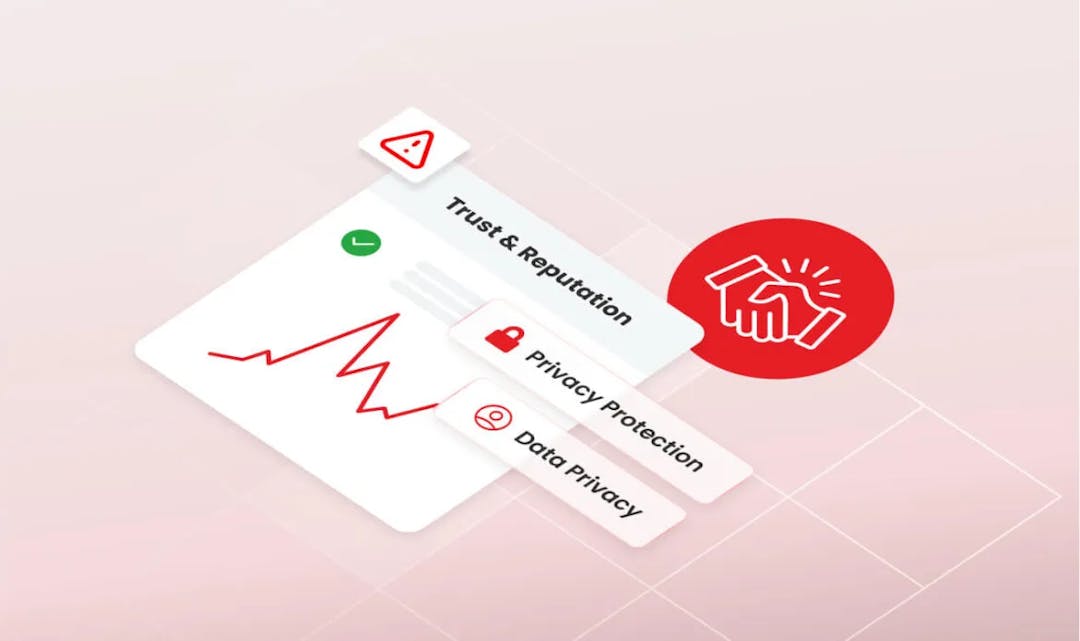
Selon l’indice de confiance numérique 2025 de Thales, la confiance dans les services numériques a chuté dans presque tous les secteurs au cours de l’année écoulée, aucun secteur n’atteignant 50 % de confiance parmi les consommateurs. Et les services financiers, bien qu’en tête du peloton avec 44 %, n’ont toujours pas bien réussi en termes de confiance des consommateurs.
L’Allemagne essaie le consentement aux cookies en un clic
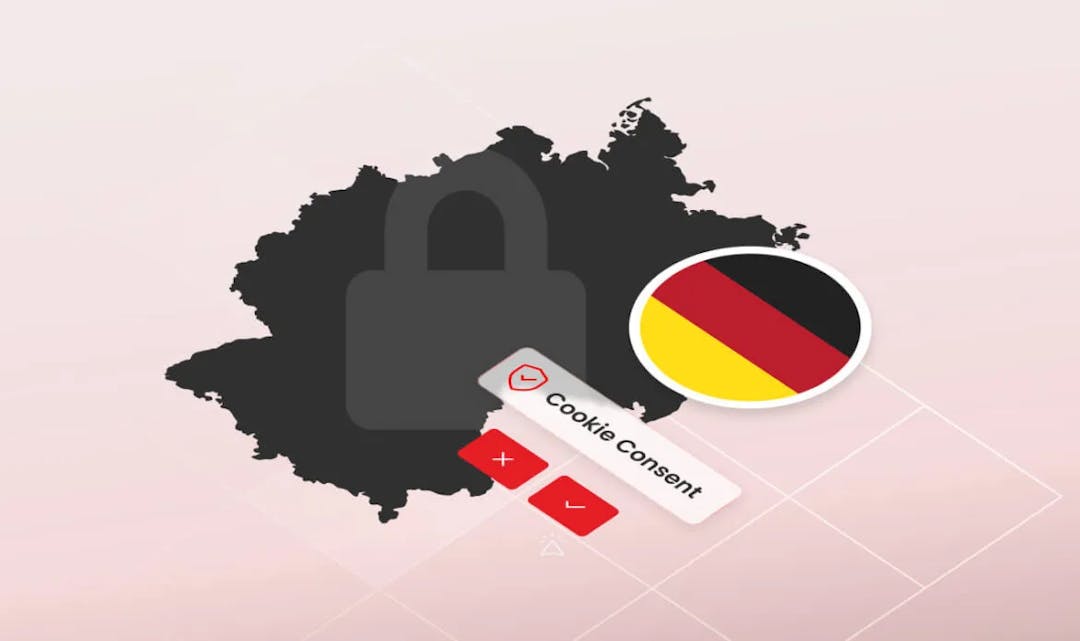
L’Allemagne, connue comme l’un des pays les plus obsédés par la confidentialité des données en Europe, teste une approche différente du consentement aux cookies. Le 1er avril 2025, un nouveau règlement sur le consentement, l’ordonnance sur la gestion du consentement (ou EinwV), , qui visait à rendre le consentement aux cookies plus convivial tout en préservant la confidentialité des données. Ce n’est pas une mince affaire, compte tenu des défis souvent déroutants du RGPD.
Prêt pour le mode consentement de Microsoft Advertising ? À partir du 5 mai, vous devez être

À partir du 5 mai 2025, les propriétaires de sites Web doivent se méfier : vous devrez être prêt pour le mode consentement de Microsoft Advertising. Microsoft Advertising exiger que tous les sites Web utilisant ses outils de suivi envoient un « signal de consentement » lorsque les visiteurs proviennent de l’Union européenne, du Royaume-Uni ou la Suisse. Invoquant son souci de protéger les informations personnelles des utilisateurs à des fins réglementaires et de confiance des consommateurs, Microsoft prend cette mesure dans le but de s’aligner sur les principales lois mondiales sur la protection de la vie privée, telles que le RGPD de l’UE.
Le RGPD est ouvert aux affaires – Trouver l’équilibre entre confidentialité des données et pratiques favorables aux entreprises
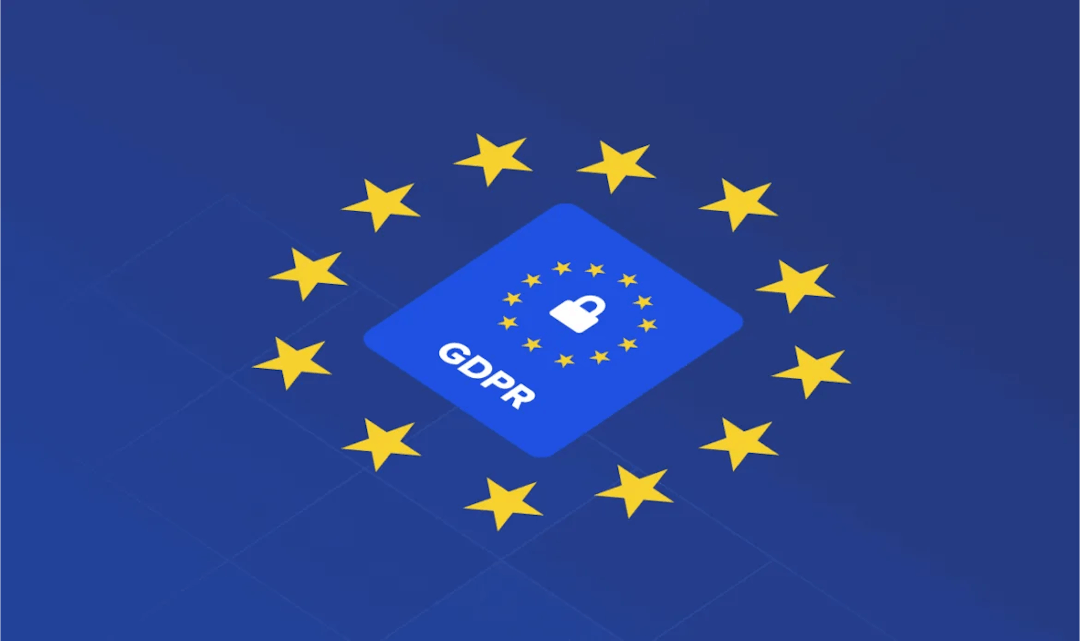
Lorsque le Règlement général sur la protection des données (RGPD) est entré en vigueur en 2018, il a transformé le paysage pour les entreprises de tous les secteurs, perturbant leur capacité à collecter et utiliser les données et modifiant la manière dont elles conçoivent, gèrent et protègent la vie privée. Bien que la loi ait apporté des changements positifs, en faveur des consommateurs et de la protection des données, elle n’a pas été exempte de défis (et de détracteurs).
Qu’est-ce que le cyberwashing en matière de protection des données?
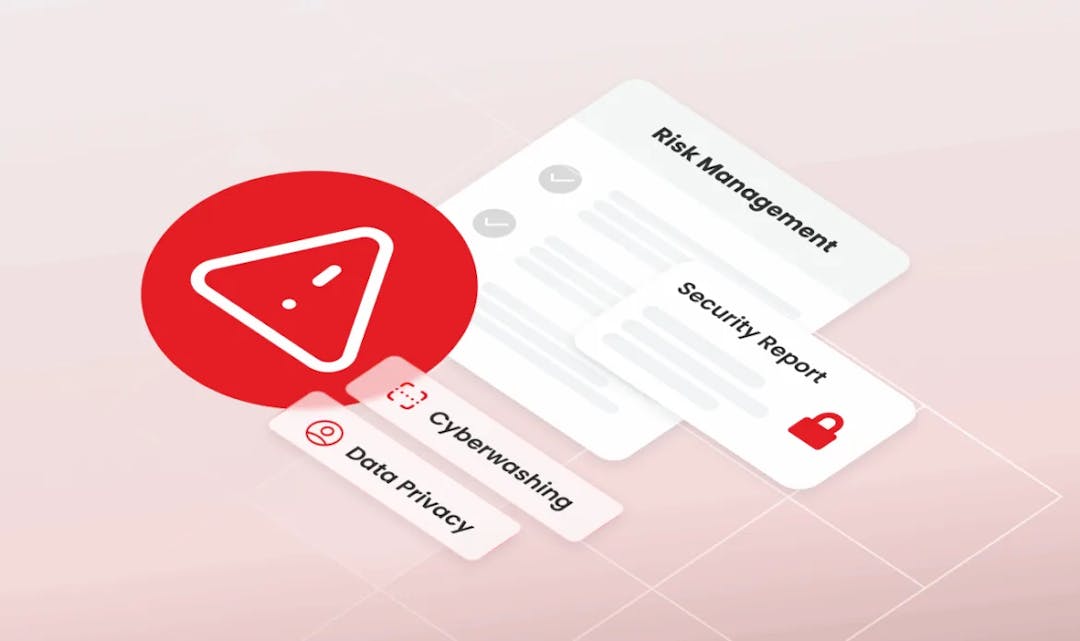
Le fossé entre la confiance des consommateurs et les entreprises ne cesse de se creuser, à mesure que les violations de données, la gestion opaque des informations et les atteintes à la vie privée font la une des journaux. Les entreprises, malgré leurs bonnes intentions, semblent parfois aussi déconcertées que les consommateurs face aux enjeux de cybersécurité et de protection des données. Elles échouent souvent à avoir une vision globale des menaces. Cela conduit à une tendance préoccupante : les organisations pratiquent le « cyberwashing » de leurs approches en matière de cybersécurité et de confidentialité, ce qui entraîne une érosion supplémentaire de la confiance, ainsi que de véritables conséquences financières et réglementaires.
Stratégies et outils de marketing numérique : une cible pour des litiges?
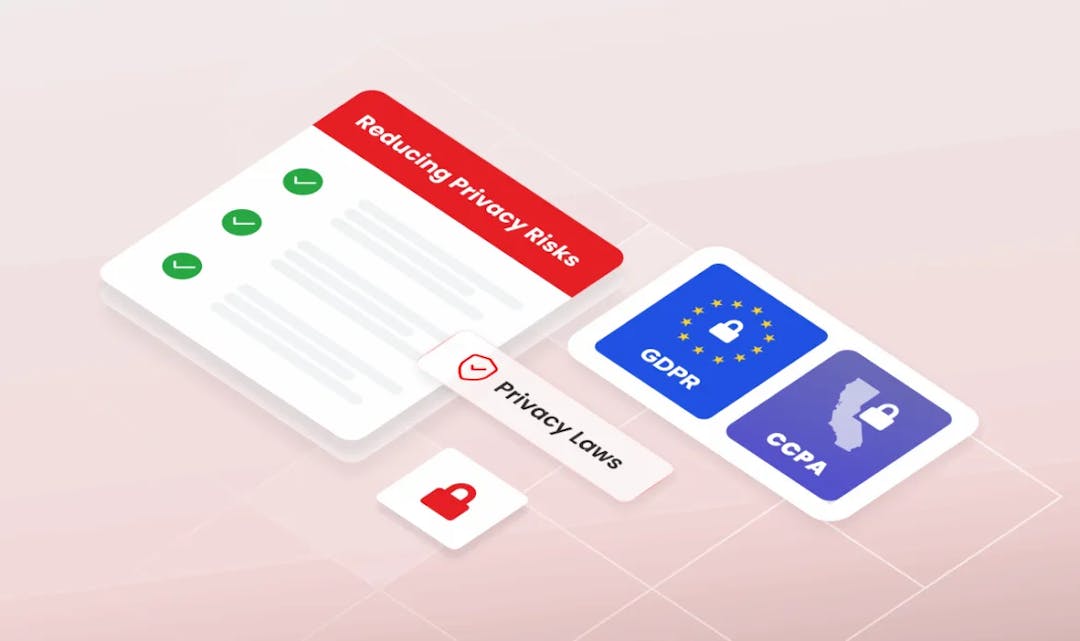
Le paysage de la protection des données et de la vie privée devient de plus en plus complexe pour les entreprises et leurs efforts en marketing numérique. La plupart des entreprises connaissent le RGPD et le CCPA, ainsi que d’autres dispositifs similaires visant à protéger les données et à donner aux consommateurs un certain contrôle sur les informations qu’ils partagent. Et l’Union européenne est en train d’introduire des simplifications au RGPD pour alléger la charge de conformité pour les entreprises souhaitant rester compétitives. Mais en parallèle, le droit de la vie privée est tentaculaire et ne se limite pas au RGPD. Dans un contexte juridique de plus en plus créatif, certains cabinets d’avocats entreprenants utilisent des lois plus anciennes pour introduire des poursuites alléguant que des outils modernes de marketing — comme les pixels, cookies et chatbots — violent divers textes juridiques sur la vie privée.
La protection des données reste encore un véritable far west
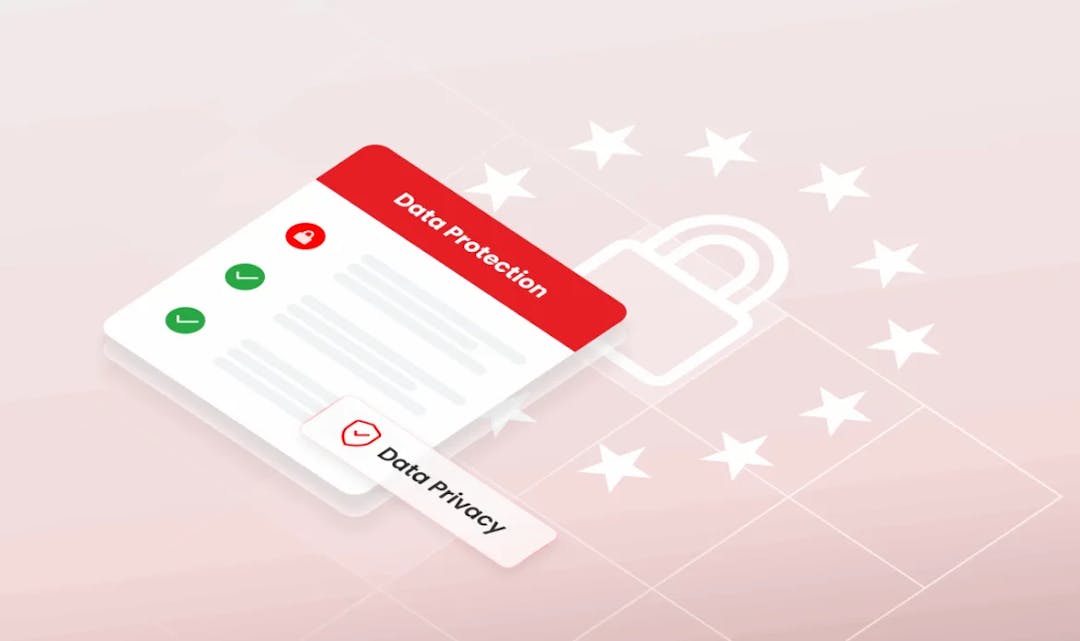
Il est facile d’adopter un discours prometteur sur le contrôle des données par les consommateurs et l’engagement envers une transparence dépassant la simple conformité. Mais la réalité ne correspond pas toujours aux belles paroles. Selon une analyse de Consumer Reports, une organisation américaine à but non lucratif dédiée aux consommateurs, de nombreuses entreprises se présentent comme des championnes de la vie privée, alors qu’en réalité, elles font peu pour offrir un réel contrôle aux utilisateurs sur leurs données personnelles — et peuvent même contourner les lois sur la protection des données et de la vie privée.
Un paysage de la protection des données en évolution au Nigéria

Bien que la protection des données au Nigéria soit encadrée par la Nigeria Data Protection Act (NDPA) et le cadre de mise en œuvre du NDPR, la Nigeria Data Protection Commission (NDPC) a publié en mars 2025 de nouvelles orientations en matière de confidentialité afin de clarifier certains aspects flous de la législation existante. À compter du 20 mars, la Directive générale d’application et de mise en œuvre (GAID) entre en vigueur. Le NDPR a techniquement été abrogé dans le cadre de ce changement, mais ses principes continueront à fonctionner en parallèle avec les nouvelles dispositions de la GAID.
Le nouveau régime de protection des données du Mexique entre en vigueur
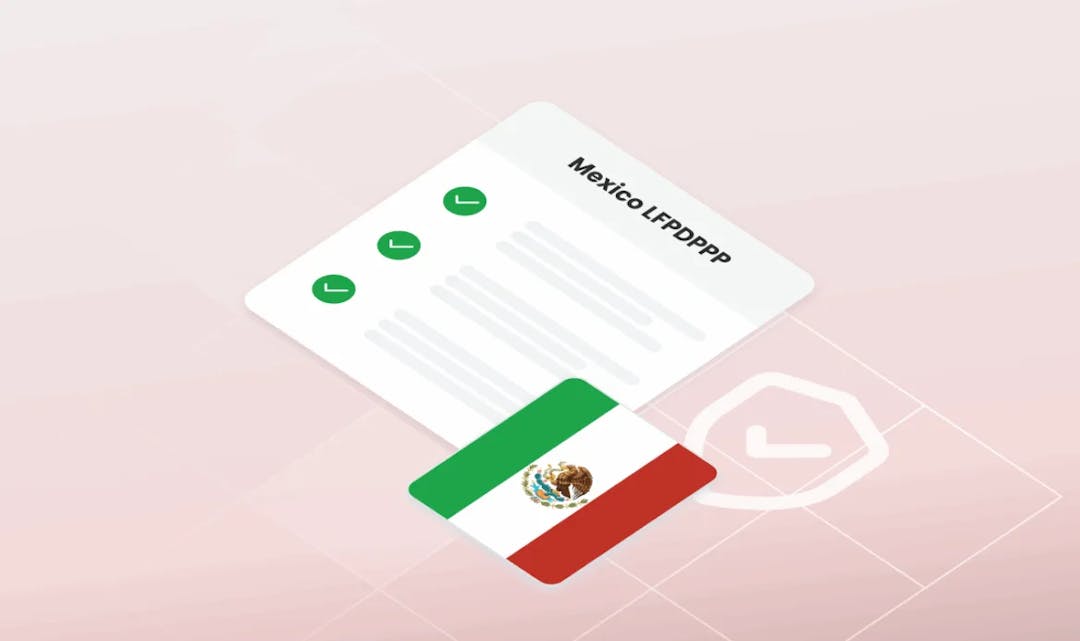
Après une certaine controverse liée au démantèlement de plusieurs organes de surveillance autonomes au Mexique, notamment l’Institut national pour l’accès à l’information et la transparence (INAI), le programme actualisé de protection des données, la Loi générale sur la transparence et l’accès à l’information publique (LGTAIP), est entré en vigueur le 21 mars 2025. Parallèlement, la Loi générale sur la protection des données personnelles détenues par les organismes du secteur public (LGPDPPSO), la Loi fédérale sur la protection des données personnelles détenues par les particuliers (LFPDPPP) et une modification de l’article 37, section XV, de la Loi organique de l’administration publique fédérale (LOAPF) sont également entrées en vigueur.
Nouvelle loi indienne sur la protection des données – Mise en œuvre de la loi sur la protection des données DPDPA par phases
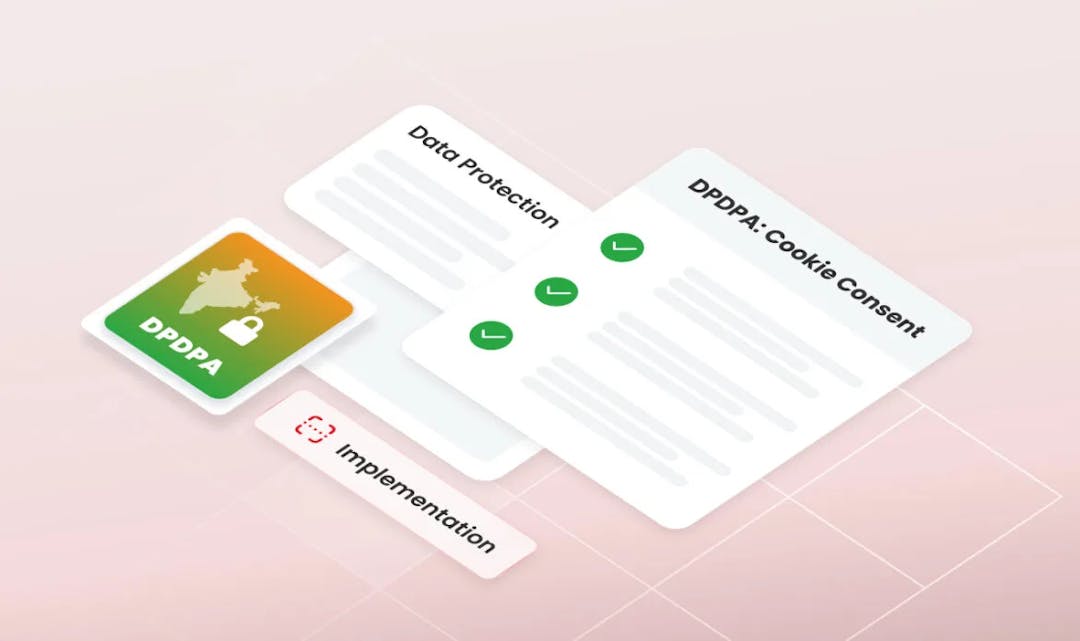
Après des années d’élaboration, l’Inde met enfin en œuvre sa loi sur la protection des données personnelles numériques (DPDPA). Le D de l’Inde PL’APD a mis de nombreuses années à se développer, ayant été lente à mettre en œuvre ses règles en tant que cadre unique et cohérent de protection des données et de gouvernance. Le ministère indien de l’Électronique et des Technologies de l’information ( MeitY) a été au centre de l’évolution de l’Inde vers le leadership en matière d’infrastructure numérique, mais l’Inde a néanmoins pris son temps pour créer une approche globale de la confidentialité des données, n’introduisant le concept qu’en 2023.
CookieHub est désormais certifié ISO 27001 !

Nous sommes ravis d’annoncer que CookieHub a obtenu la certification ISO 27001, une norme internationalement reconnue qui démontre notre engagement continu à maintenir les plus hauts niveaux d’excellence en matière de sécurité et de confidentialité des données.
L’importance du consentement : pourquoi le consentement et la conformité aux cookies sont plus qu’une case à cocher

La confidentialité et la protection des données sont essentielles pour les entreprises, et leur conformité à un paysage réglementaire en constante évolution est la main invisible qui garantit la continuité du flux de données. Pour les consommateurs aussi, La confidentialité des données est une préoccupation croissante, mais il n’est pas tout à fait clair pour eux de comprendre exactement comment leurs données sont collectées et utilisées.
La Suisse et la protection des données : Pas neutre sur les cookies
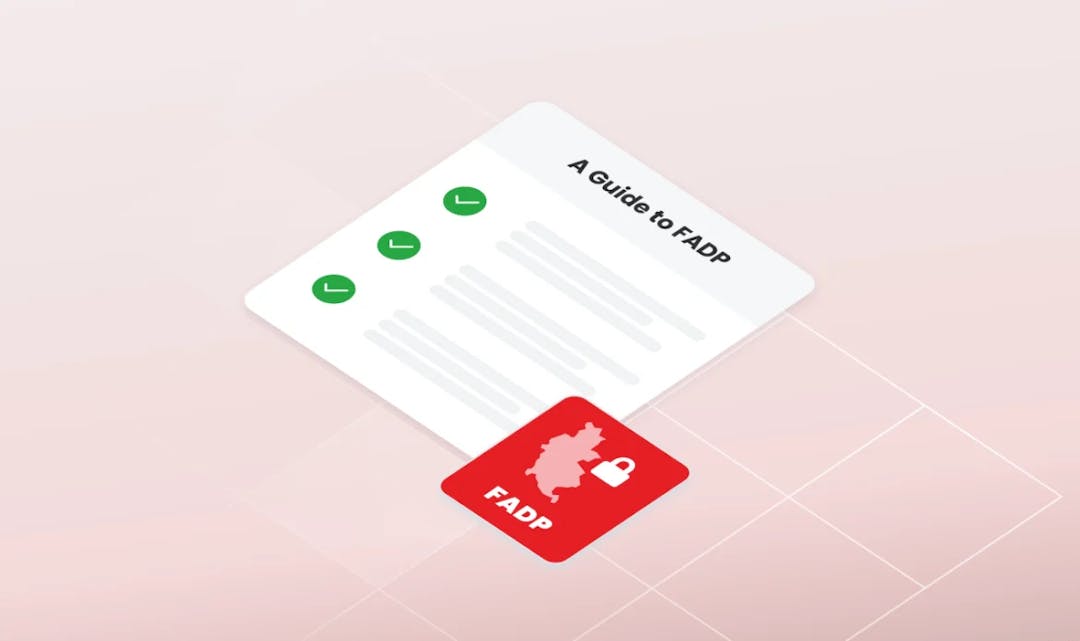
Le Préposé fédéral à la protection des données et à la transparence (PFPDT) a récemment publié de nouvelles directives sur l’utilisation des cookies. l’extension de la loi fédérale sur la protection des données, ou nFADP, qui est entrée en vigueur en septembre 2023, la L’approche suisse en matière de cookies indique que la clarté et le choix peuvent l’emporter sur le consentement. C’est-à-dire que le consentement demeure important dans la signification de l’ droits de la personnalité des utilisateurs, mais la transparence et la spécificité sont encore plus mises en avant.
Utiliser les données de manière responsable : instaurer la confiance grâce à un marketing centré sur le client
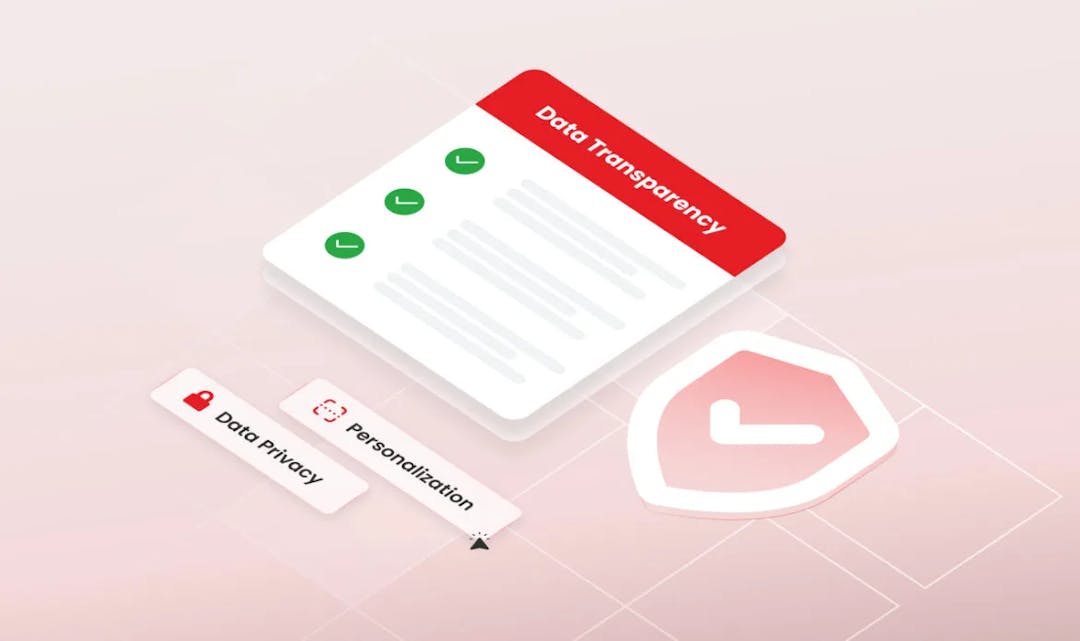
La personnalisation est le pain et le beurre de la stratégie marketing de la plupart des entreprises. La personnalisation, selon une étude du BCG, contribue à hauteur de 30 % à la réduction des coûts de marketing et de 20 % à l’augmentation des revenus. Une personnalisation efficace repose sur l’accès aux données des consommateurs, qui deviennent de plus en plus difficiles à trouver pour les entreprises.
Nouvelle loi norvégienne sur les communications électroniques (2025) : tout ce que votre site web doit savoir

La Norvège apporte des changements importants à sa réglementation en matière de confidentialité numérique avec l’introduction de la nouvelle loi sur les communications électroniques, qui est entrée en vigueur le 1er janvier 2025. L’une des mises à jour les plus importantes de cette loi concerne la façon dont les entreprises gèrent le consentement aux cookies et le suivi en ligne.
Comprendre les cookies inter-domaines avec CookieHub
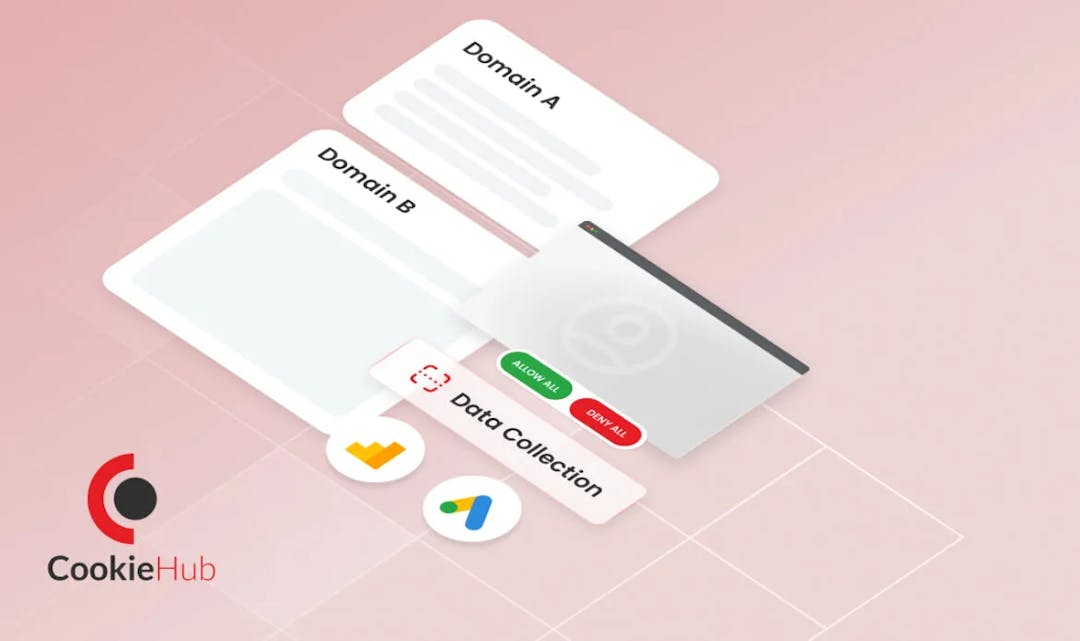
La gestion du consentement de l’utilisateur sur plusieurs domaines peut s’avérer complexe, en particulier pour les sites Web soumis à des réglementations strictes en matière de protection de la vie privée telles que le RGPD ou le CCPA. CookieHub simplifie ce défi grâce à sa fonctionnalité de cookies inter-domaines, qui facilite le transfert transparent des informations de consentement de l’utilisateur entre les domaines.
¿Qué son las cookies? – Guía sobre cookies y privacidad del sitio web

Las cookies son pequeños archivos de texto que los sitios web almacenan en el dispositivo de un usuario para mejorar la experiencia de navegación y recopilar información sobre las interacciones del usuario. Desempeñan un papel fundamental en la funcionalidad web, ya que permiten funciones como recordar los datos de inicio de sesión, preservar el contenido del carrito de la compra y ofrecer contenido personalizado.
Comment créer une politique en matière de cookies pour votre site web : un guide étape par étape
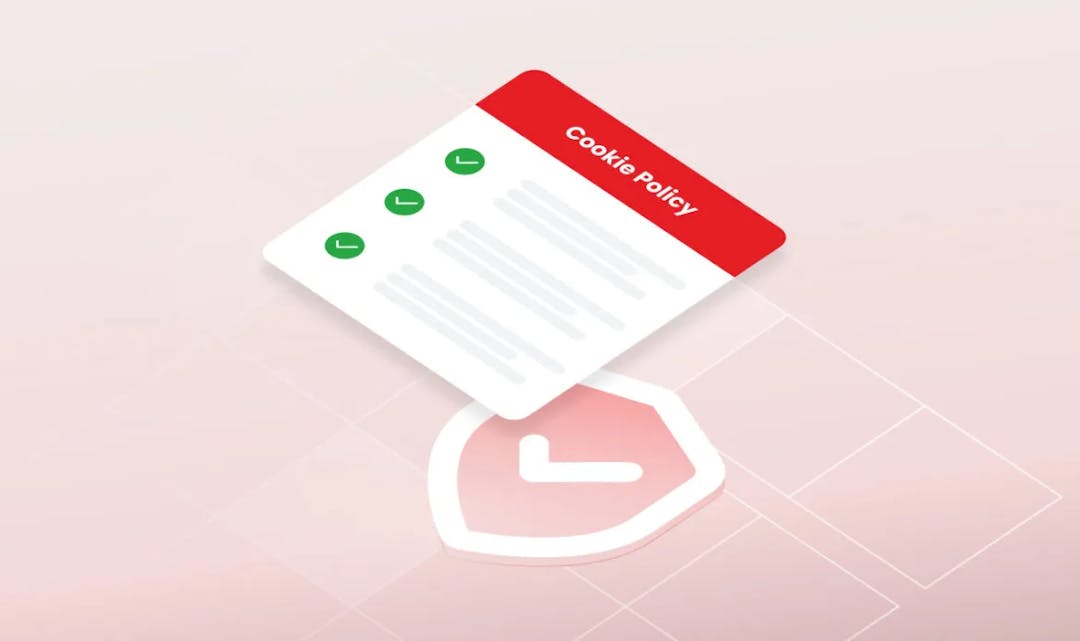
Une politique en matière de cookies n’est pas seulement un atout ; C’est essentiel. Les réglementations en matière de protection de la vie privée telles que le RGPD et le CCPA exigent que les sites Web divulguent leurs pratiques en matière de cookies, et une politique transparente en matière de cookies renforce la confiance de vos utilisateurs en expliquant comment leurs données sont utilisées. Si vous ne savez pas par où commencer, ce guide vous guidera à travers les étapes de la création d’une politique de cookies complète adaptée aux besoins de votre site Web.
Ai-je besoin d’une bannière de cookies ?
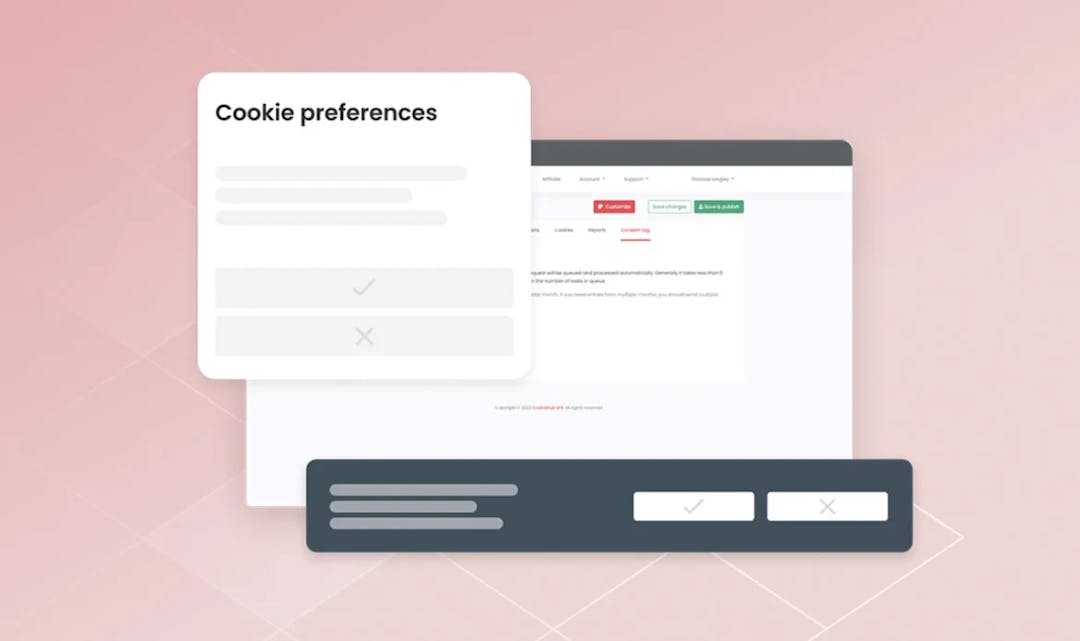
À mesure que les préoccupations en matière de confidentialité des données augmentent, les propriétaires de sites Web doivent rester en conformité avec les réglementations et protéger la vie privée des utilisateurs. L’un des outils clés de cet effort est la bannière de cookies. Mais en avez-vous vraiment besoin ? Cet article détaille tout ce que vous devez savoir sur les bannières de cookies, leur fonction et leur impact sur votre site web.
Qu’est-ce que le mode consentement Google V2 et qui est-ce concerné ?

Alors que les préoccupations en matière de confidentialité des données ne cessent de croître dans l’arène en ligne, le respect des exigences de conformité est une responsabilité clé pour les propriétaires de sites Web. Le déploiement des mises à jour du mode consentement de Google (officieusement appelé « V2 ») est une étape majeure pour rester en conformité avec l’évolution des lois sur la protection de la vie privée.
Qu’est-ce que la gestion du consentement ?

À mesure que l’arène numérique s’est rapidement développée, les entreprises multiplient les façons dont les données personnelles peuvent être collectées et traitées. Ceci, bien sûr, a entraîné des préoccupations généralisées en matière de confidentialité des données, avec un flux presque continu de lois sur la protection de la vie privée conçues pour protéger les utilisateurs en ligne. À l’avant-garde de tout cela se trouve la « gestion du consentement », un processus clé qui garantit que les entreprises se conforment aux lois mondiales sur la protection des données et respectent les préférences des clients.
La différence entre les cookies marketing, analytiques et fonctionnels
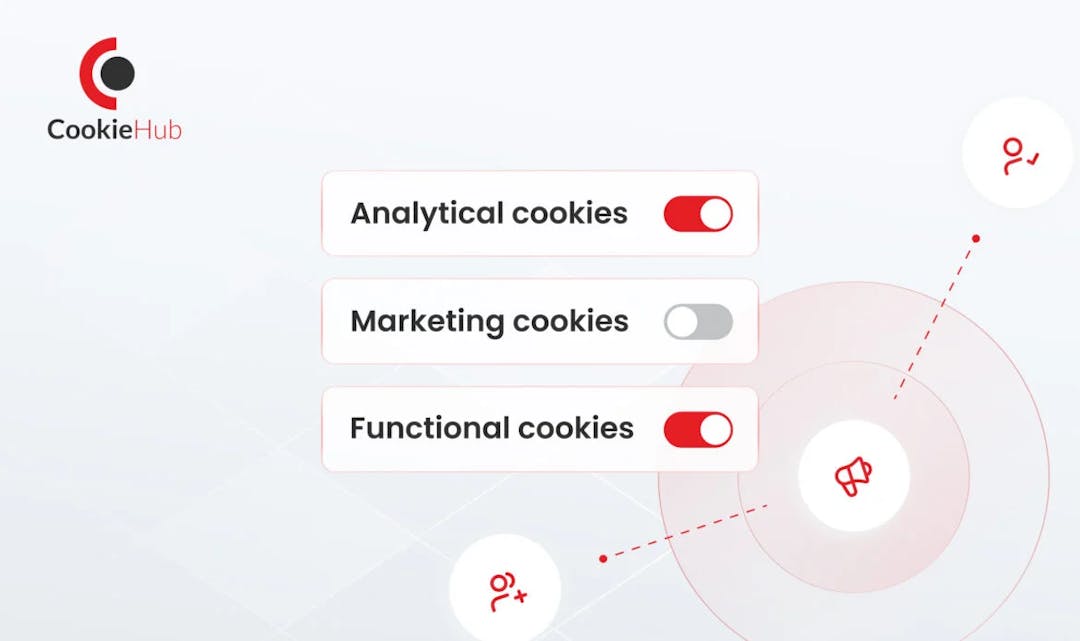
Dans le bon vieux temps pré-Internet, les annonceurs jouaient un jeu remarquablement large et imprécis en matière de marketing – deviner qu’un fan de football pourrait aussi aimer la bière était à peu près aussi subtil que possible. L’avènement des cookies à l’ère numérique a toutefois redéfini la notion de marketing personnalisé et d’analyse de données.
Que sont les cookies internes et tiers?
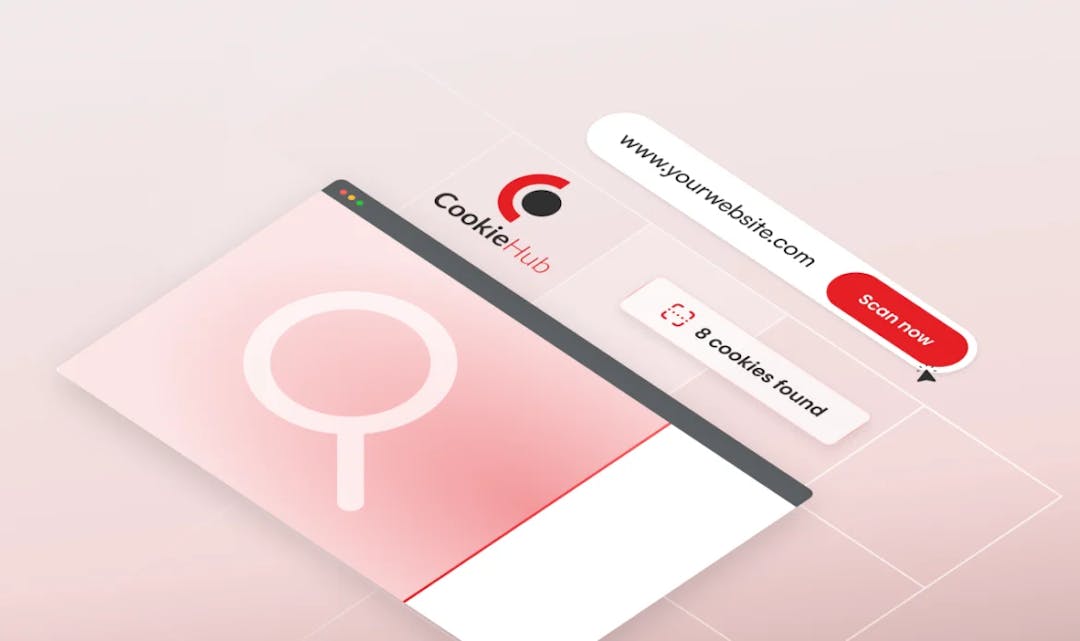
Le terme « cookie » (du moins dans la navigation sur Internet) vient à l’origine de « cookie magique », une expression de programmation faisant référence aux données échangées entre les programmes utilisés pour l’authentification. Au fur et à mesure de l’évolution du Web, les programmeurs ont adapté le concept pour décrire les données envoyées par un site Web et stockées sur l’appareil d’un utilisateur.
CookieHub est un Partenaire Google Gold CMP

Nous sommes heureux d’annoncer que CookieHub a été reconnu comme partenaire CMP Gold par Google. Cette reconnaissance souligne notre engagement à fournir des solutions de pointe en matière de gestion de la confidentialité et du consentement, et marque une étape importante dans notre parcours pour aider les entreprises du monde entier à rester en conformité avec les réglementations mondiales en matière de confidentialité des données.
Comment installer le mode consentement v2 : guide étape par étape
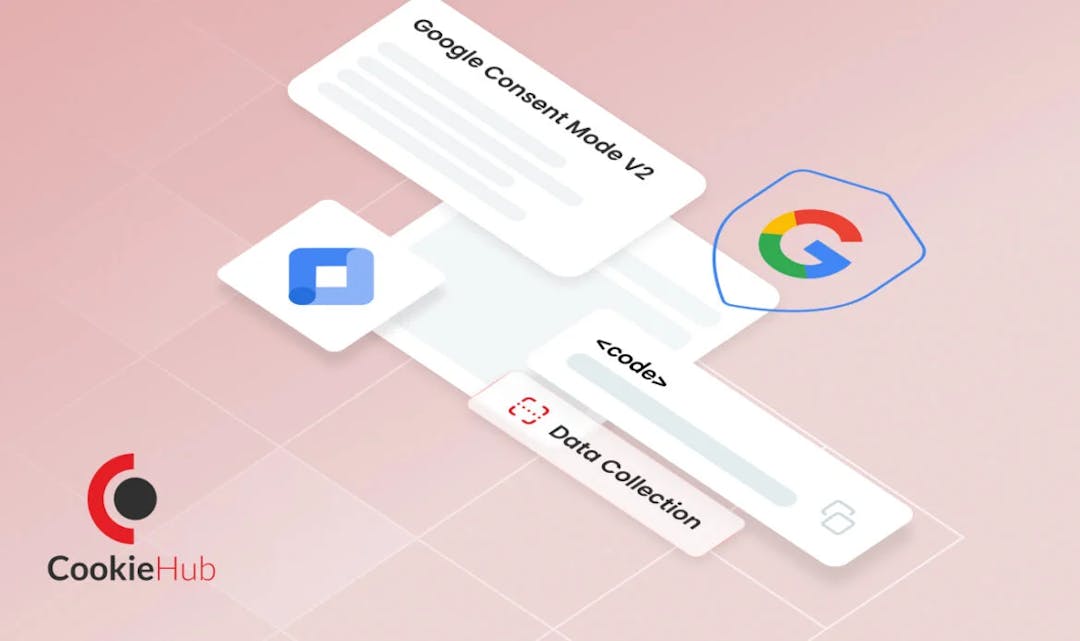
Dans ce guide, nous vous guiderons tout au long du processus d’installation, du dépannage des problèmes courants et de la personnalisation des paramètres du mode consentement v2.
Comprendre la loi californienne sur la protection de la vie privée des consommateurs (CCPA) : guide complet
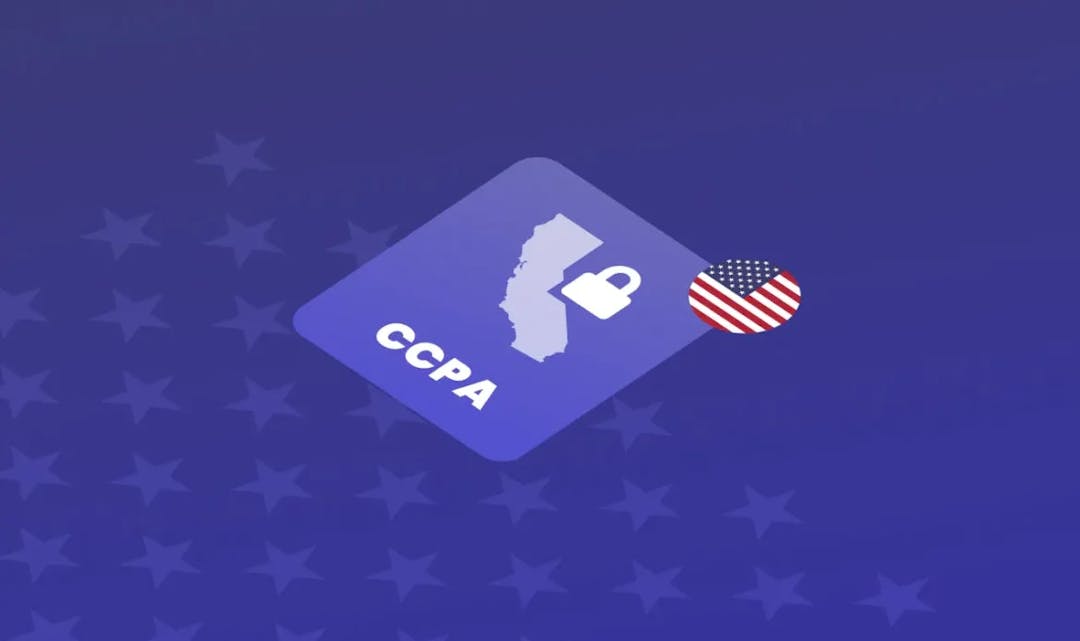
La loi californienne sur la protection de la vie privée des consommateurs (CCPA) est une loi complète sur la confidentialité des données qui renforce les droits à la vie privée et la protection des consommateurs pour les résidents de Californie, aux États-Unis. Il vise à donner aux résidents de Californie plus de contrôle sur leurs informations personnelles collectées par les entreprises et impose des obligations strictes aux entreprises pour assurer la protection des données. Pour une exploration plus détaillée des entreprises auxquelles le CCPA s’applique et des critères spécifiques impliqués, vous pouvez approfondir le sujet ici ou obtenir plus d’informations directement auprès du ministère de la Justice.
CookieHub devient partenaire de Google CMP
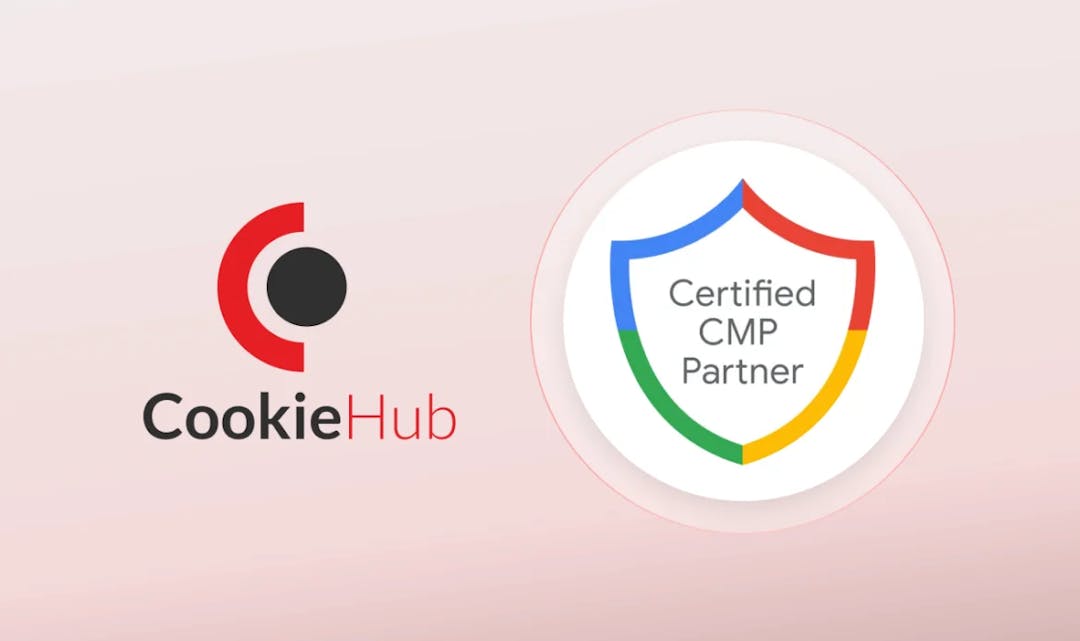
Ces dernières années, de nombreuses lois sur la protection des données ont été promulguées dans le but d’améliorer la confidentialité des données pour les internautes du monde entier. Des lois strictes, comme le Règlement général sur la protection des données (RGPD) de l’UE, obligent les sites Web à obtenir le consentement explicite des utilisateurs avant d’utiliser leurs données, en particulier à des fins de publicité ciblée. Avec de lourdes amendes en cas de non-conformité, pouvant atteindre jusqu’à 20 millions d’euros ou 4 % du chiffre d’affaires annuel mondial, des réglementations telles que le RGPD doivent être respectées avec le plus grand soin.
La loi européenne sur les marchés numériques
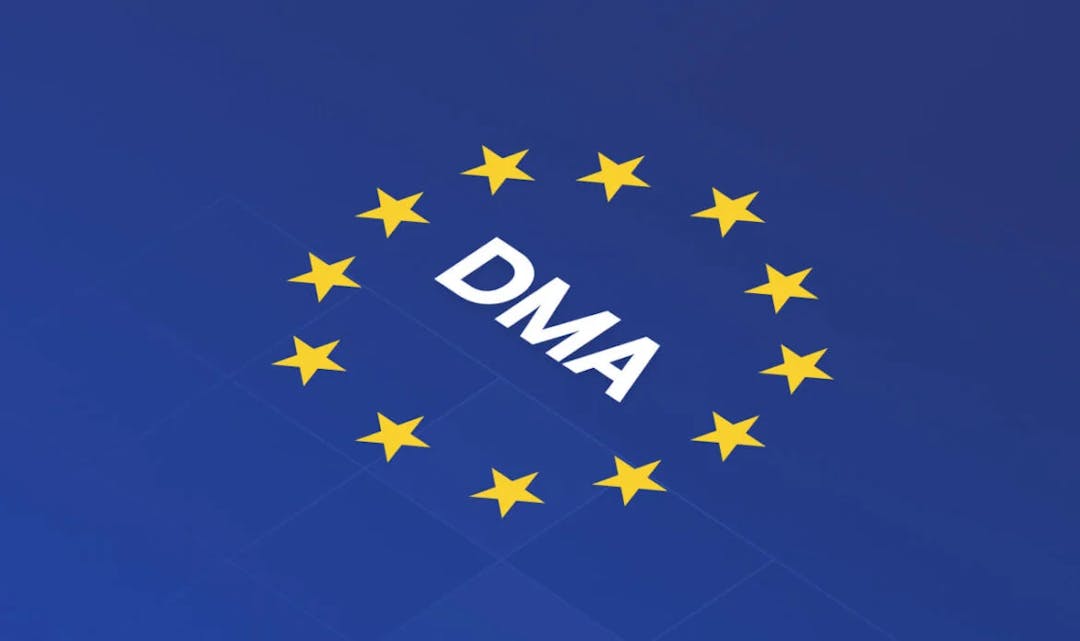
Le Digital Markets Act (DMA) est au cœur d’une ère de transformation dans la gestion de l’économie numérique de l’Union européenne. Cette législation historique vise à reconfigurer la dynamique opérationnelle des grandes entreprises technologiques, en créant un marché numérique équitable pour toutes les parties. Introduite à une époque marquée par l’ascension des géants de la technologie et les inquiétudes croissantes quant à leur influence sur la compétitivité du marché et le choix des consommateurs, l’objectif de la DMA est d’uniformiser les règles du jeu concurrentielles. Au-delà de cela, il a de profondes implications pour la vie privée en ligne et l’autonomie individuelle, car il s’agit d’une étape législative cruciale dans le secteur numérique. Voici tout ce que vous devez savoir pour vous assurer que vous et votre entreprise êtes entièrement conformes.
Guide complet du droit loi du Québec 25
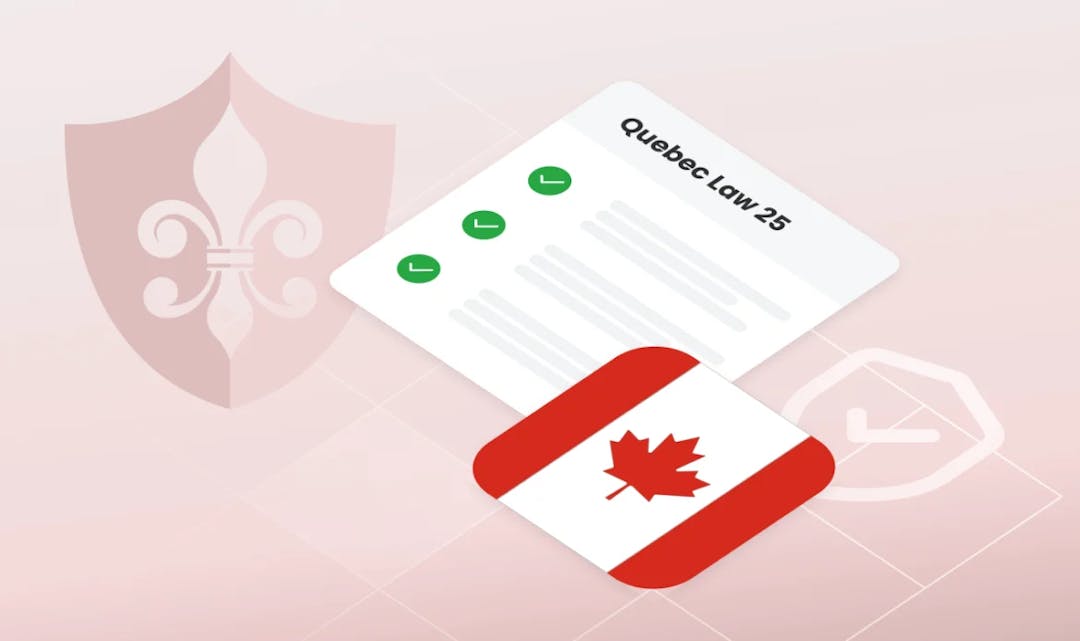
La Loi 25 du Québec, anciennement connue sous le nom de Loi 64, marque un changement important dans l’approche de la province en matière de confidentialité des données. Adoptée par l’Assemblée nationale du Québec en septembre 2021, la loi vise à moderniser la réglementation en matière de protection de la vie privée et à renforcer la protection des données personnelles détenues par les organisations du secteur privé et les organismes du secteur public.
Les prochaines exigences CMP de Google en Suisse

Avec l’extension des mandats de conformité de Google en Suisse, les sites Web qui s’adressent aux utilisateurs suisses devront bientôt faire appel à une plateforme de gestion du consentement (CMP) certifiée et intégrée au cadre de transparence et de consentement (TCF). La même précision que la Suisse a apportée à ses montres de renommée internationale est désormais appliquée à la confidentialité des données, avec la réglementation étendue de Google visant à harmoniser les lois sur la confidentialité des données en Suisse avec les réglementations bien établies qui existent dans l’Union européenne et au Royaume-Uni.
La loi argentine sur la protection des données personnelles (PDPL)

La loi argentine sur la protection des données personnelles (PDPL) est la pierre angulaire de la législation numérique dans la région. Comparable par son importance et sa portée au Règlement général sur la protection des données (RGPD) de l’Union européenne, le PDPL est le cadre directeur des secteurs public et privé de l’Argentine, dictant la manière dont les données personnelles doivent être gérées et protégées de manière responsable.
La loi australienne sur la protection de la vie privée
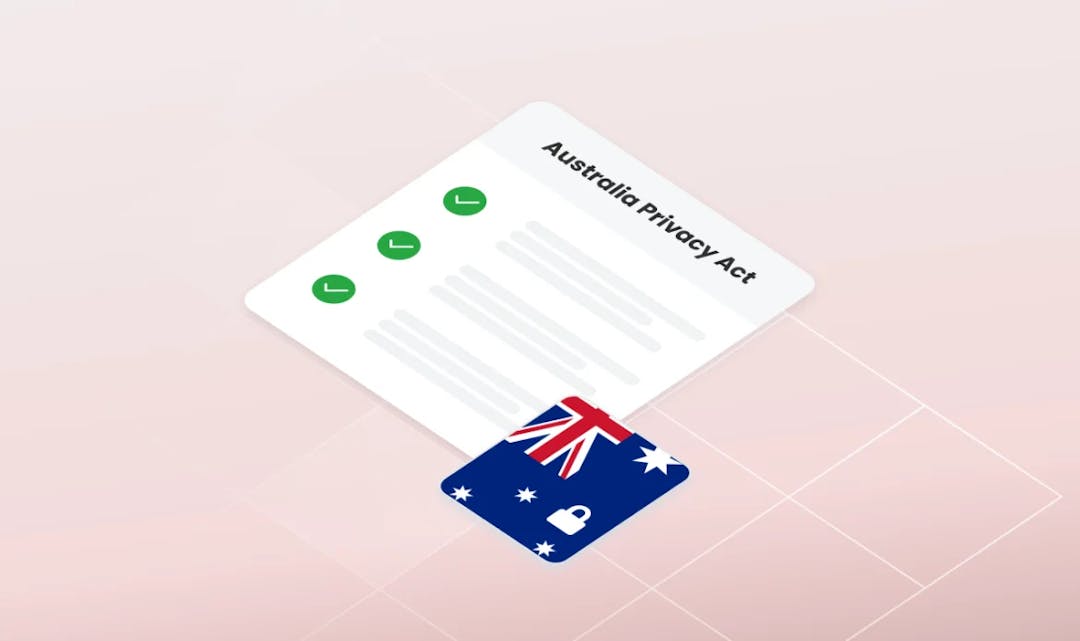
La protection des données numériques en Australie est centrée sur la loi sur la protection de la vie privée de 1988. Ce cadre juridique a été conçu pour répondre aux complexités liées à la protection de la vie privée et à la sécurité des données et a été établi à l’origine en réponse aux préoccupations croissantes concernant la sécurité des renseignements personnels.
Un guide simple du mode consentement de Google V2
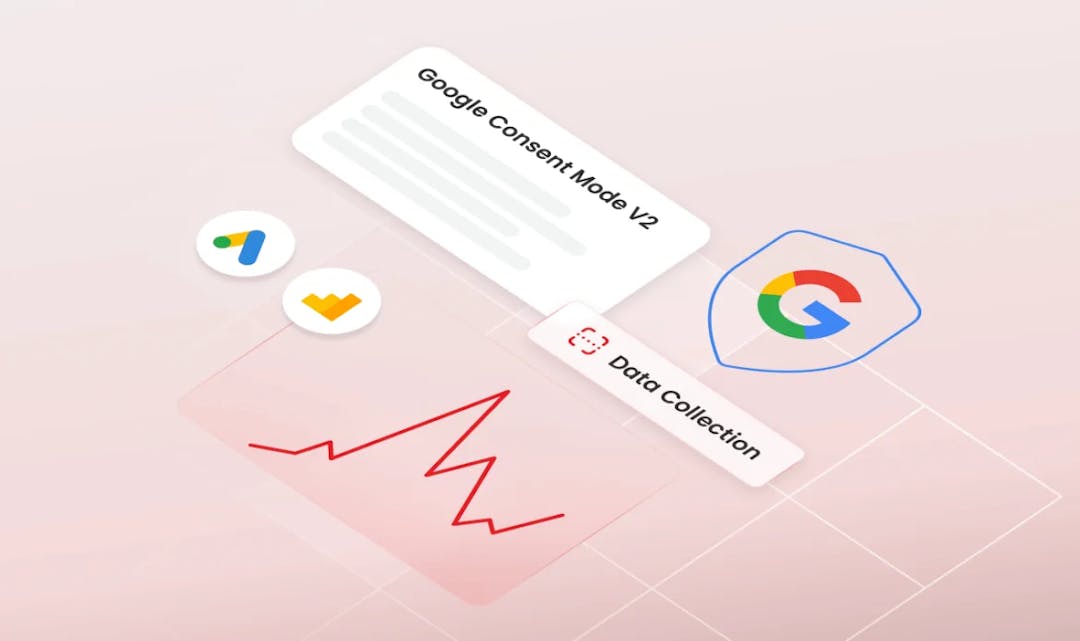
Le lancement de Google Consent Mode v2 représente une étape majeure dans les tentatives de Google de trouver un équilibre entre les besoins des annonceurs en matière de collecte de données sur les utilisateurs et les droits des utilisateurs à préserver leur vie privée. Dévoilé fin novembre 2023, Google Consent Mode V2 est une version évoluée de son prédécesseur et s’accompagne d’un certain nombre de nouvelles fonctionnalités clés. Dans cet article, nous allons explorer cette nouvelle incarnation, ses implications pour le suivi côté serveur, sa corrélation avec le Digital Markets Act et le rôle que jouent les bannières de cookies dans la conformité.
Contrôle global de la confidentialité

Dans ce blog, nous présentons Global Privacy Control, en élaborant sur ses fonctionnalités, ses avantages et le rôle qu’il joue dans l’environnement actuel de confidentialité numérique. Notre objectif est de faire la lumière sur le fonctionnement de GPC, son alignement sur les lois existantes sur la protection de la vie privée et les implications pour les utilisateurs d’Internet et les opérateurs de sites Web.
Loi indienne de 2023 sur la protection des données personnelles numériques (DPDP)
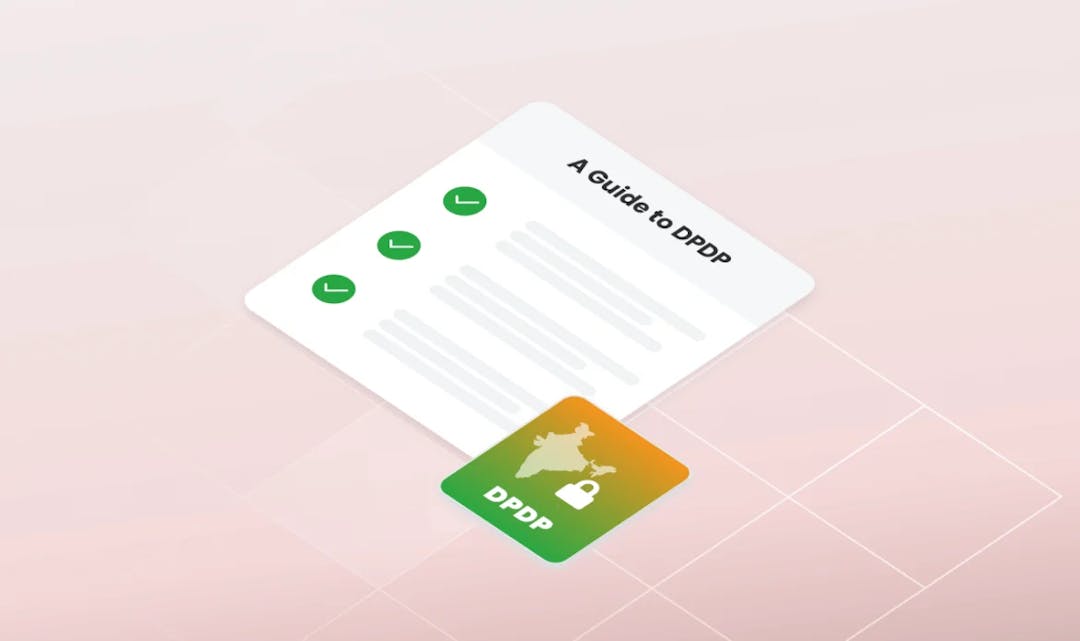
Les règles et réglementations en matière de protection des données sont essentielles pour déterminer la sécurité du stockage et du traitement des données personnelles. Consciente de cela, l’Inde a fait un grand pas en avant avec le lancement de la loi de 2023 sur la protection des données personnelles numériques (DPDP). Cette loi marque une avancée majeure dans l’amélioration du droit à la vie privée numérique des individus, tout en établissant des lignes directrices et des normes claires sur la façon dont les organisations traitent les données.
Cookiehub CMP est désormais un partenaire Google certifié
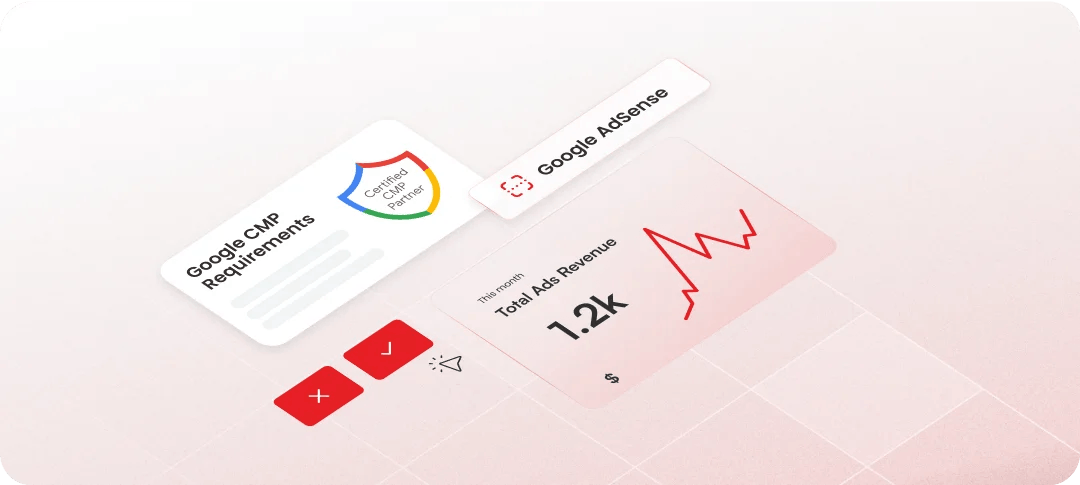
La confidentialité numérique a été un sujet brûlant au cours des dernières années, car les consommateurs du monde entier sont de plus en plus conscients de leurs droits en matière de protection des données. Alors que les violations de données et l’utilisation abusive des informations personnelles continuent de faire la une des journaux mondiaux, il existe une demande croissante de transparence et d’assurance de la part des sites Web et des plateformes avec lesquels nous interagissons quotidiennement.
TCF v2.2 et ce qu’il faut savoir
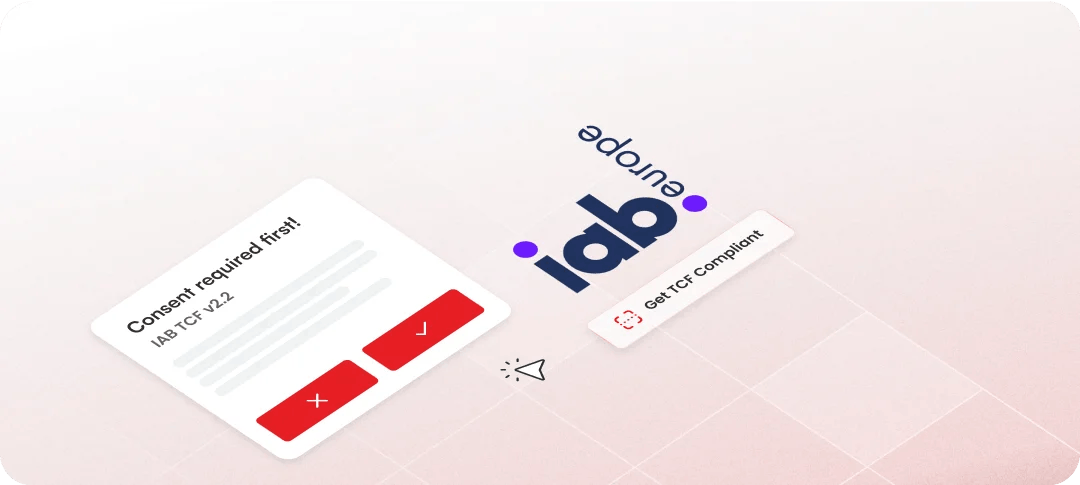
La publicité est différente aujourd’hui de ce qu’elle était il y a quelques années. L’environnement de consommation axé sur le numérique signifie qu’il y a à la fois de nouvelles opportunités à exploiter et des défis à surmonter.
L’évolution de la protection des données en Suisse: un aperçu complet de la nouvelle FADP

La Suisse est à l’avant-garde de plusieurs pays qui soutiennent et renforcent la protection des données. Alors que l’ère numérique a radicalement transformé la façon dont les données sont collectées et partagées, leur protection adéquate reste une priorité au-delà des frontières.
La protection des données Lone Star: un regard sur la loi sur la confidentialité et la sécurité des données du Texas
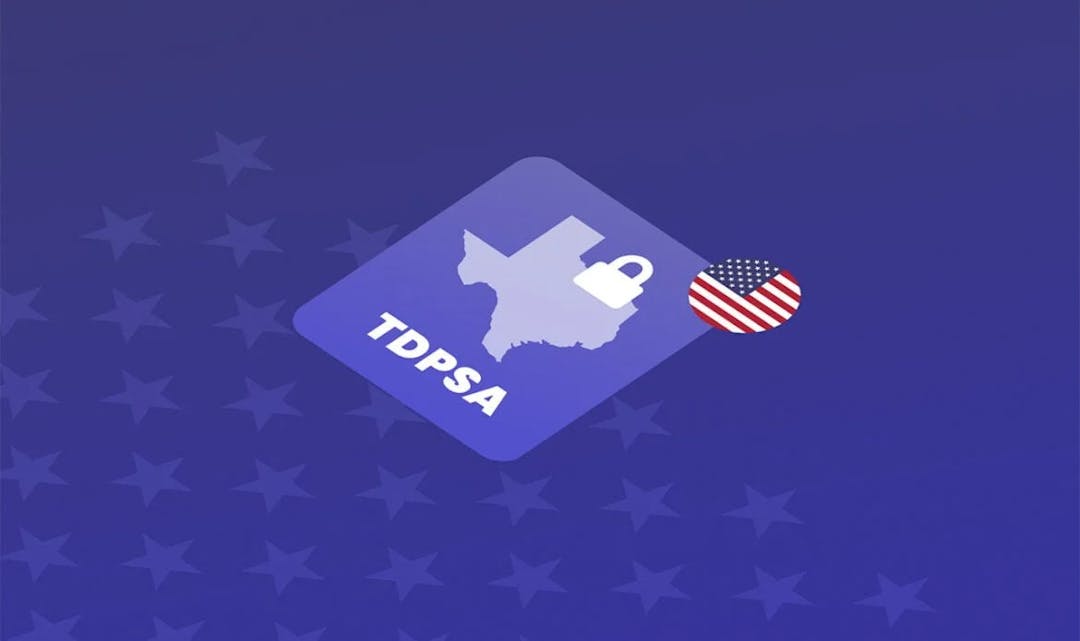
Le 18 juin, une nouvelle étoile a émergé dans la constellation américaine de la confidentialité des données : le Texas a fièrement pris sa place en tant que onzième État à défendre les droits à la vie privée des consommateurs en promulguant la loi Texas Data Privacy and Security Act (TDPSA), avec le séchage de l’encre sur HB 4. Le compte à rebours a commencé, la TDPSA devant entrer en vigueur le 1er juillet 2024, le même jour que son homologue floridien, la Florida Digital Bill of Rights.
La Déclaration des droits numériques de Floride : naviguer dans la nouvelle frontière de la confidentialité des données
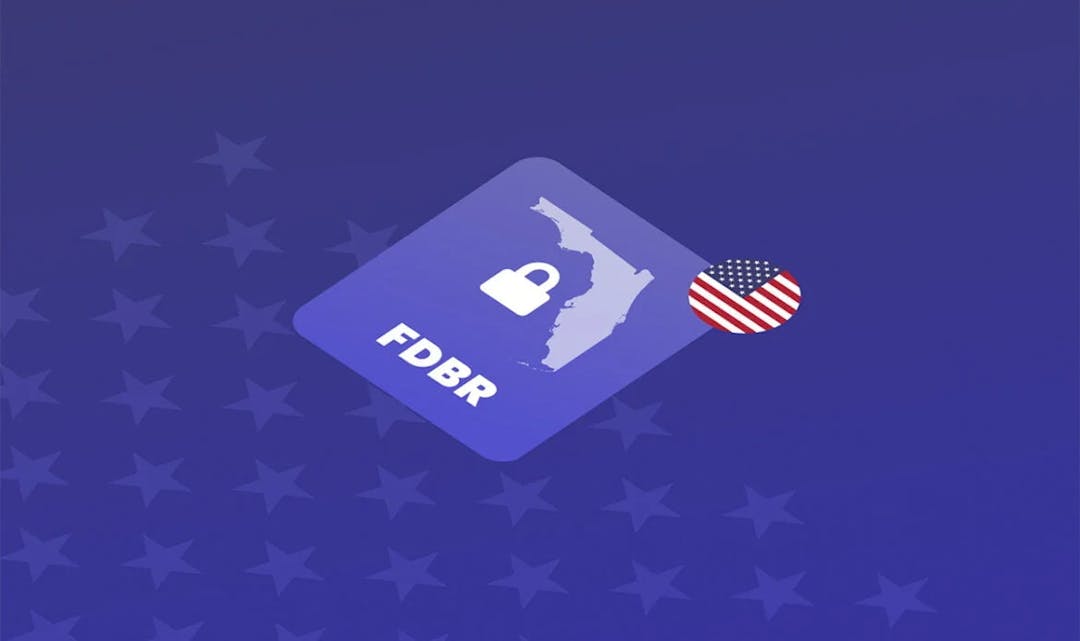
La Florida Digital Bill of Rights (FDBR), également connue sous le nom de SB 262, est devenue une législation importante pour les entreprises faisant des affaires à l’intérieur des frontières de la Floride. Inaugurant une nouvelle ère de normes de confidentialité numérique – et l’importance de sécuriser les données personnelles des consommateurs étant plus urgente que jamais – les efforts de la Floride sur ce territoire sont à la fois opportuns et cruciaux.
CCPA vs RGPD : principales similitudes et différences que les entreprises doivent comprendre
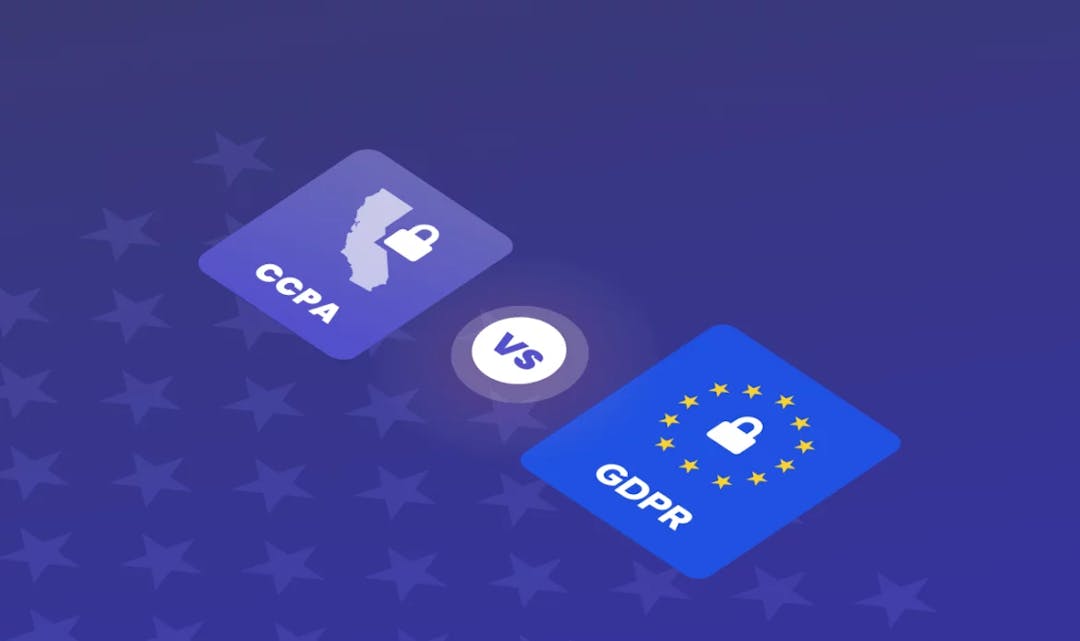
Le Règlement général sur la protection des données (RGPD) de l’Union européenne (UE) et le California Consumer Privacy Act (CCPA) présentent de nombreuses similitudes : ils ont été introduits à peu près au même moment, ils donnent tous deux aux consommateurs plus de droits sur leurs données et ils ont tous deux des impacts à l’échelle mondiale – mais il existe également des différences importantes.
Quelles sont les sanctions en cas de violation du CCPA
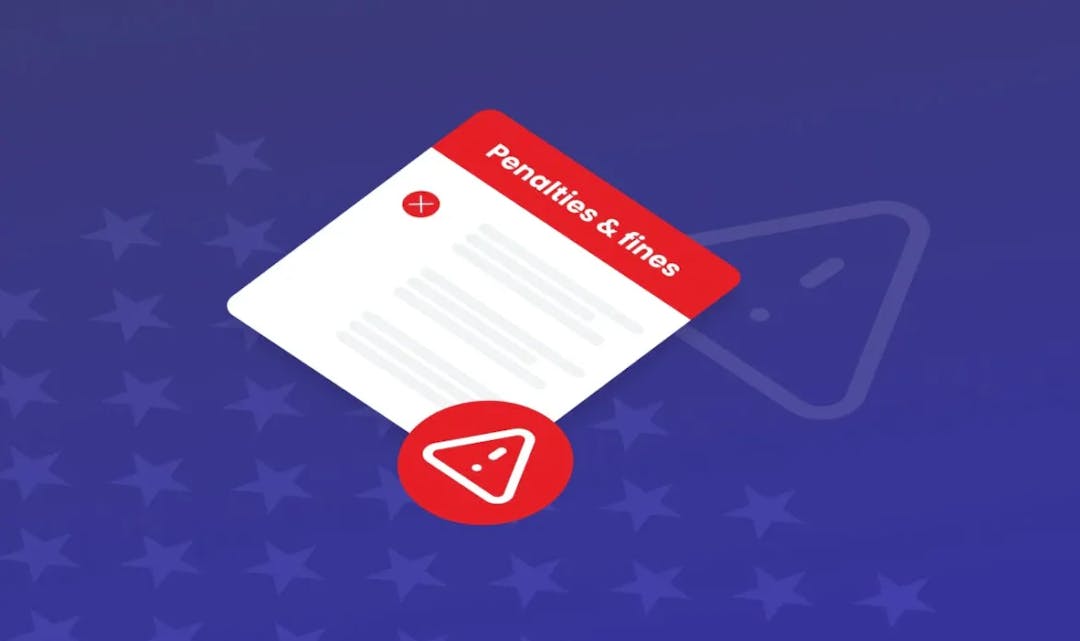
En septembre 2022, le détaillant en ligne Sephora a accepté de payer 1,2 million de dollars pour avoir enfreint la loi californienne sur la protection de la vie privée des consommateurs (CCPA) – la première fois que le procureur général de Californie a pris des mesures d’application de la loi depuis l’introduction de la loi en 2020. Cette décision a marqué la fin de la période d’installation de la loi sur les données et le début d’une approche plus stricte de l’application. Si vous n’êtes pas sûr que votre organisation se conforme à la CCPA, il est temps d’agir – ou vous pourriez être pénalisé.
Quels droits le CCPA accorde-t-il aux consommateurs ?
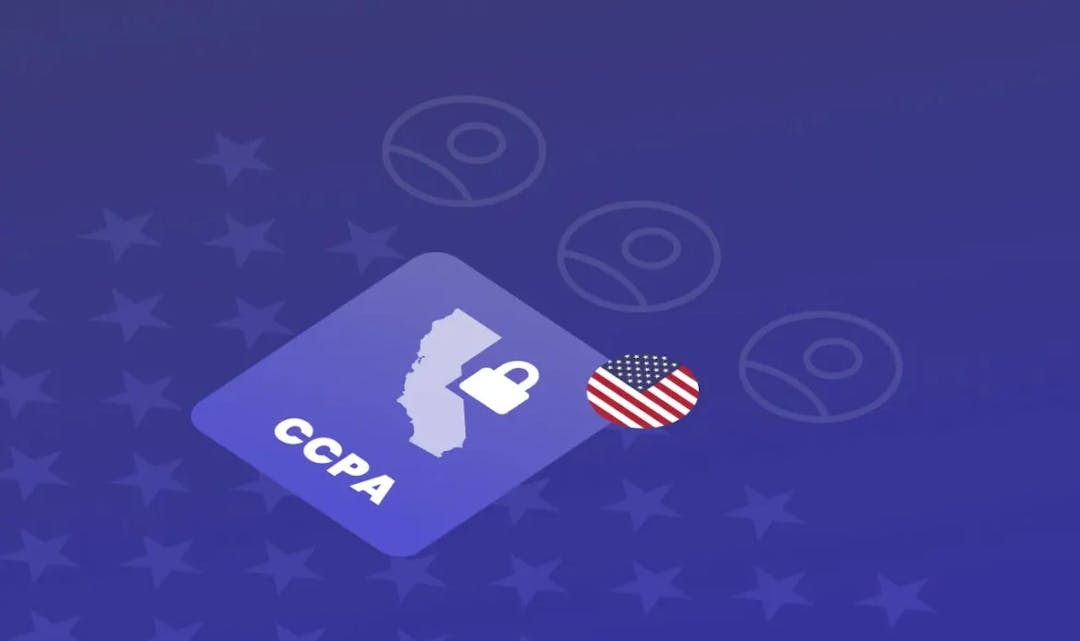
La loi californienne sur la protection de la vie privée des consommateurs (CCPA) est une référence dans la réglementation des droits des consommateurs, la première du genre aux États-Unis. Il vise à donner aux consommateurs un plus grand contrôle sur la façon dont leurs données personnelles sont collectées et utilisées par les entreprises.
Ai-je besoin d’une politique en matière de cookies sur mon site Web ?
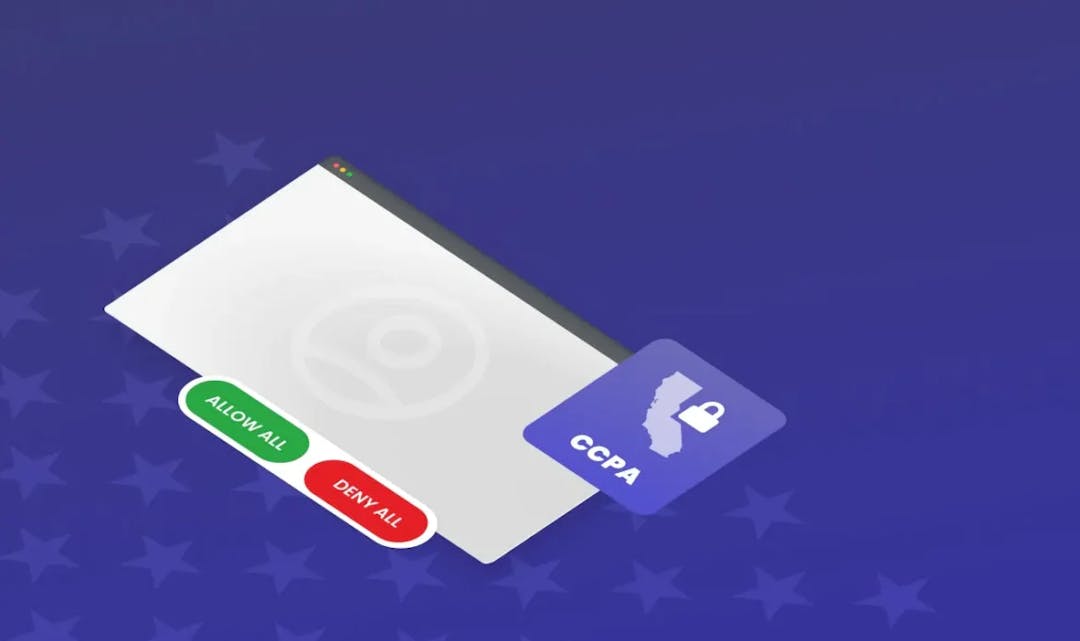
De nombreuses régions du monde exigent une politique en matière de cookies dans le cadre des lois sur la protection des données, par exemple, la California Consumer Privacy Act (CCPA) de Californie ou le Règlement général sur la protection des données (RGPD) de l’UE. Ces lois font d’une politique de cookies une obligation légale et le non-respect peut entraîner des amendes et des pénalités.
Guide des exigences de désinscription du CCPA
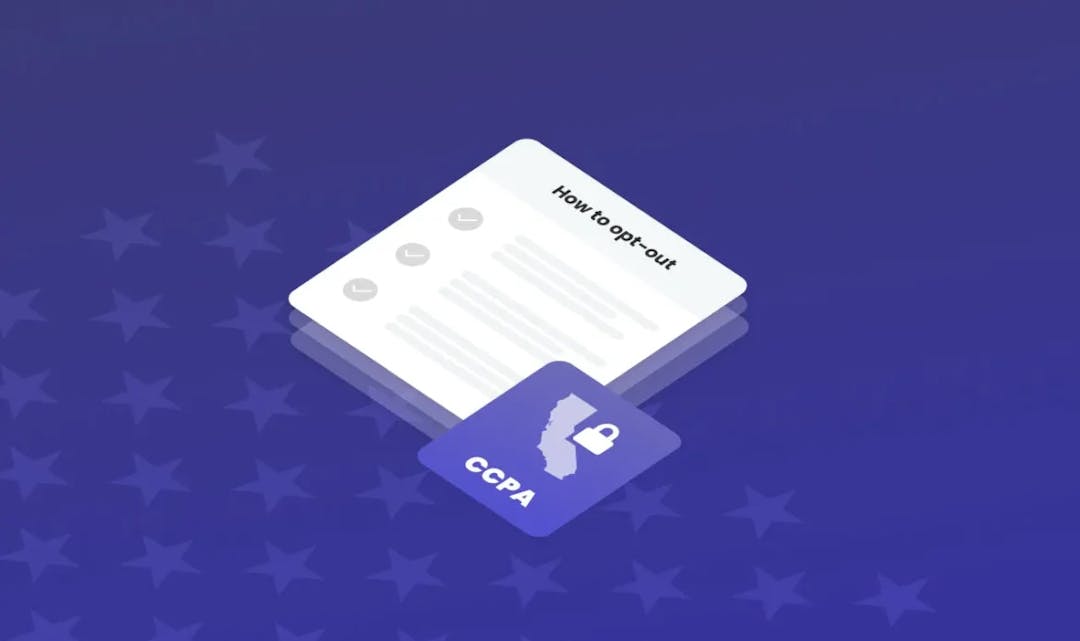
La California Consumer Privacy Act (CCPA) vise à donner aux consommateurs un plus grand contrôle sur les informations personnelles collectées à leur sujet. Une partie importante de cela est de pouvoir refuser ou refuser l’autorisation que les données personnelles soient utilisées de manière particulière.
Guide des bannières de cookies CCPA
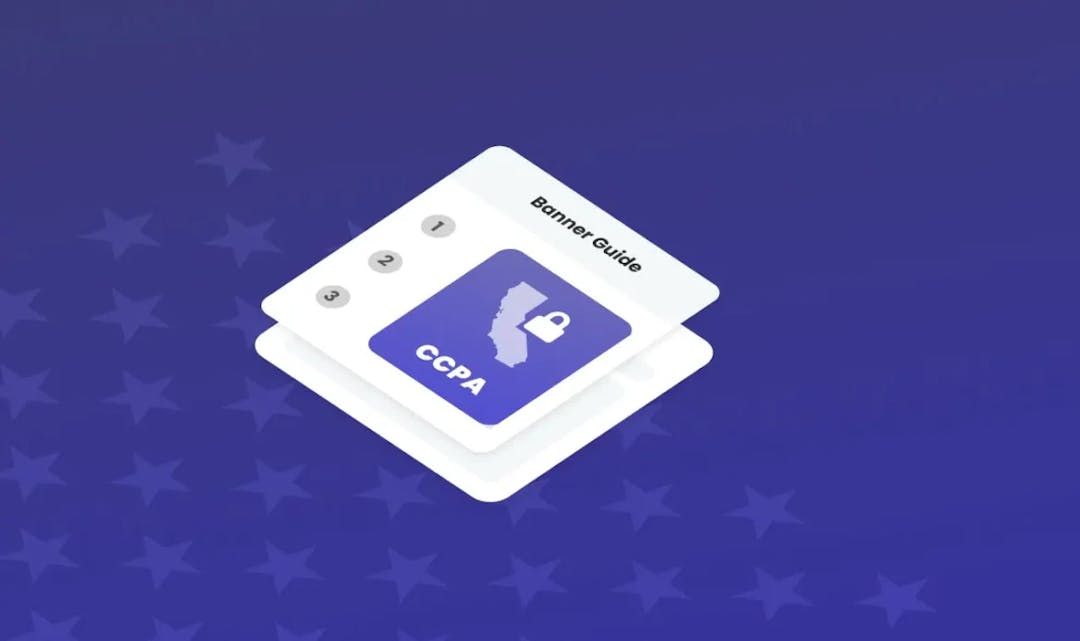
Les bannières de cookies aident votre site à se conformer aux exigences de la loi californienne sur la protection de la vie privée des consommateurs (CCPA) qui donne aux résidents californiens le droit d’avoir leur mot à dire sur la façon dont leurs données personnelles sont collectées et utilisées. Que couvre une bannière de cookie CCPA et comment peut-elle être rendue aussi conviviale que possible?
Liste de contrôle de conformité CCPA
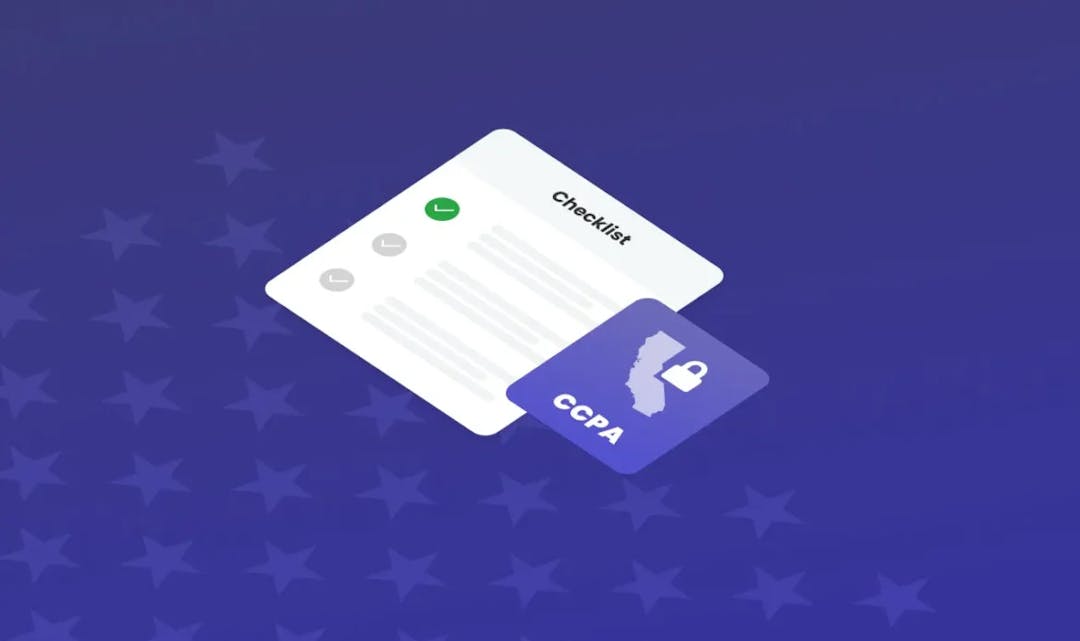
Répondre aux exigences de la California Consumer Privacy Act (CCPA) peut être intimidant. Il est facile de comprendre l’objectif général, mais les détails délicats de ce que vous devez faire pour vous conformer sont souvent plus difficiles à saisir.
Guide du projet de loi britannique sur la protection des données et l’information numérique

Le gouvernement britannique souhaite réformer les lois sur la protection des données, en supprimant la charge administrative et en contribuant à promouvoir l’innovation. Le défi consiste à y parvenir sans perturber ni risquer les relations commerciales.
À qui s’applique le CCPA ?
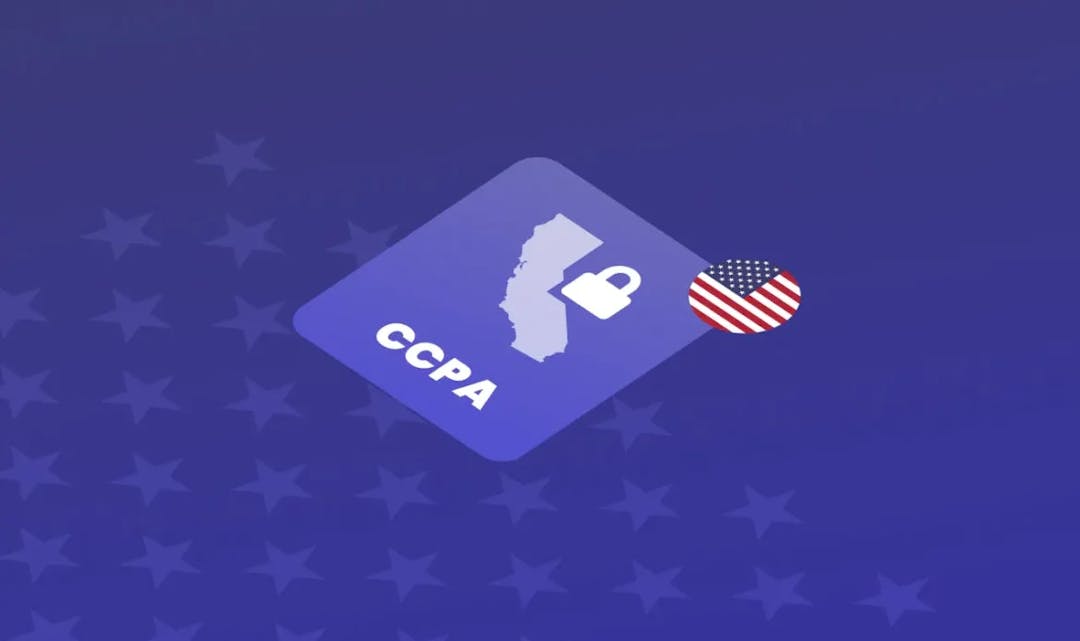
La loi californienne sur la protection de la vie privée des consommateurs de 2018 (CCPA) a des impacts bien au-delà des frontières de la Californie. L’État américain a une économie de 4 billions de dollars; si la Californie était un pays, ce serait la quatrième plus grande économie de la planète.
Comment se conformer à la CCPA
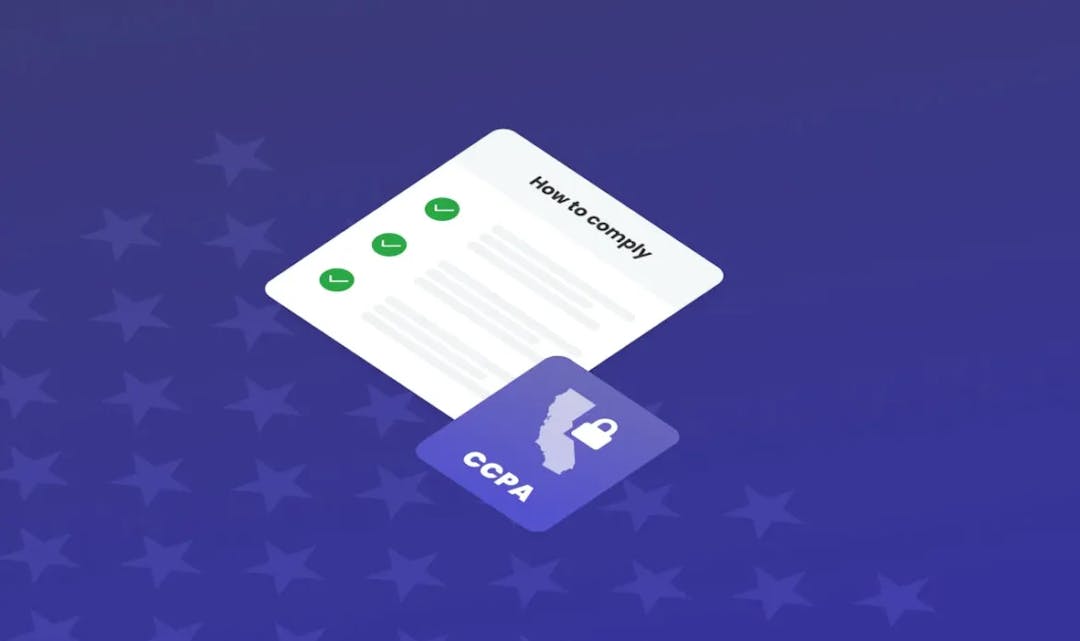
La California Consumer Privacy Act (CCPA) s’applique aux entreprises à but lucratif qui collectent ou traitent les données des résidents californiens, même si elles sont hors de l’État. Étant donné que la Californie a la plus grande économie des États-Unis, la législation a eu un impact sur les entreprises à travers le pays et au-delà depuis son entrée en vigueur le 1er janvier 2020.
Comment vérifier la conformité de votre site Web rapidement et facilement

Dans la bataille pour rester conforme au paysage mondial en constante évolution de la confidentialité des données, les sites Web disposent d’un nouvel outil puissant. CookieHub, la principale plateforme de gestion des consentements, offre un contrôle de conformité rapide et gratuit qui fournit aux sites Web une trace interne de chaque cookie qu’ils exécutent.
La mise en œuvre du consentement aux cookies n’est pas beaucoup plus facile

Si vous êtes comme la plupart des gens, l’idée d’ajouter du code à votre site Web est une idée inconfortable dans le meilleur des cas, et à la limite de la terrifiante au pire. Avec des lignes de code JavaScript et HTML suscitant la peur chez les propriétaires de sites Web du monde entier, la tâche de rester en conformité avec les lois internationales sur la confidentialité des données est un processus difficile pour beaucoup.
Comment les lois sur la confidentialité des données vont changer en 2023

Les lois sur la confidentialité des données ont peut-être commencé comme un moyen d’aider à sécuriser les activités à haut risque telles que les services bancaires et les soins de santé, mais elles couvrent maintenant tout, des achats quotidiens aux services de streaming. Bien que ce soit sans aucun doute une chose positive pour les clients, lorsqu’il s’agit des entreprises qui servent ces clients, rester conforme aux données peut devenir très délicat, très rapidement.
Ordonnance sur la protection des données personnelles (PDPO) de Hong Kong
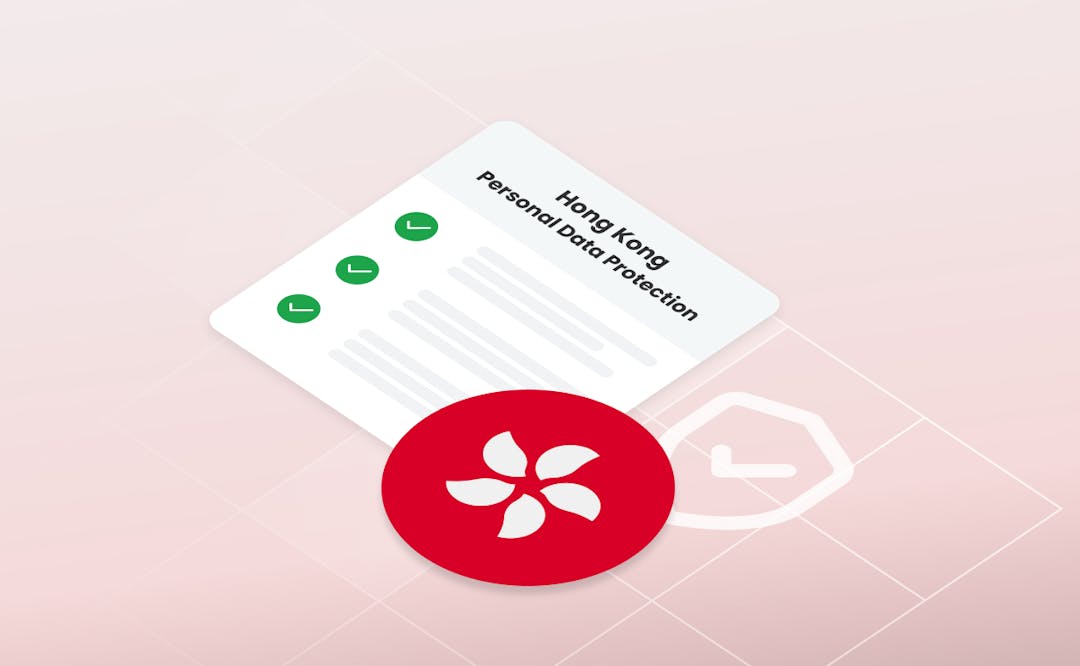
Adoptée en 1995, la Personal Data (Privacy) Ordinance (PDPO) de Hong Kong est l’une des lois les plus établies d’Asie en matière de protection des données. Créé en réponse à un rapport de la Commission de réforme du droit de 1994, qui suggérait que Hong Kong établisse une loi actualisée sur la protection de la vie privée conformément aux lignes directrices de l’OCDE, PDPO a été introduit pour fournir à Hong Kong les niveaux de confidentialité des données nécessaires pour maintenir l’importance de la région en tant que plaque tournante du commerce international.
Loi thaïlandaise sur la protection des données personnelles – Il y a une nouvelle loi sur la protection de la vie privée que vous devez connaître
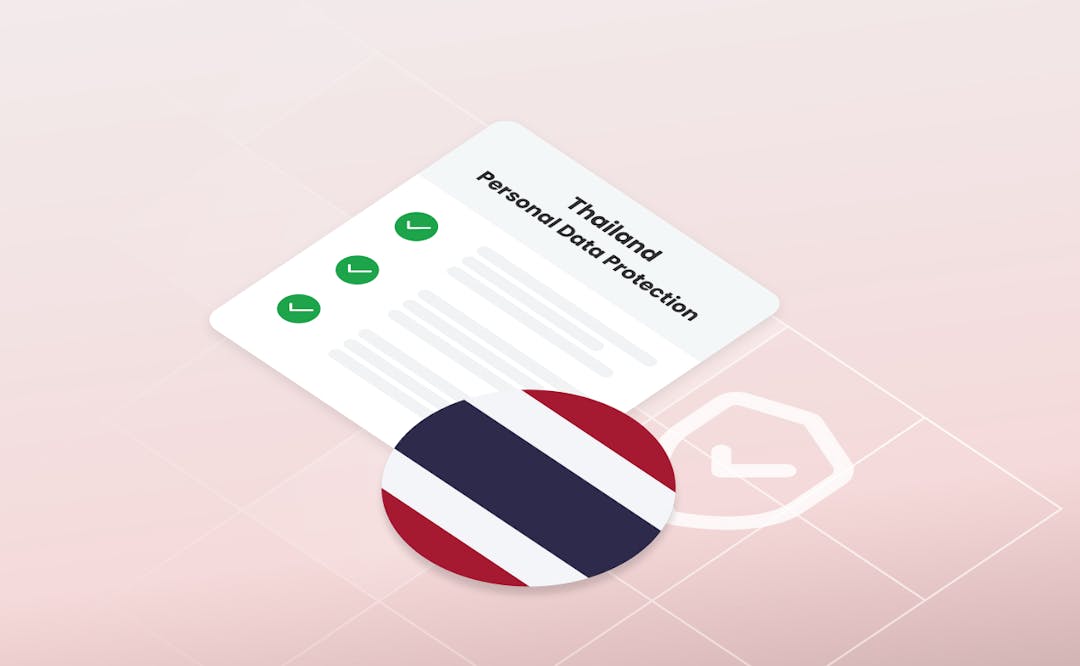
L’application de la loi thaïlandaise sur la protection des données personnelles a commencé le 1er juin après trois ans de retard. Promulguée à l’origine en mai 2019, cette loi reflète le Règlement général sur la protection des données de l’Union européenne et rejoint une longue liste de lois destinées à protéger les internautes et les informations personnelles.
Vérificateur de cookies : Mon site Web utilise-t-il des cookies ?
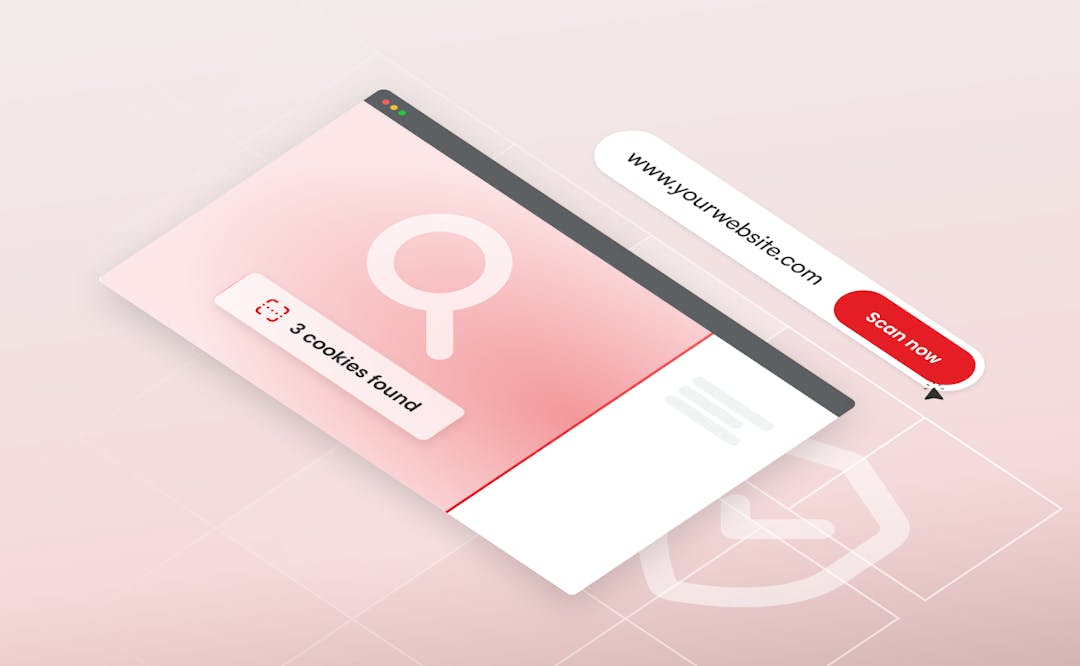
Pour les propriétaires de sites Web, les cookies sont également faciles à utiliser et à mettre en œuvre. Ils ne nécessitent pas les ressources d’un serveur et n’occupent qu’une petite quantité de mémoire. Ils peuvent être configurés de nombreuses façons, peuvent persister pendant des durées personnalisées et peuvent alimenter des campagnes marketing très ciblées visant des segments de marché très spécifiques.
Nouvelles directives de confidentialité de l’Italie : voici ce que vous devez savoir
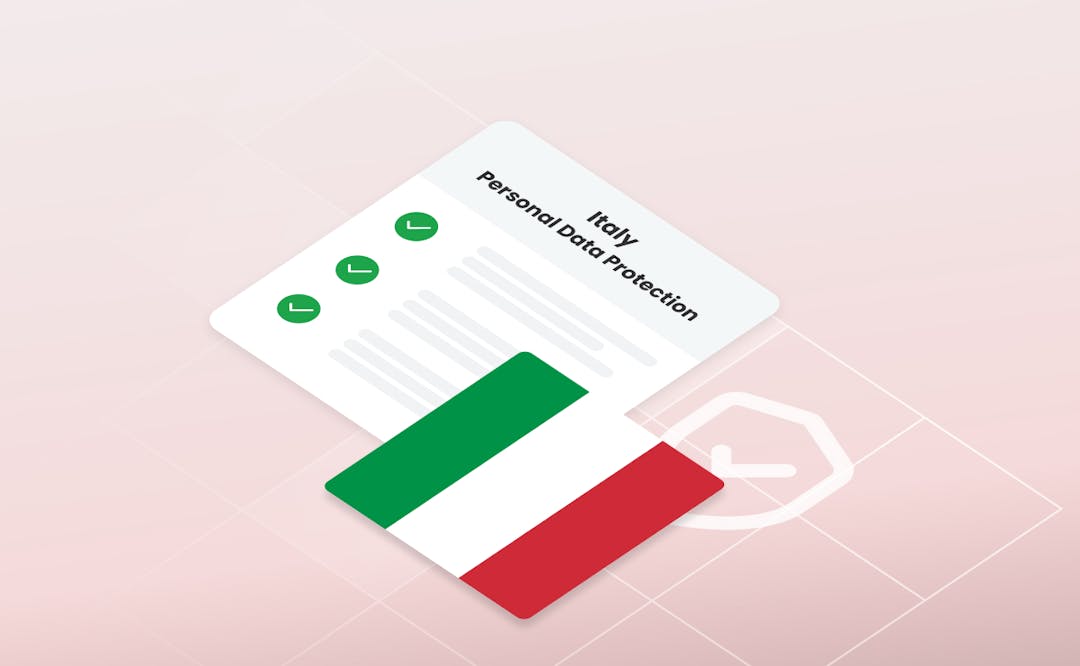
De nouvelles directives de l’autorité italienne de protection des données sont entrées en vigueur le 9 janvier 2022, et celles-ci ont un impact sur tout site web qui utilise des cookies. Les nouvelles directives ont été annoncées l’été dernier et les autorités ont accordé aux gestionnaires de sites Web une période de six mois pour se familiariser avec les nouvelles règles et apporter des ajustements. Avec les nouvelles règles de confidentialité maintenant en vigueur, les gestionnaires de sites Web doivent s’y mettre, comprendre ces réglementations et s’y adapter.
Tu peux le faire! Devenez revendeur de CookieHub et rejoignez notre programme de partenariat
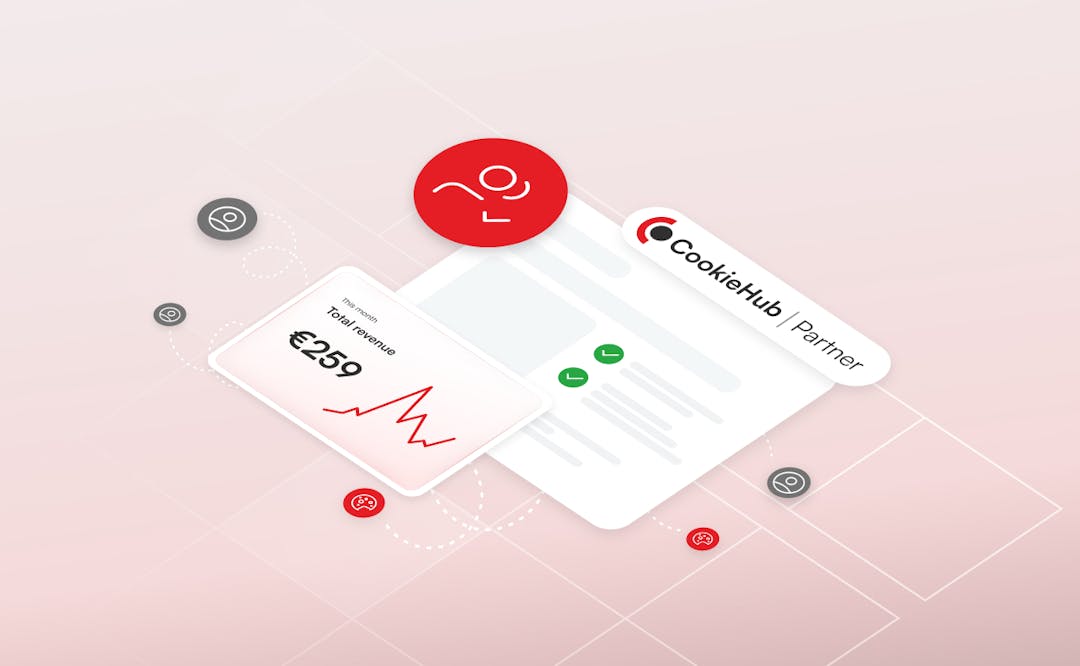
CookieHub facilite la création d’une plateforme de gestion des consentements et dispose de tout ce dont vous avez besoin pour rendre votre site Web conforme au RGPD, à la LGPD et au CCPA . Maintenant, nous rendons la conformité à la fois facile et lucrative avec notre programme de revendeur. La meilleure chose est que notre programme de revendeur ne fonctionne pas seulement pour les développeurs Web et les gourous de la technologie – tout le monde peut monter à bord et commencer à vendre aujourd’hui.
Qu’est-ce que la LPVPC – Loi sur la protection de la vie privée des consommateurs du Canada?
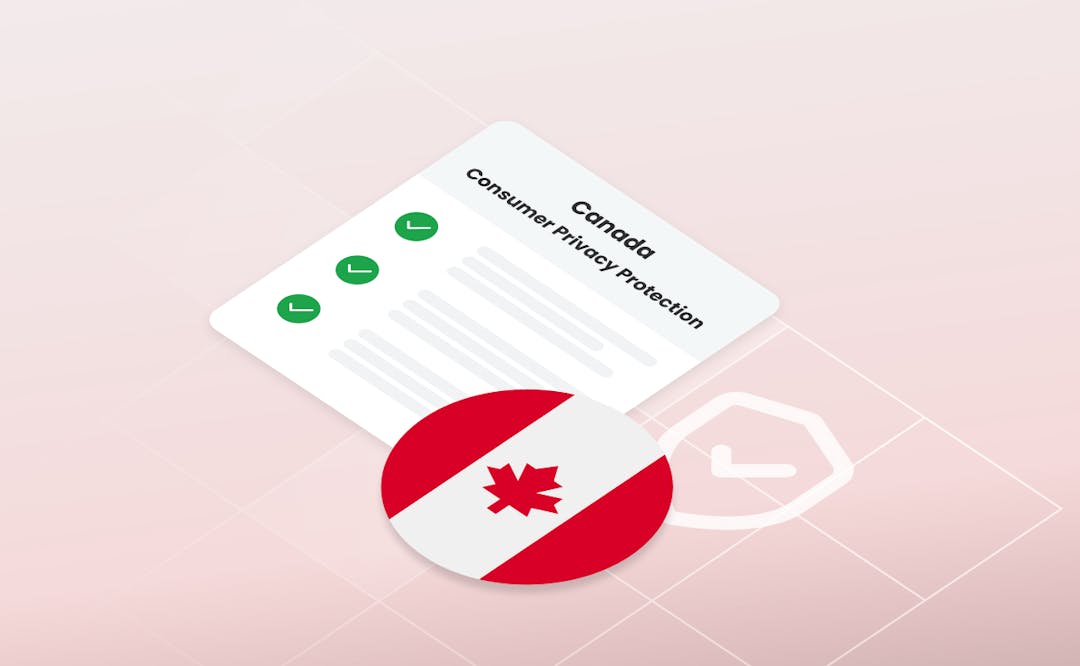
Suivant les traces d’autres législateurs, en novembre 2020, la Chambre des communes du Canada a déposé la Loi de mise en œuvre de la Charte numérique (LPCI), également connue sous le nom de projet de loi C-11. À l’instar de lois similaires sur la confidentialité des données, la DCIA vise à réglementer la collecte, la distribution, l’utilisation et la divulgation des informations sur les consommateurs utilisées dans le cadre d’activités commerciales.
Qu’est-ce que l’APPI – la loi japonaise sur la protection des données ?
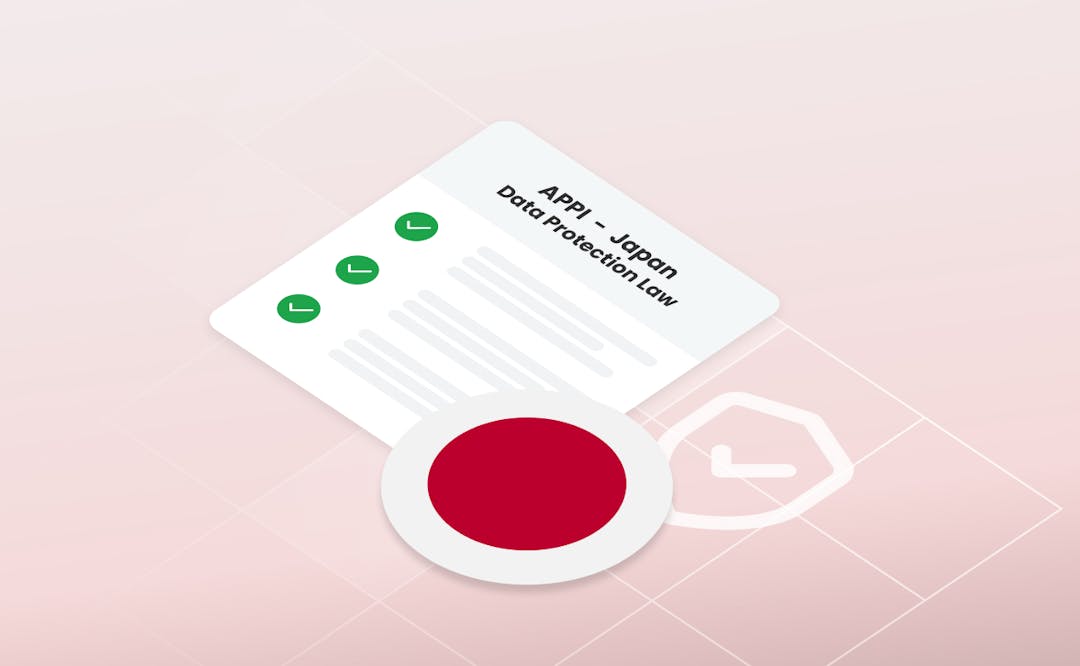
En juin 2020, le gouvernement japonais a promulgué un amendement à l’APPI. La nouvelle version modifiée de l’APPI entrera en vigueur le 1er avril 2022. Comme d’autres lois sur la confidentialité des données dans le monde, l’APPI vise à protéger les données personnelles des citoyens japonais.
Qu’est-ce que la loi sud-africaine sur la confidentialité des données POPIA ?
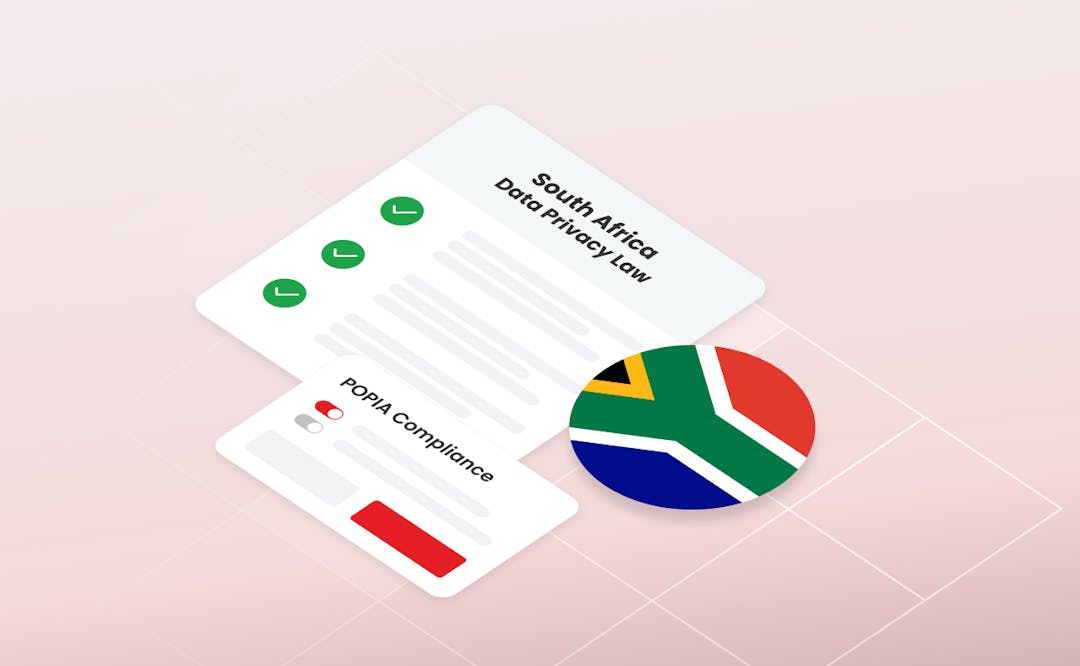
En juillet 2020, le Parlement sud-africain a promulgué la loi POPIA. Il s’agit de la loi la plus récente et la plus importante du pays sur la confidentialité des données personnelles des Sud-Africains. Avec l’entrée en vigueur d’une série de nouvelles lois sur la confidentialité des données dans le monde entier, telles que le RGPD et le CCPA, il s’agit du dernier ajout qui renforce les réglementations sud-africaines pour refléter les nouvelles normes mondiales.
Qu’est-ce qu’une plateforme de gestion du consentement ?
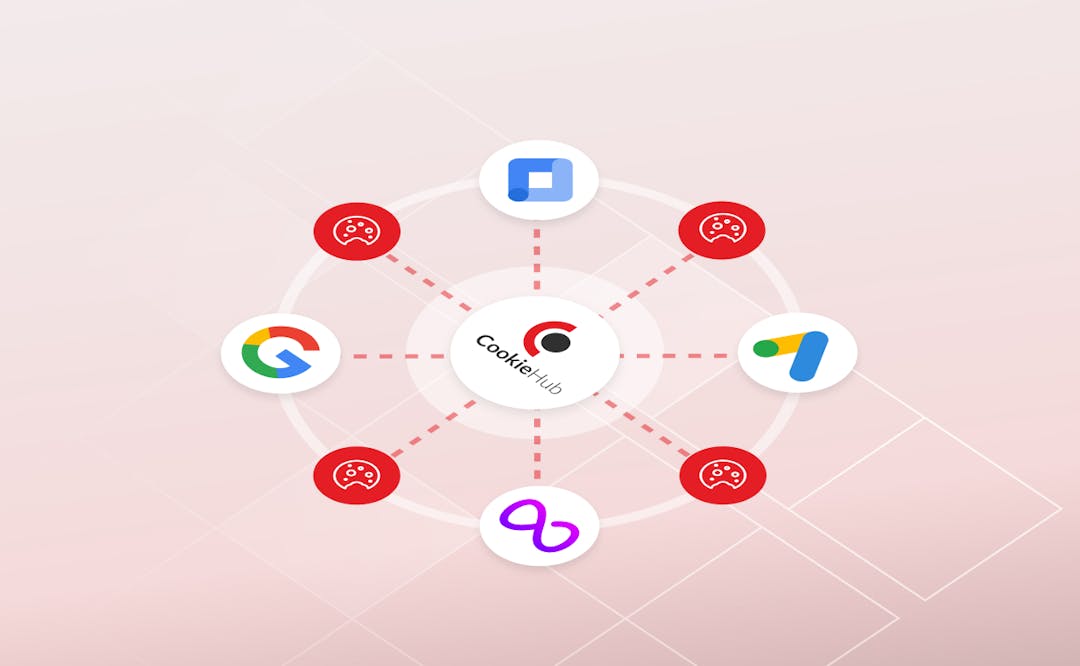
Une plateforme de gestion du consentement (CMP) est une solution utilisée par les sites web et les applications mobiles pour gérer et stocker le consentement de leurs utilisateurs pour la collecte et l’utilisation de leurs données personnelles. Les CMP aident les organisations à se conformer aux réglementations en matière de confidentialité telles que le RGPD et le CCPA en fournissant une solution centralisée pour gérer et documenter le consentement de l’utilisateur.
Qu’est-ce que la CNIL ?
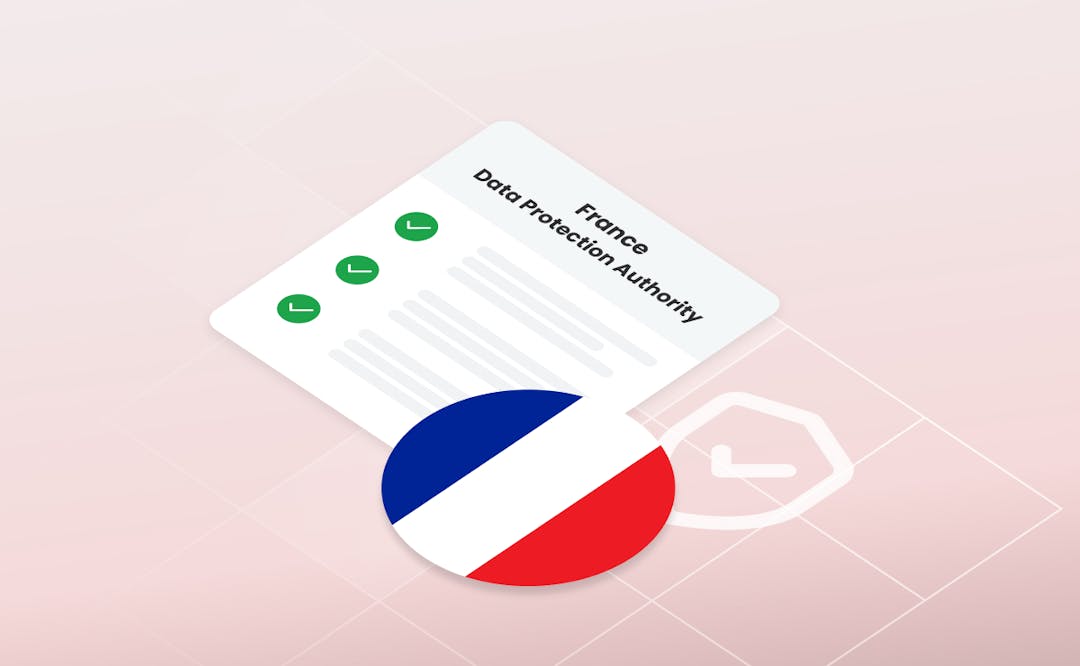
En vertu de la Charte des droits fondamentaux de l’UE, tous les États membres étaient tenus de créer une autorité de protection des données. Ces agences sont chargées de protéger les droits des données des citoyens de l’UE dans l’État membre. La Commission Nationale de l’Informatique et des Libertés en France est la CNIL.
Qu’est-ce que l’AEPD ?
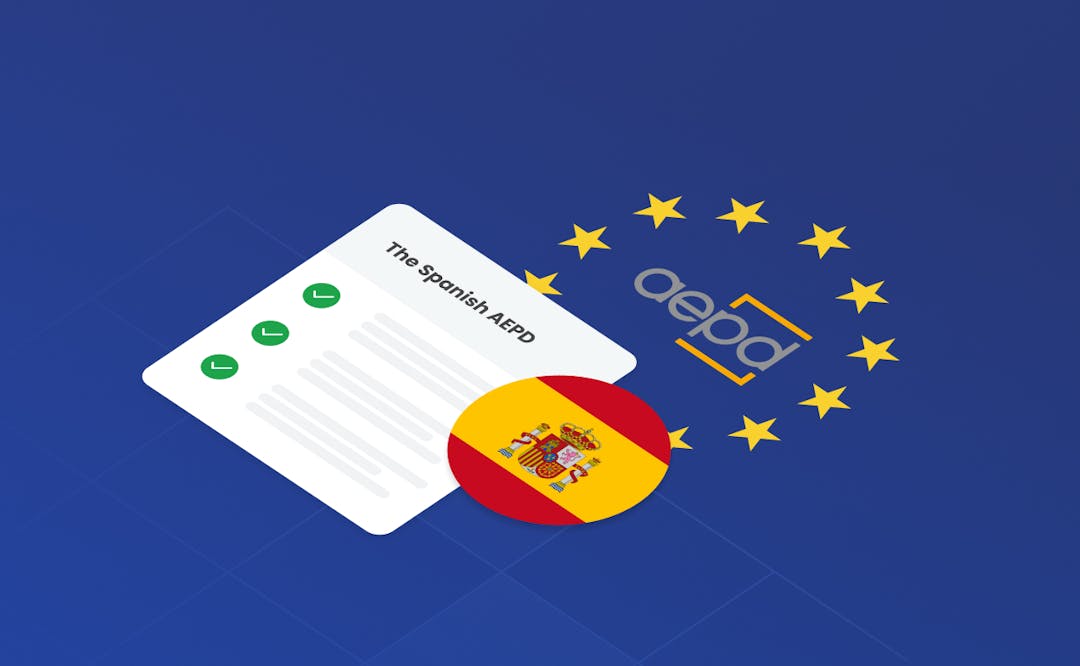
Partout dans le monde, les entreprises et les particuliers sont désormais tous conscients du RGPD. Il s’agit d’un cadre législatif régissant la collecte et l’utilisation des données à caractère personnel des citoyens de l’UE. Ce que l’on apprécie souvent moins, c’est le rôle que jouent les États membres dans la protection des données.
Qu’est-ce que la PDPA – Loi sur la protection des données personnelles de Singapour ?

Alors qu’Internet se mondialise de plus en plus, les autorités nationales ont pris des mesures pour protéger les données personnelles des citoyens. Cela fait suite à de nombreuses violations de données majeures par des sociétés transnationales, en plus de la collecte secrète de données personnelles sans surveillance réglementaire. À Singapour, la loi sur la protection des données est la PDPA.
Qu’est-ce que le CCPA ? (Et comment se mettre en conformité)
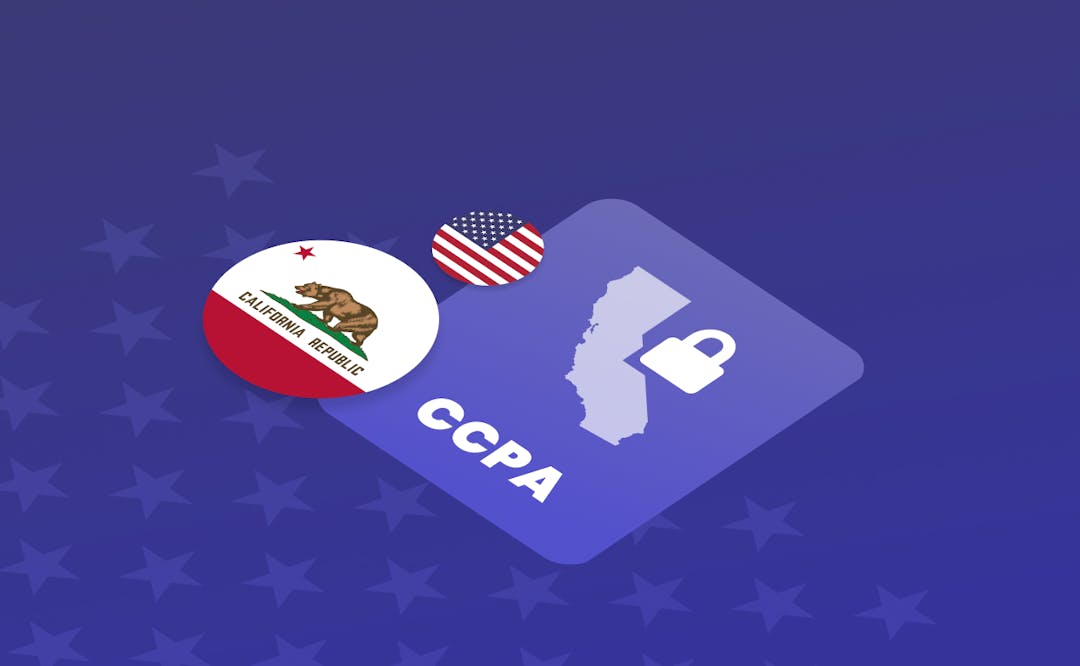
Alors que la plupart des personnes travaillant dans le domaine de la protection des données ont entendu parler du RGPD, le CCPA reçoit beaucoup moins d’attention. Adopté par la législature de l’État de Californie, le CCPA tente de donner aux consommateurs plus de contrôle sur leurs données personnelles. Le CCPA et le RGPD partagent de nombreuses similitudes, car les deux textes législatifs visent à résoudre les mêmes problèmes. À savoir les nombreuses violations de données personnelles par de grandes entreprises et la collecte secrète de données personnelles sans surveillance réglementaire.
Qu’est-ce que la LGPD – Loi générale sur la protection des données du Brésil ?
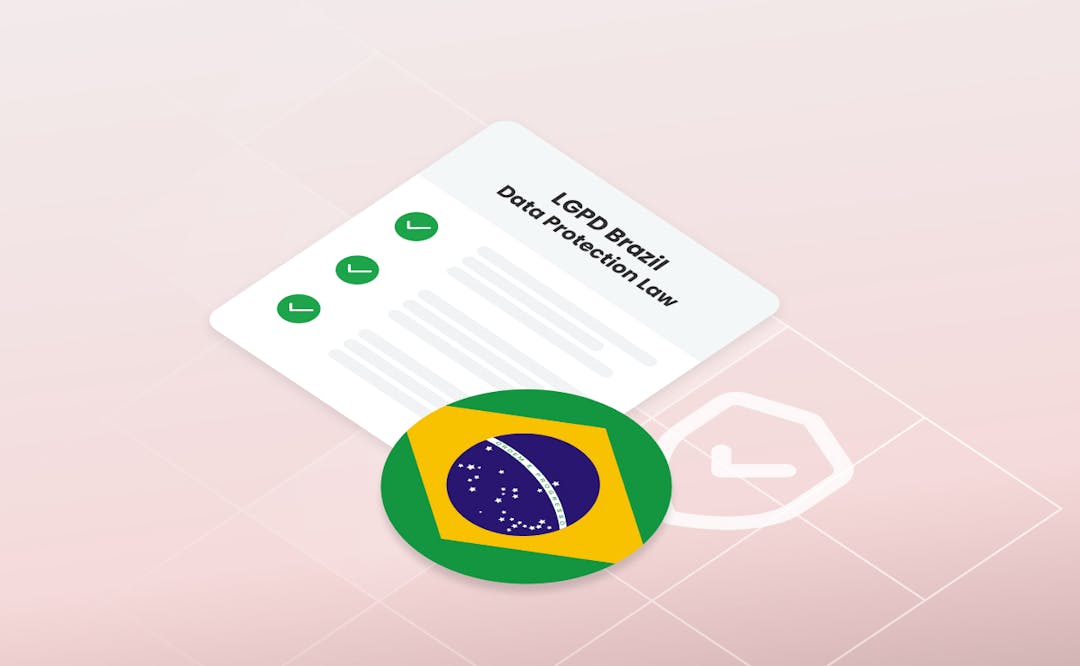
La LGPD est la loi générale brésilienne sur la protection des données (Lei Geral de Proteção de Dados Pessoais). Il a été adopté par le Congrès national du Brésil le 14 août 2018 et est entré en vigueur en septembre 2020.
Brexit et RGPD : ce qu’il faut savoir ?
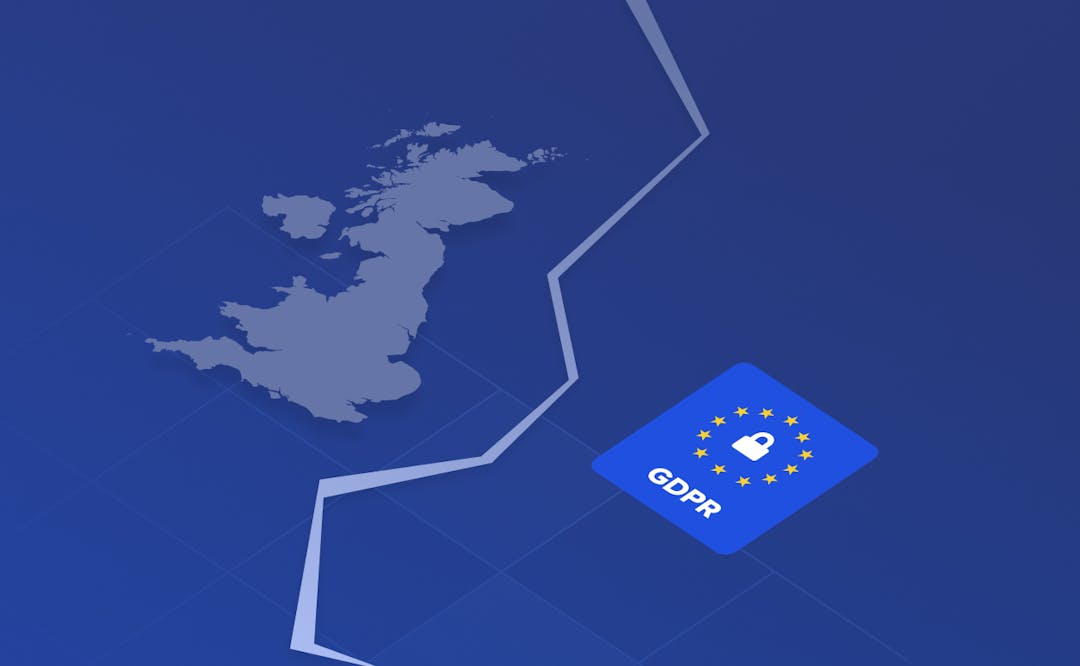
Lorsque le RGPD est entré en vigueur en mai 2018, le Royaume-Uni était encore un État membre de l’UE. Bien que les négociations pour la sortie du Royaume-Uni de l’UE (Brexit) soient en cours depuis le référendum de 2016, le Royaume-Uni est resté tenu de se conformer au RGPD.
Le RGPD s’applique-t-il aux entreprises en dehors de l’UE ?

En 2018, l’Union européenne (UE) a lancé le Règlement général sur la protection des données (RGPD). Il régit la collecte et l’utilisation des données personnelles par toutes les entités privées et publiques. Le règlement s’applique exclusivement aux données personnelles des citoyens de l’UE. Cela signifie que les entreprises en dehors de l’UE ne sont pas exemptées. Au contraire, dans certaines circonstances, le RGPD s’applique aux entreprises non européennes. Nous expliquerons ci-dessous les conditions dans lesquelles les entreprises en dehors de l’UE doivent respecter le RGPD. Et aussi, que se passe-t-il s’ils ne le font pas.
Comment être conforme au RGPD ?
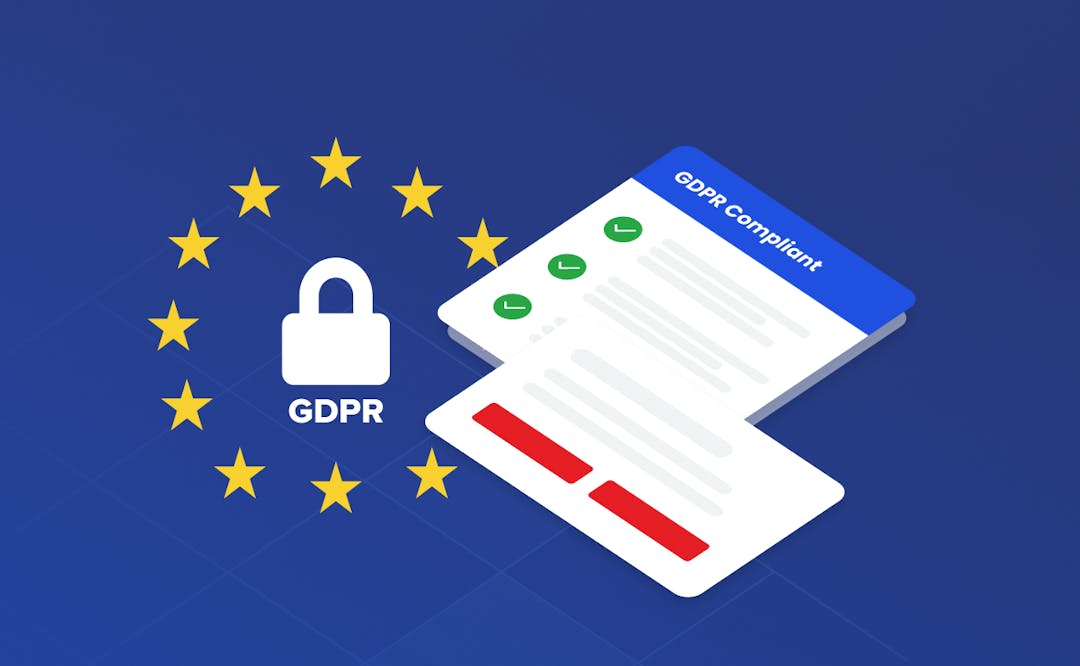
Après des années de violations de données et d’utilisation secrète des données personnelles par les entreprises technologiques, l’UE a réagi avec le RGPD. Elle régit et réglemente la collecte et l’utilisation des données personnelles des citoyens de l’UE. Cela ne s’applique pas seulement aux entreprises basées dans l’UE. Il s’applique à toute entreprise à laquelle les citoyens de l’UE ont accès – même si l’organisation ne commercialise pas directement auprès des citoyens de l’UE.
Quelles sont les exigences de consentement du RGPD ?
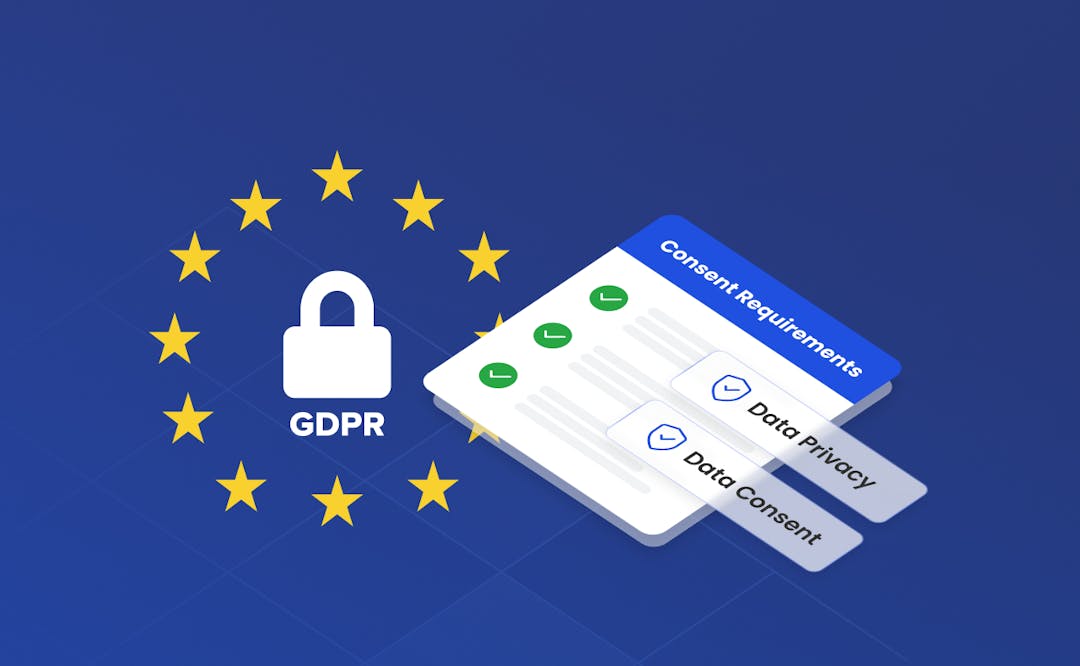
Le règlement général sur la protection des données (RGPD) est désormais la base de la législation sur la protection des données en ligne. Comme il régit toutes les données personnelles des citoyens de l’UE, le règlement ne s’applique pas uniquement aux organisations basées dans l’UE. En effet, tout site web auquel un citoyen de l’UE peut potentiellement accéder doit répondre aux normes GDPR.
Que signifie le RGPD pour les utilisateurs de technologies professionnelles et grand public ?
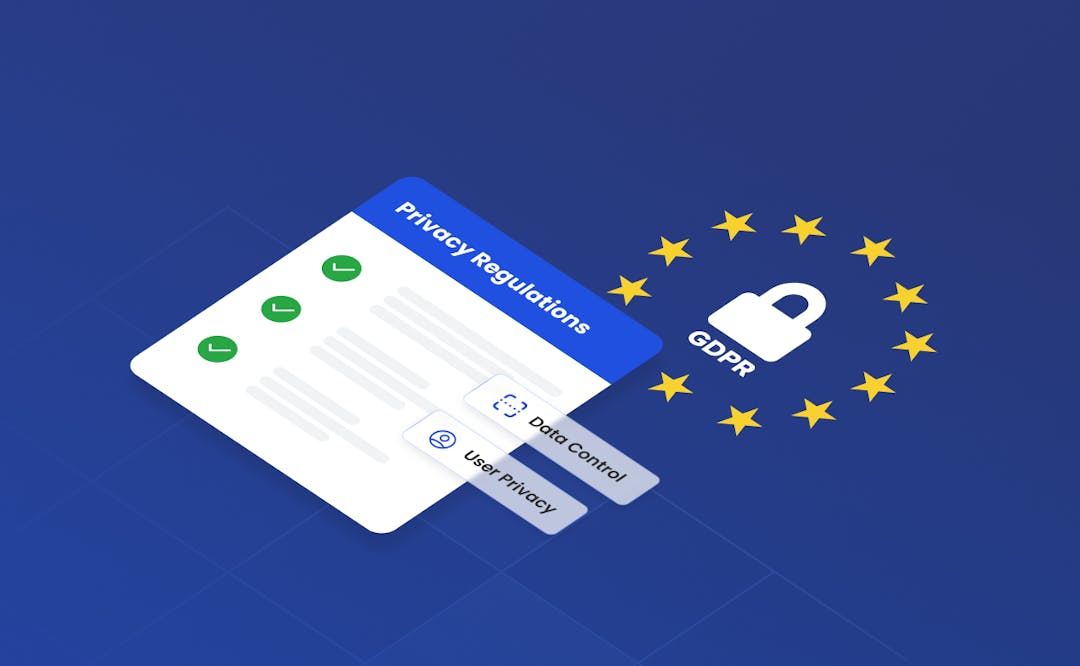
Si vous êtes une entreprise qui manipule des données personnelles, vous le savez : le RGPD a tout changé. Les organisations ne peuvent plus collecter librement des données sur des personnes du monde entier. Désormais, quel que soit l’emplacement de l’organisation, elle doit toujours traiter les données personnelles des citoyens de l’UE conformément au RGPD L’objectif fondamental du RGPD est de donner au consommateur le contrôle ferme de ses données personnelles.
Qu’est-ce qui est considéré comme une donnée personnelle en vertu du RGPD ?
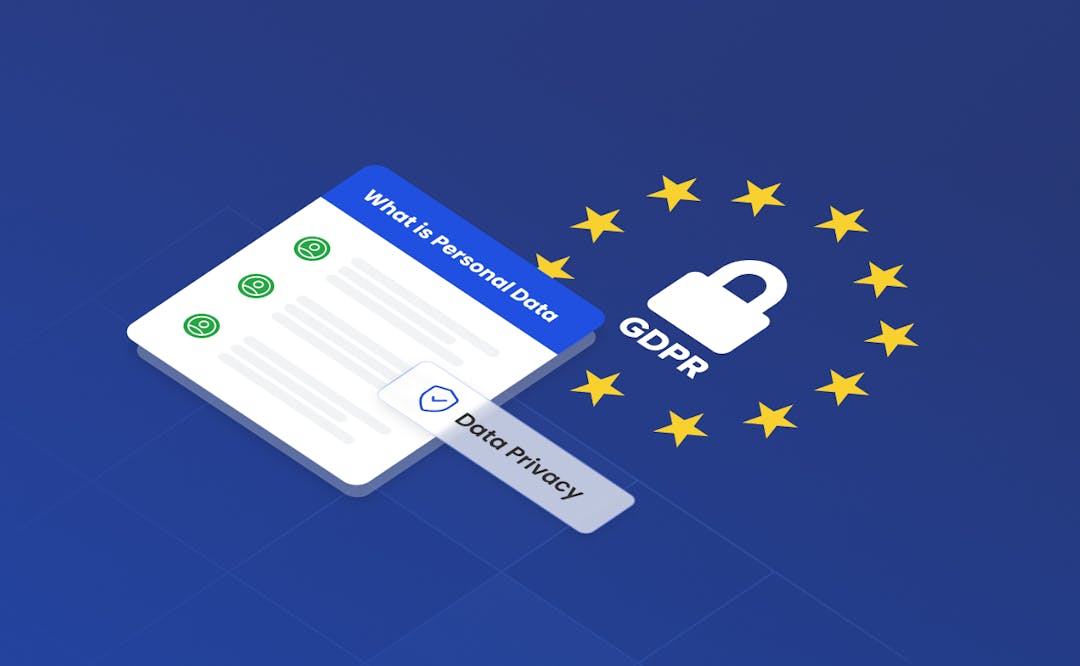
En vertu du RGPD, les données personnelles sont définies comme toute information identifiable sur une personne. Il peut s’agir d’informations telles que le nom, l’adresse, l’adresse e-mail, l’adresse IP, les données biométriques, etc. Le RGPD est la législation sur la protection des données la plus ambitieuse au monde. Il régit la collecte, le stockage et la destruction des données personnelles de tous les citoyens de l’UE. Les organisations situées géographiquement en dehors de l’UE ne sont pas non plus exemptées. Ce règlement général couvre toutes les données personnelles des citoyens de l’UE.
Qu’est-ce que le RGPD?
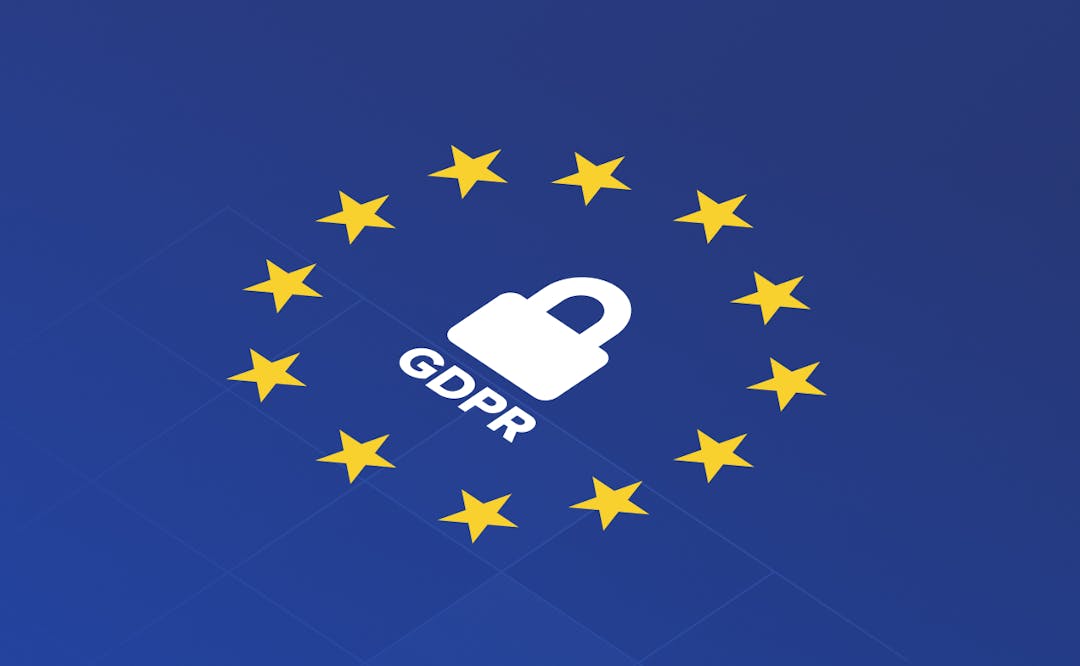
Si vous travaillez dans le domaine de la protection des données ou si vous êtes simplement actif en ligne, vous avez probablement entendu parler du RGPD. Rédigée et adoptée par l’UE, il s’agit de la loi la plus stricte au monde en matière de protection de la vie privée et de sécurité. Cependant, le RGPD n’est pas exclusivement lié aux pays de l’UE. Parce que le RGPD impose des obligations aux organisations partout dans le monde si elles se retrouvent en possession de données de citoyens de l’UE.
Definiciones de la Ley de Cookies
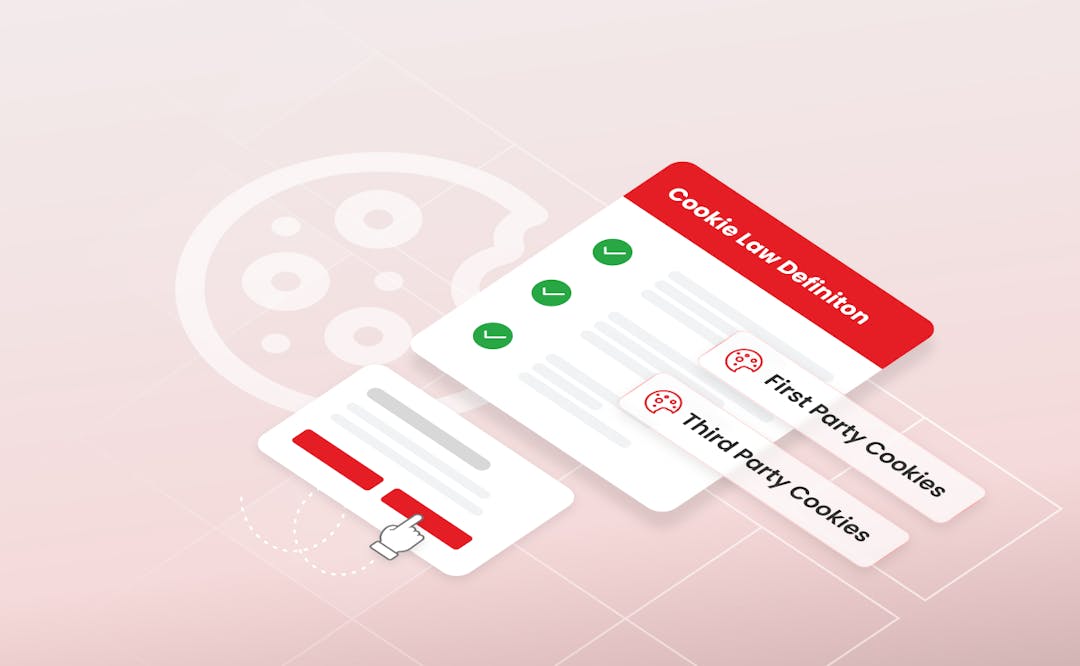
Lorsque vous naviguez sur Internet, il est fort probable que vous ayez rencontré d’innombrables fenêtres pop-up ou bannières indiquant l’utilisation de cookies et une demande à l’utilisateur final d’autoriser les cookies. Cela est dû aux réglementations de protection de la vie privée mises en œuvre ces dernières années (c’est-à-dire la loi européenne sur les cookies-2009 ePrivacy Directive et le RGPD), dans le but de protéger les individus. Ces consentements enregistrés servent à protéger les spécialistes du marketing et les entreprises contre les ramifications juridiques.
Qu’est-ce qu’un cookie de suivi ?
La plupart des gens connaissent le terme « cookie » lorsqu’il s’agit de naviguer sur le Web, mais si vous souhaitez en savoir plus sur le véritable objectif d’un cookie de suivi, continuez à lire.
©2018-2026 CookieHub ehf.
CookieHub CMP offers tools and services for managing cookies and online privacy.


